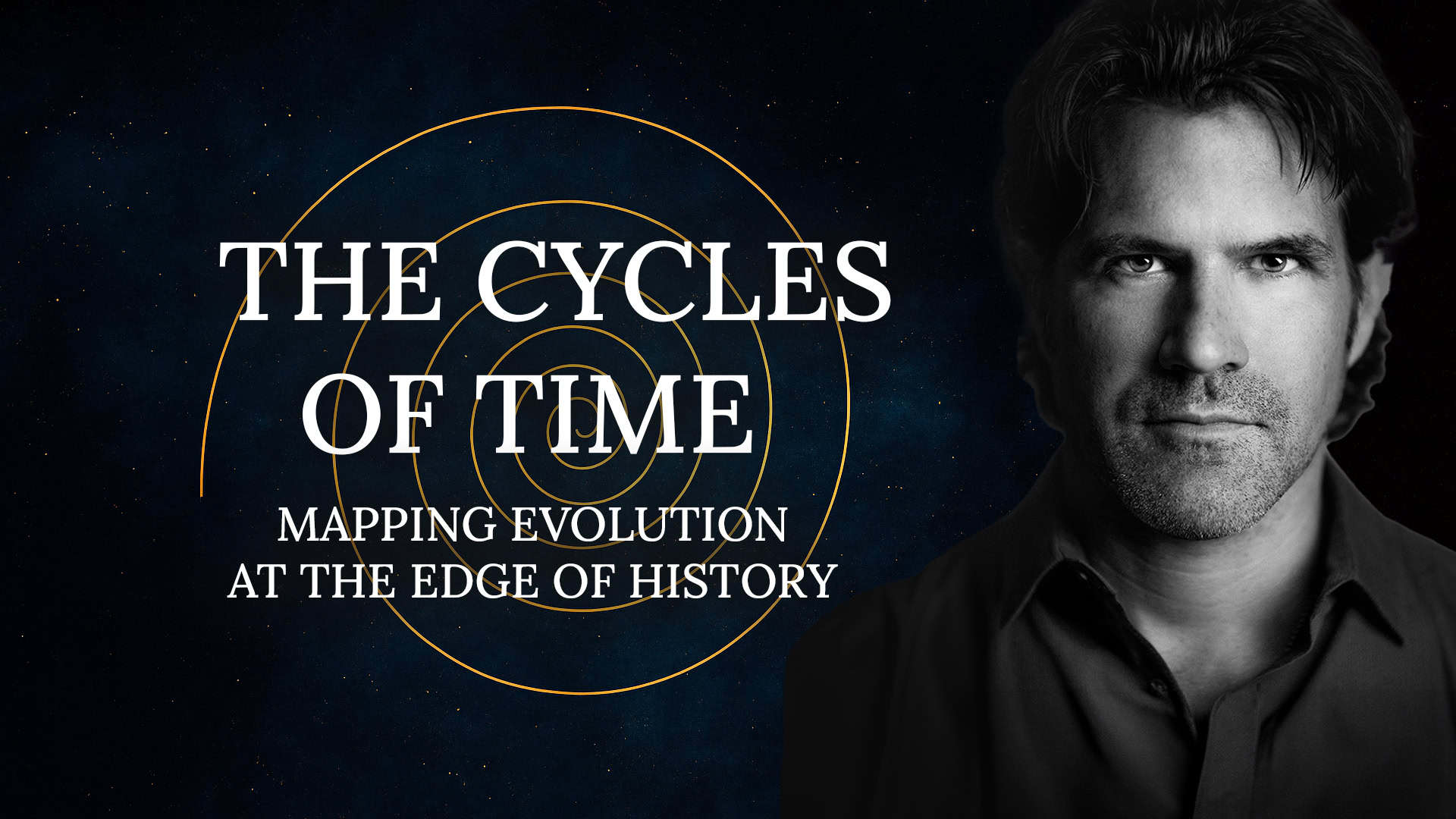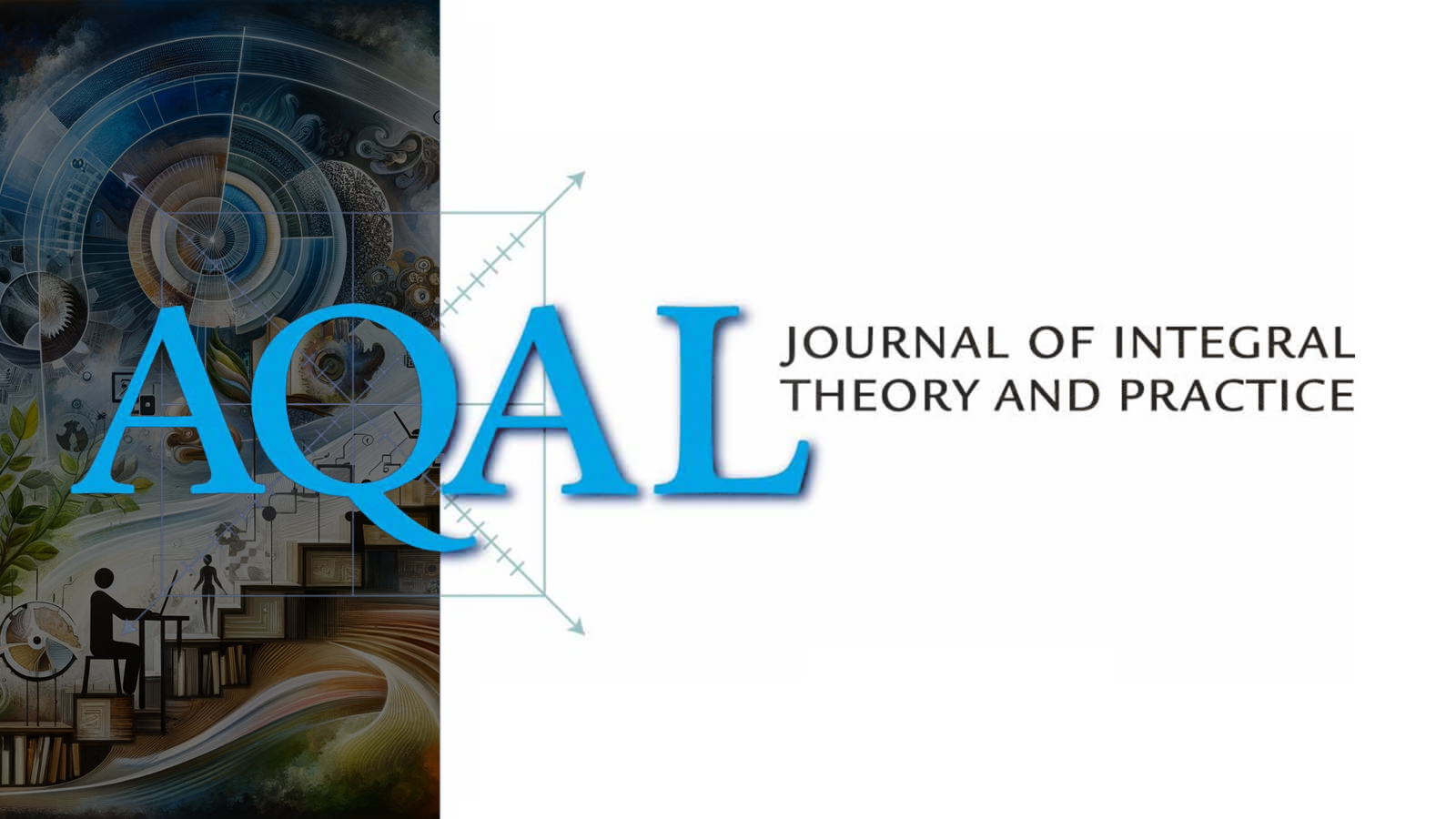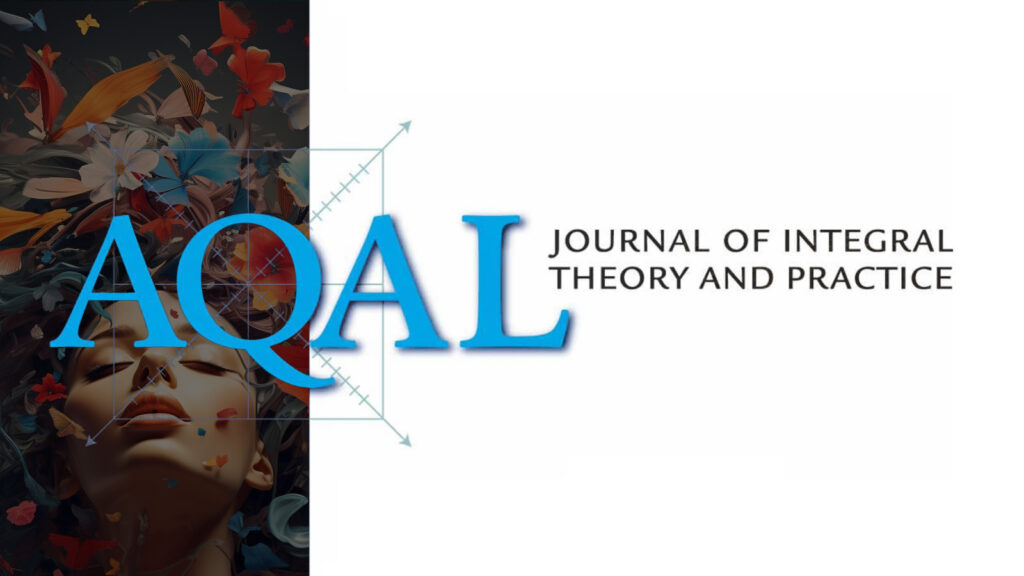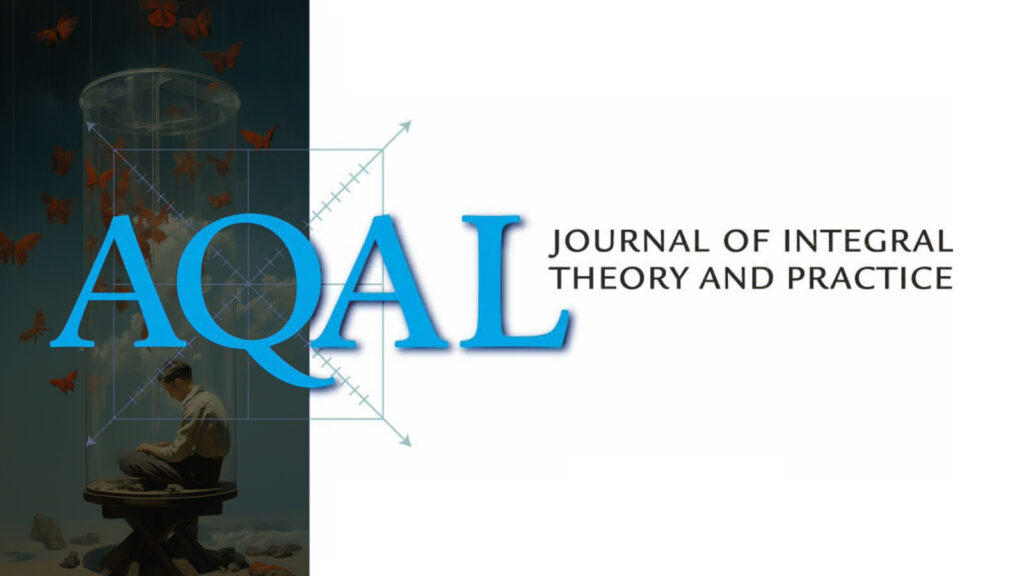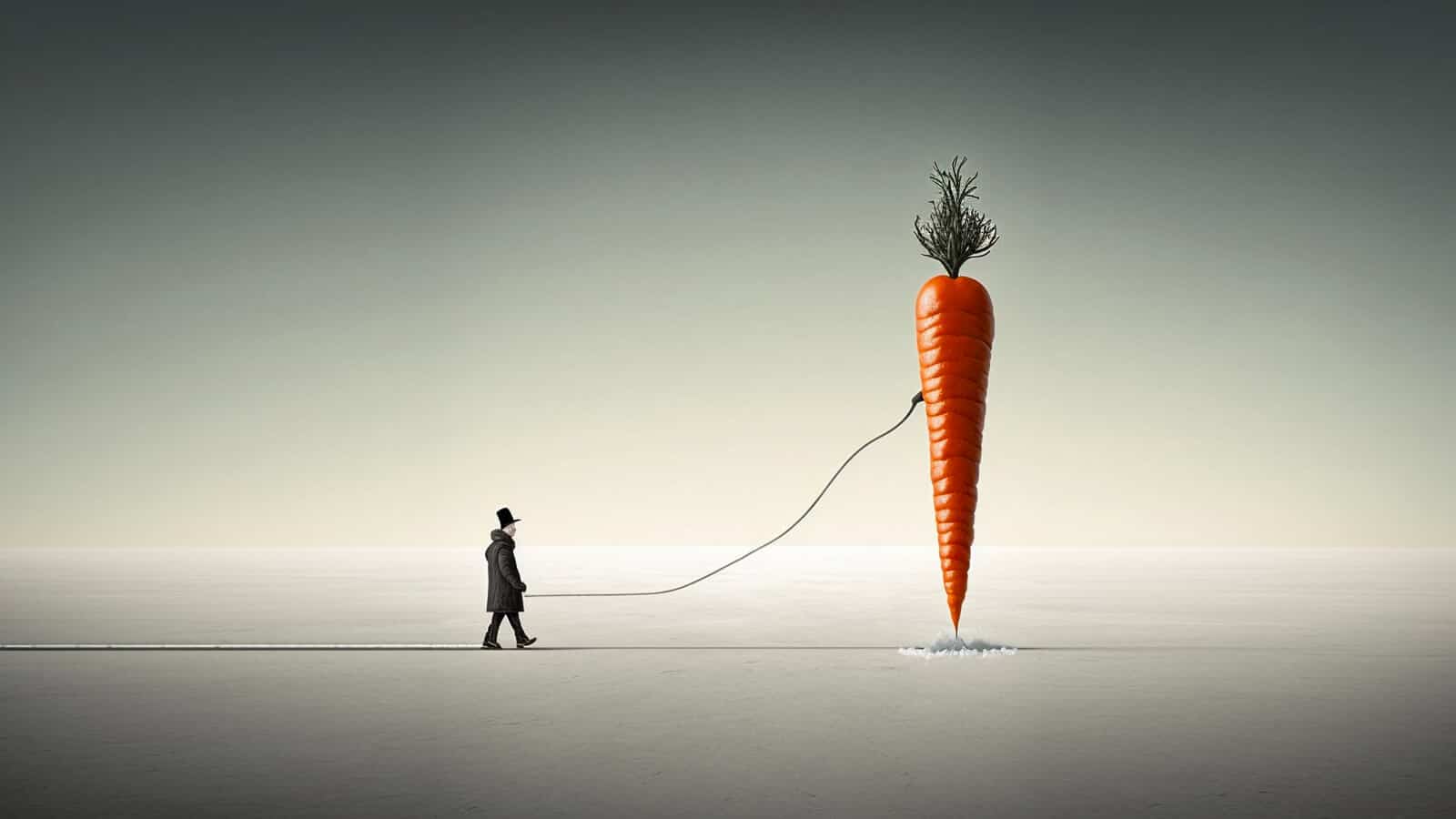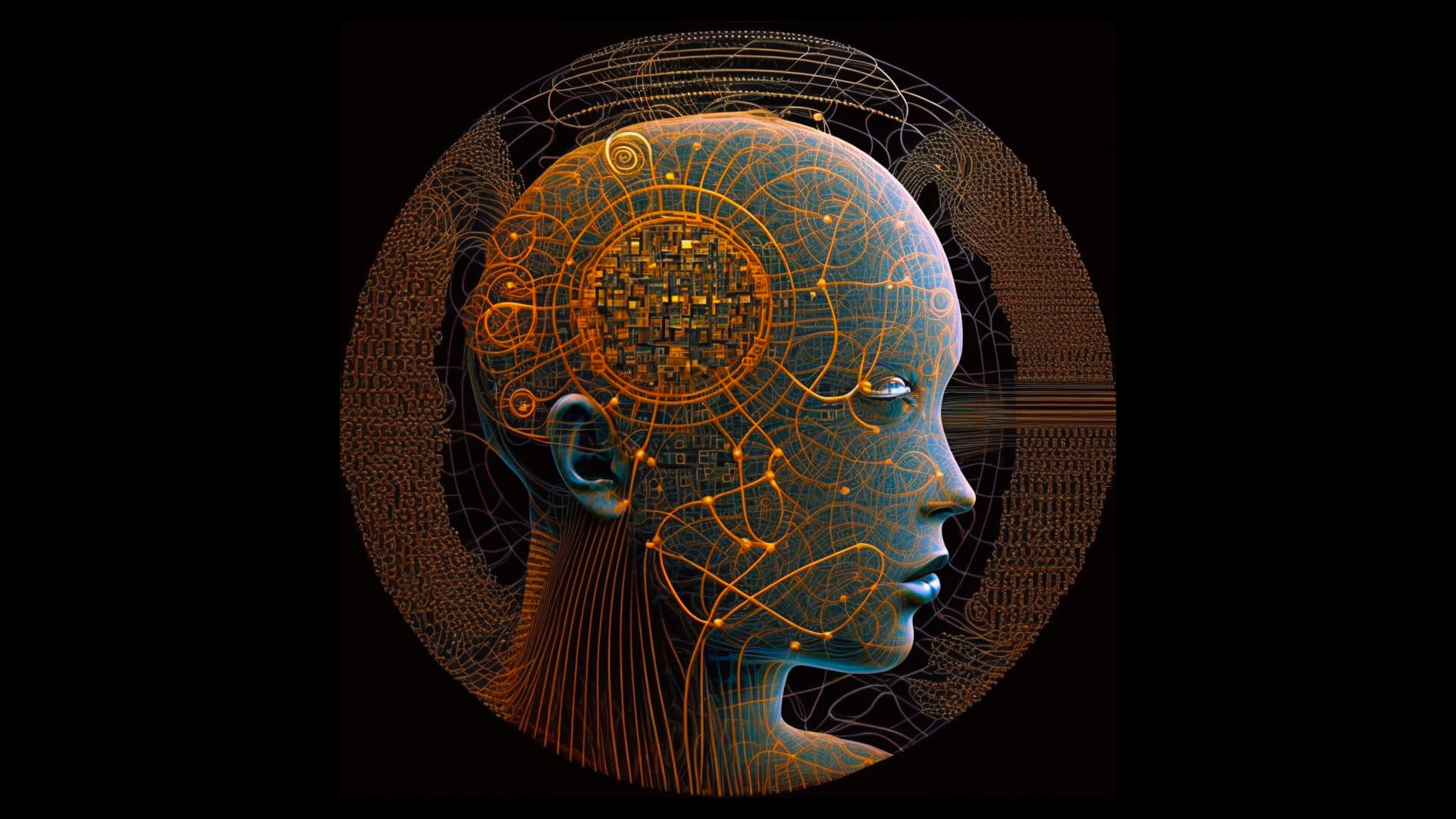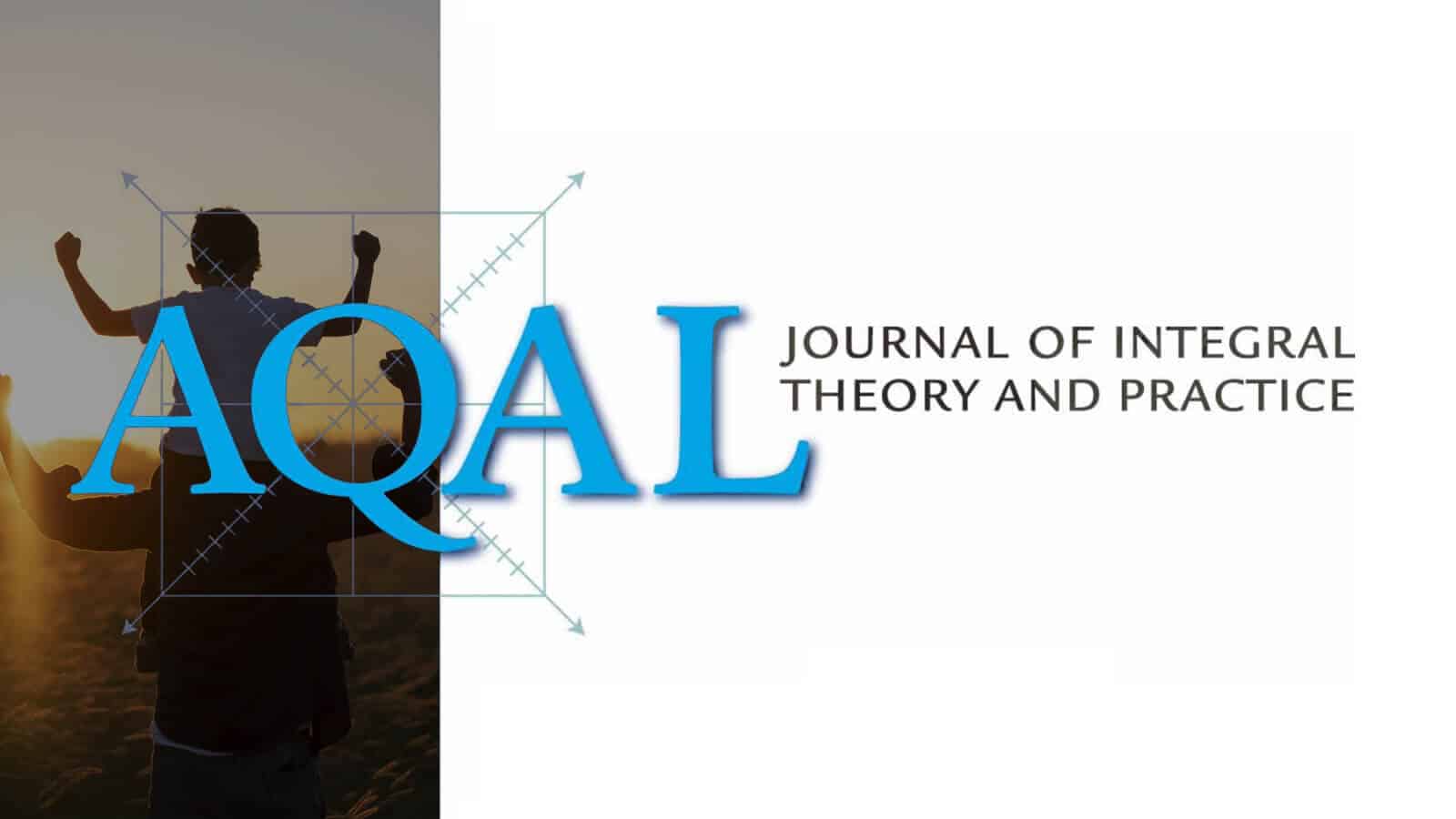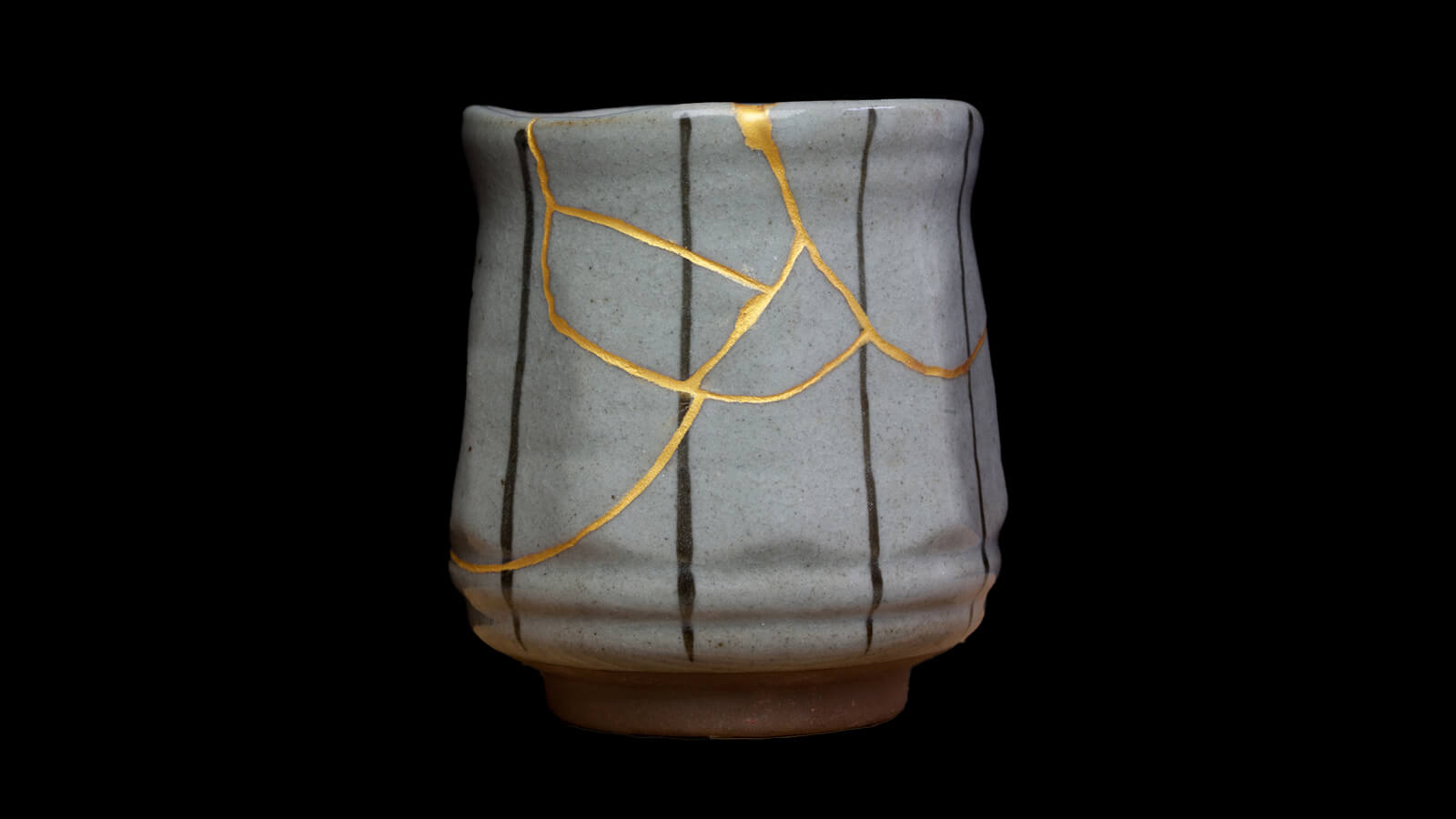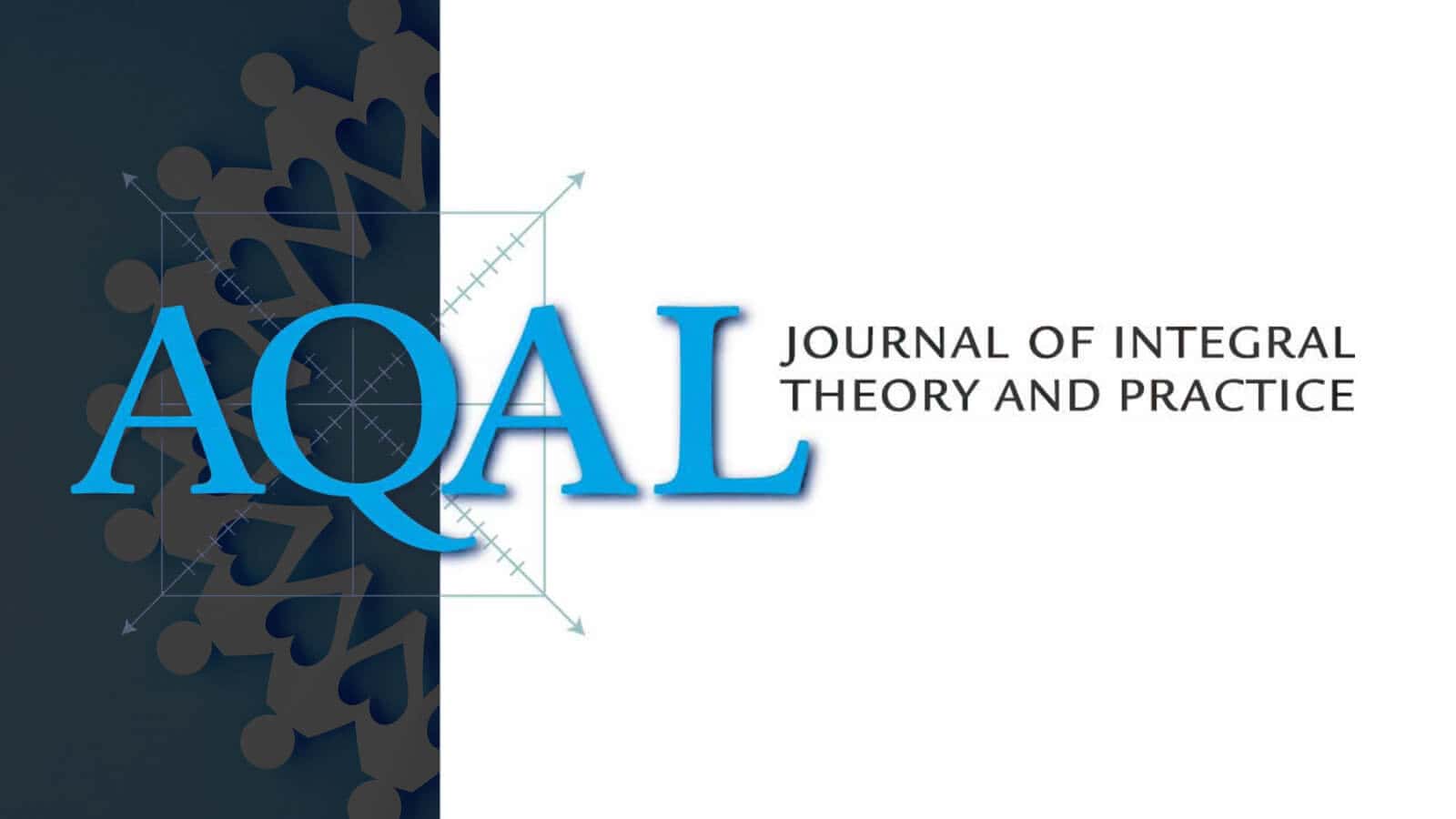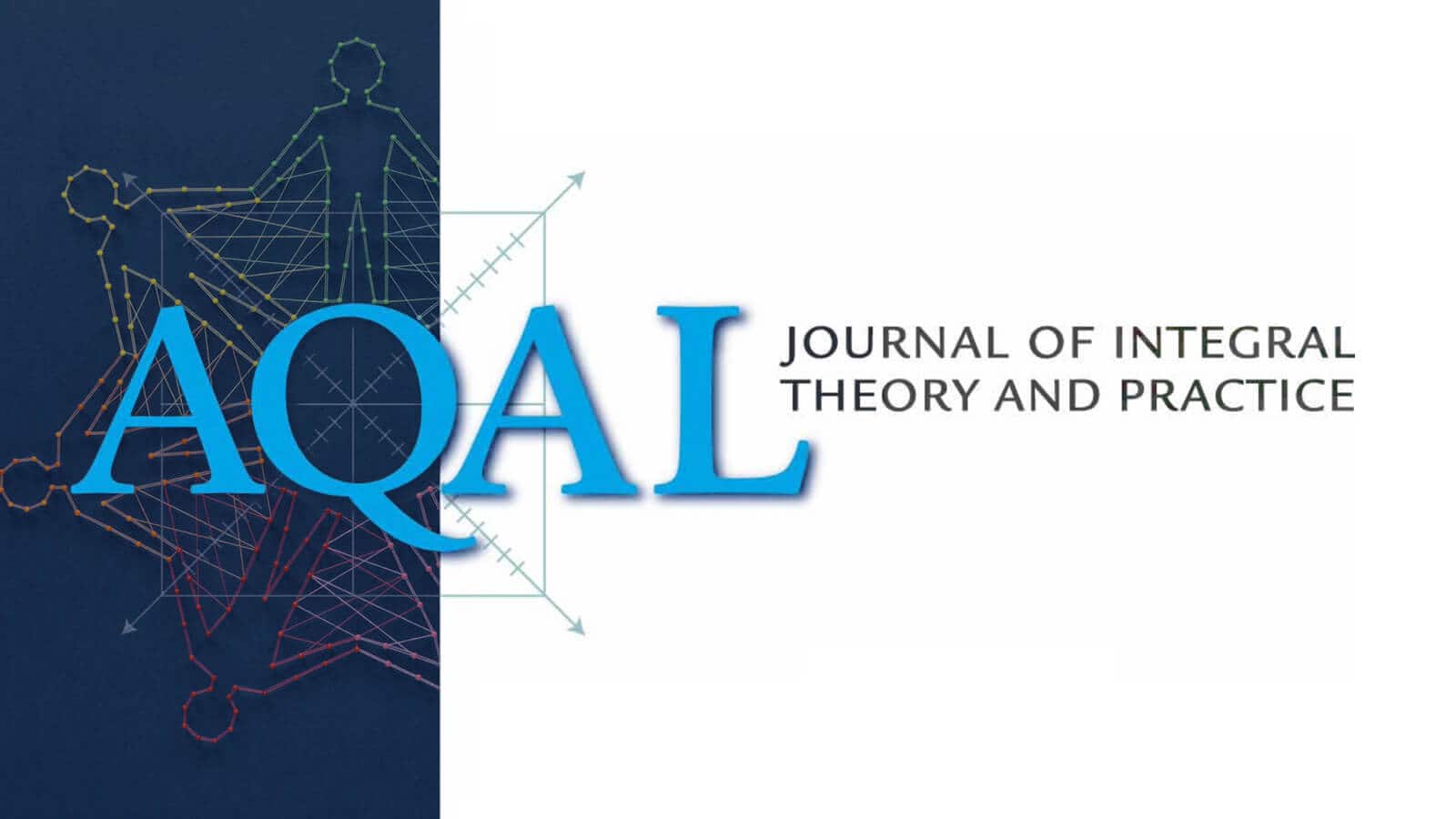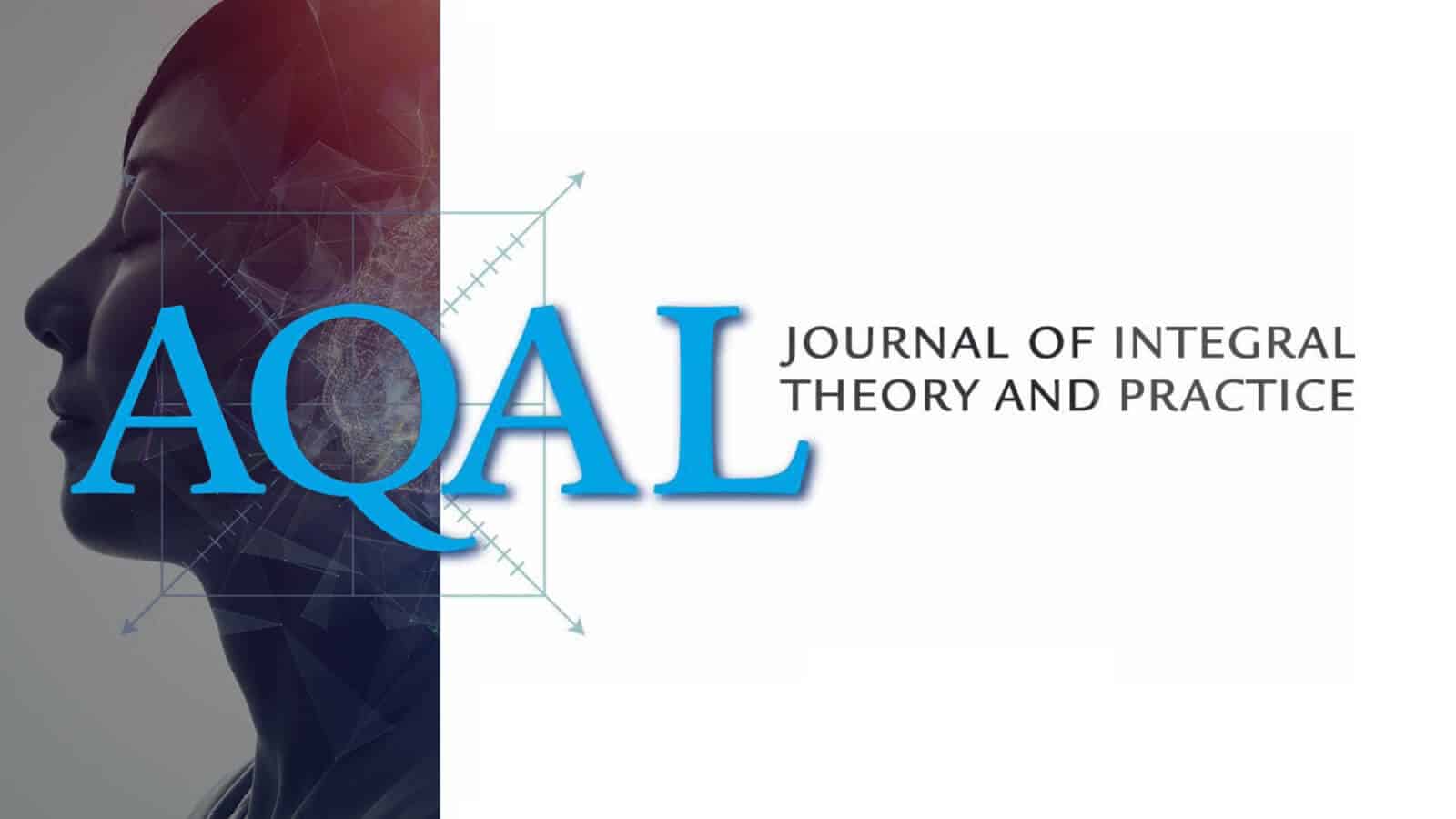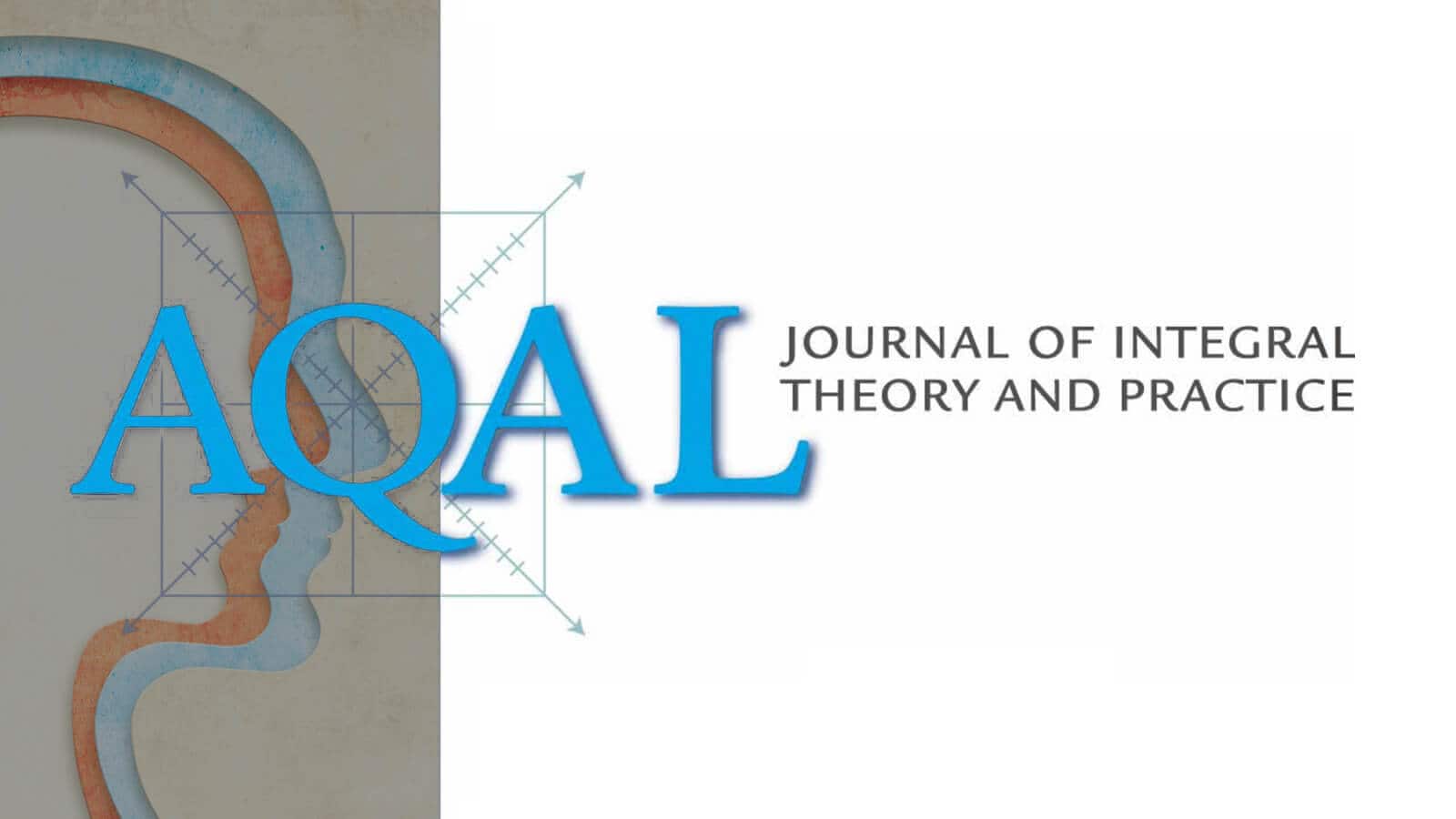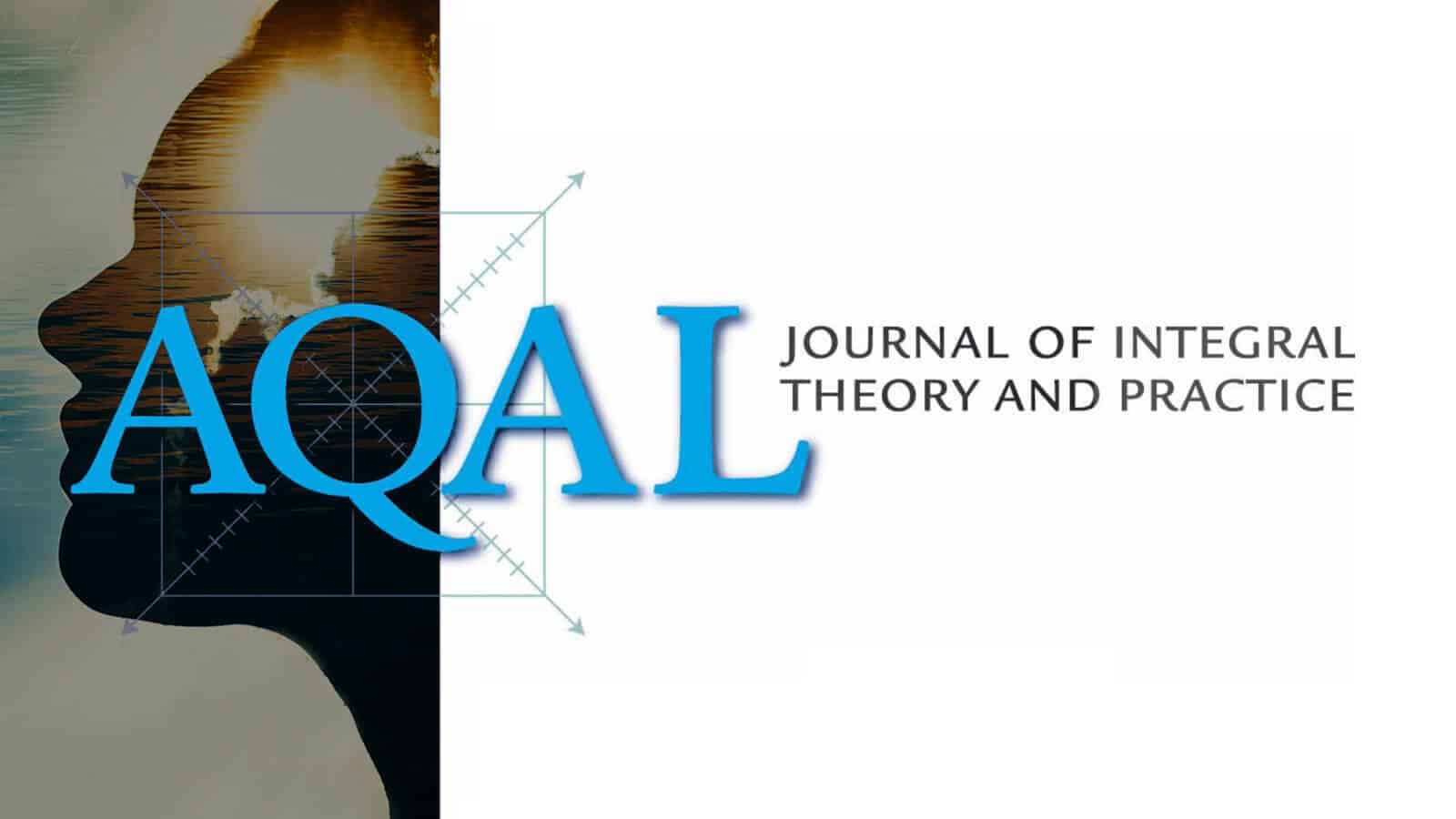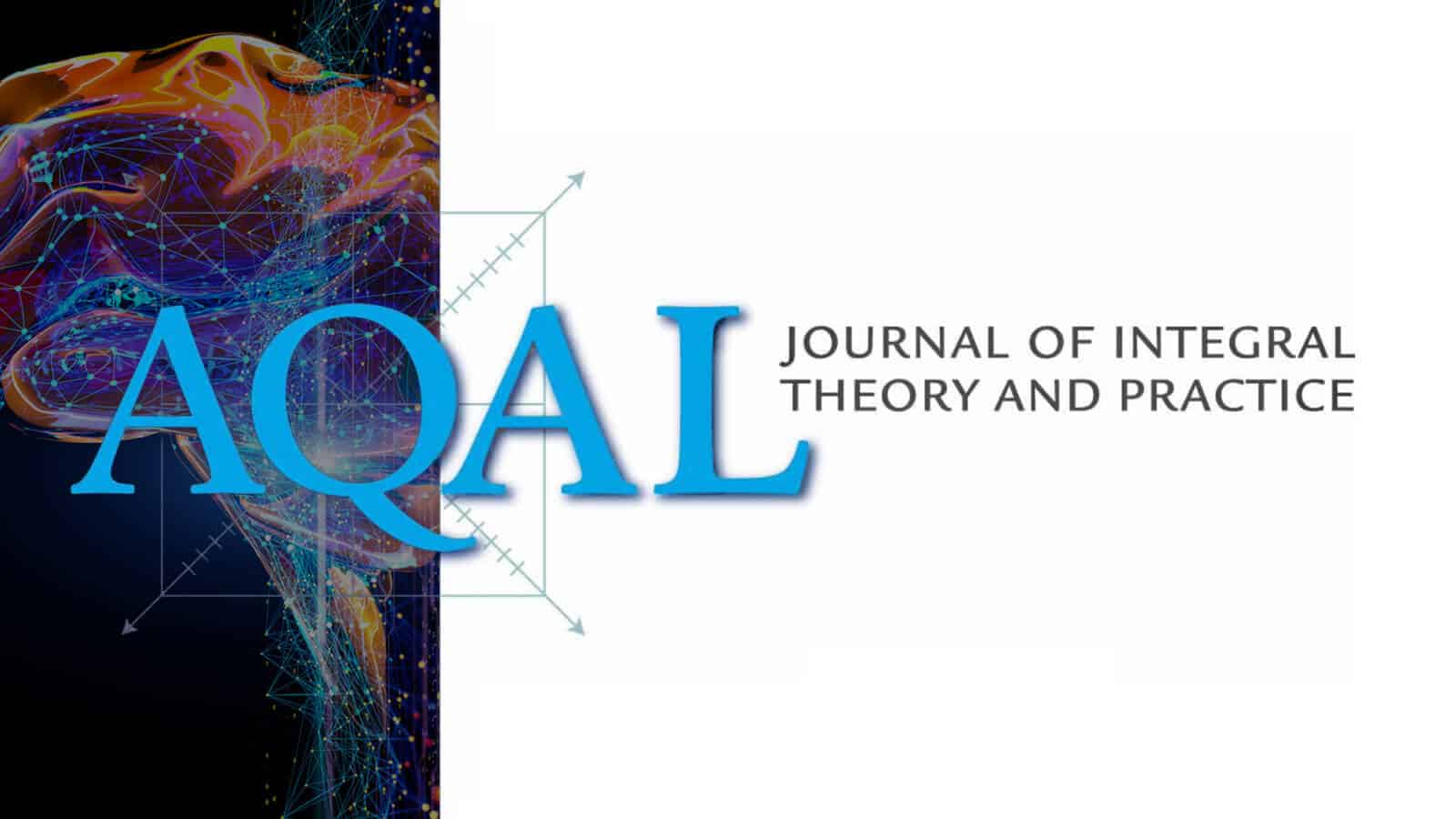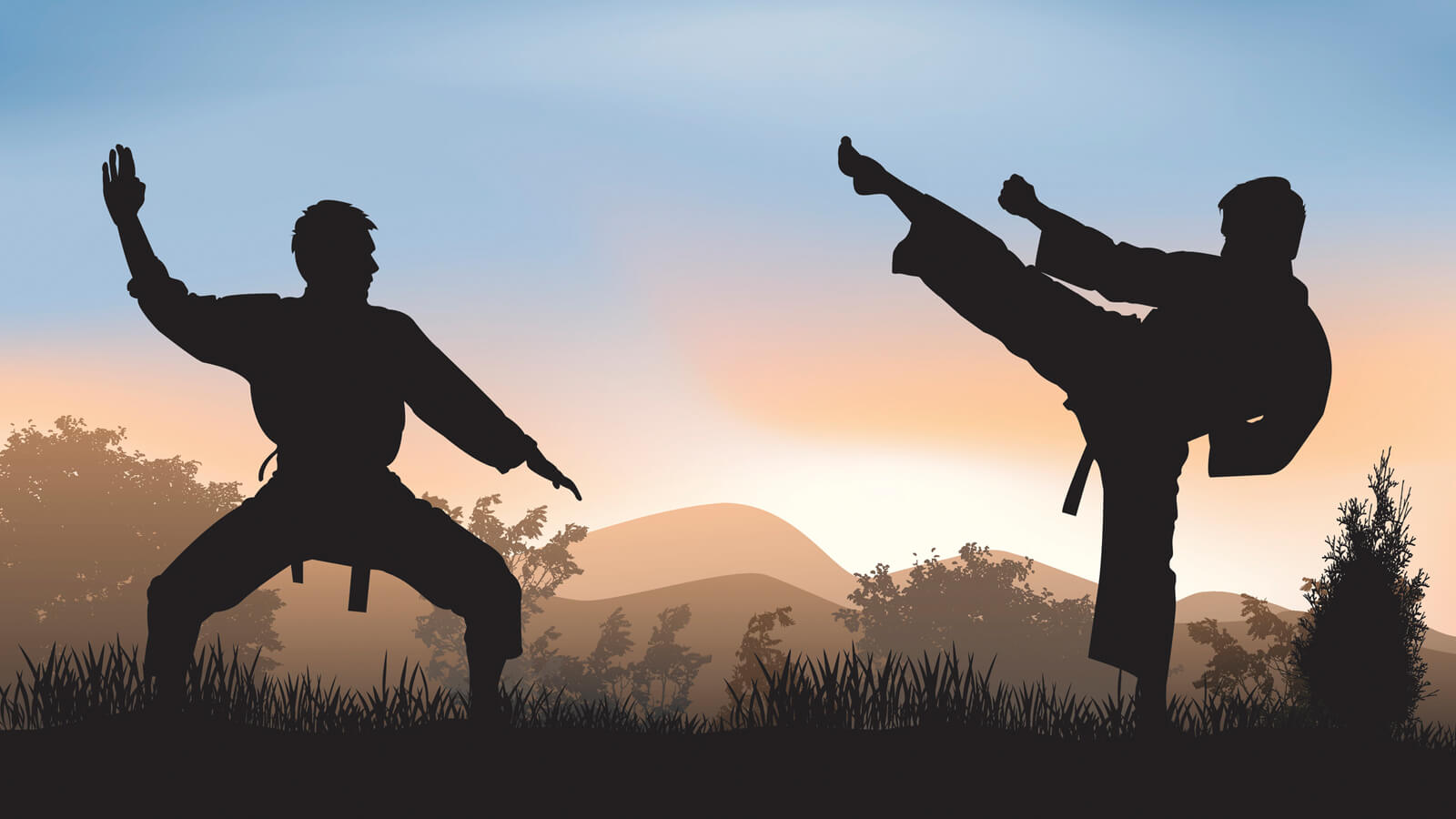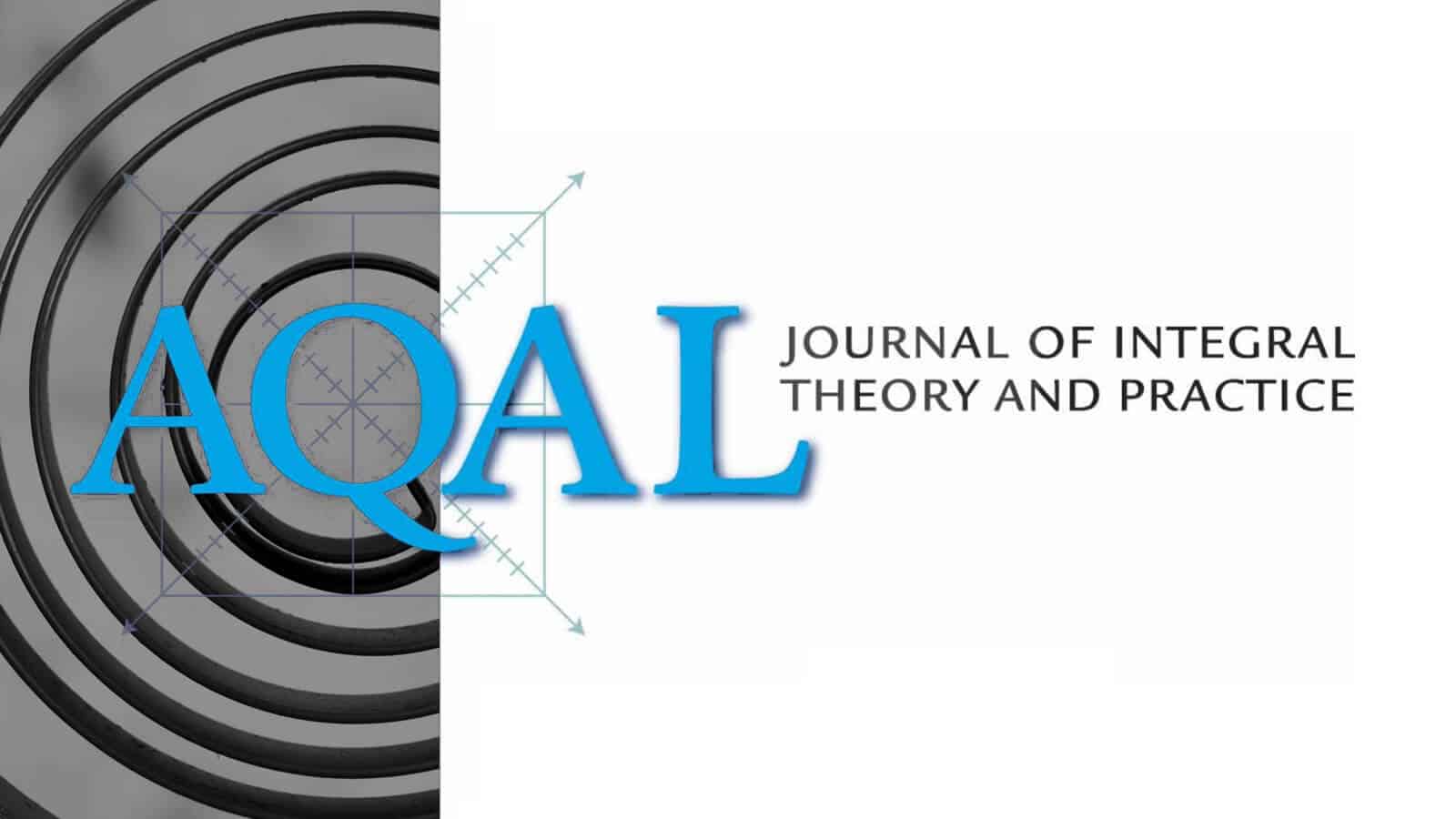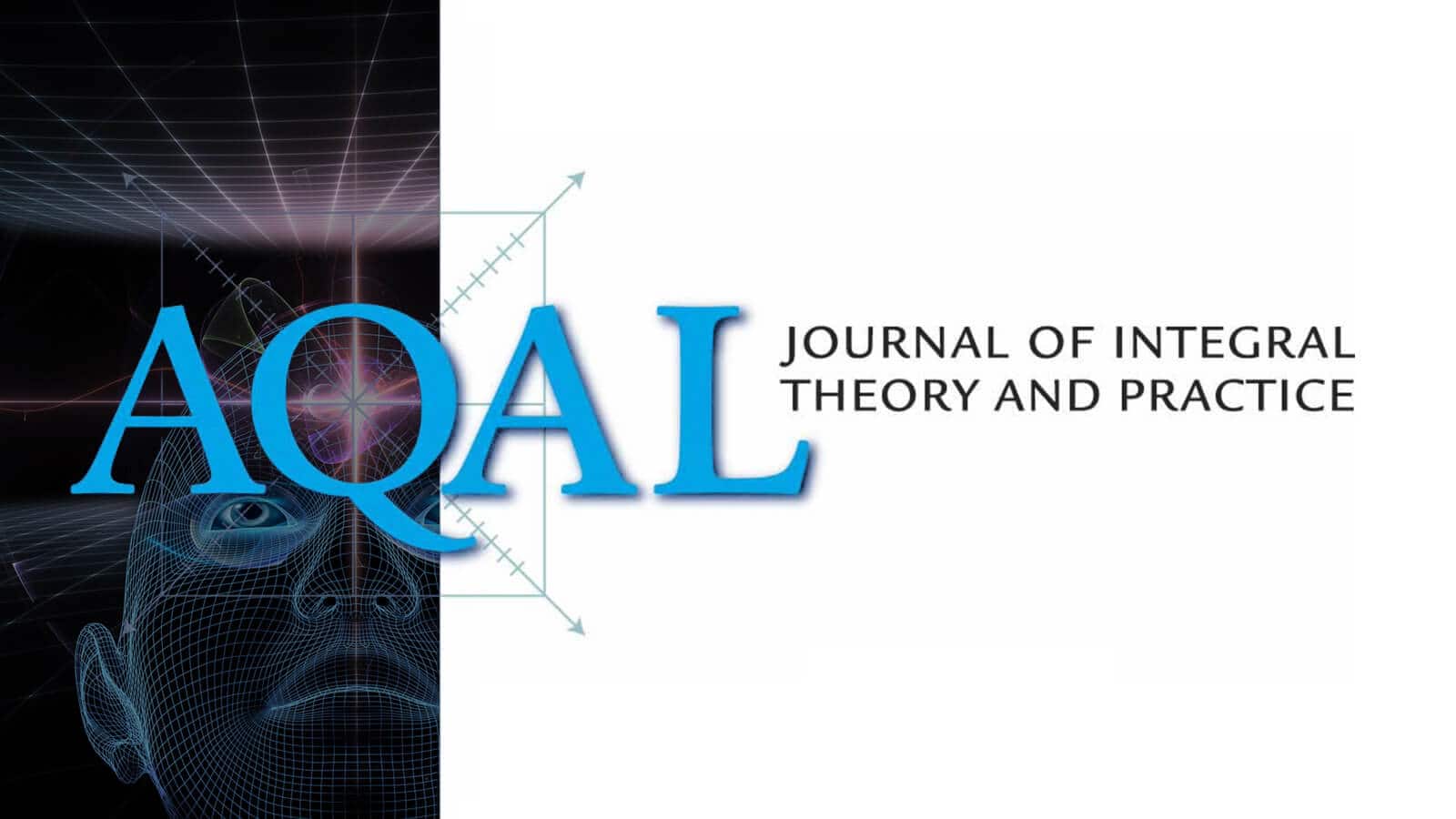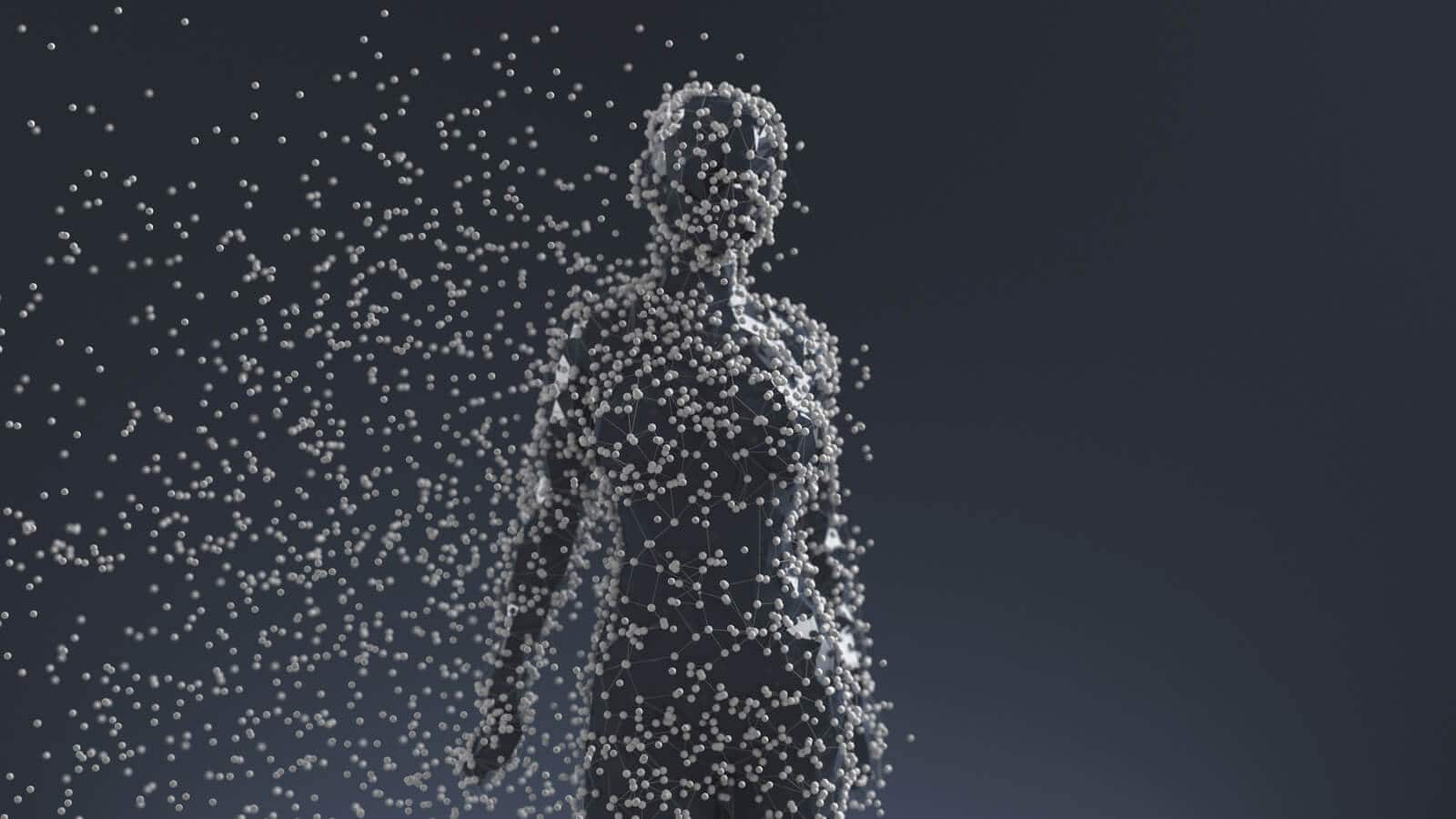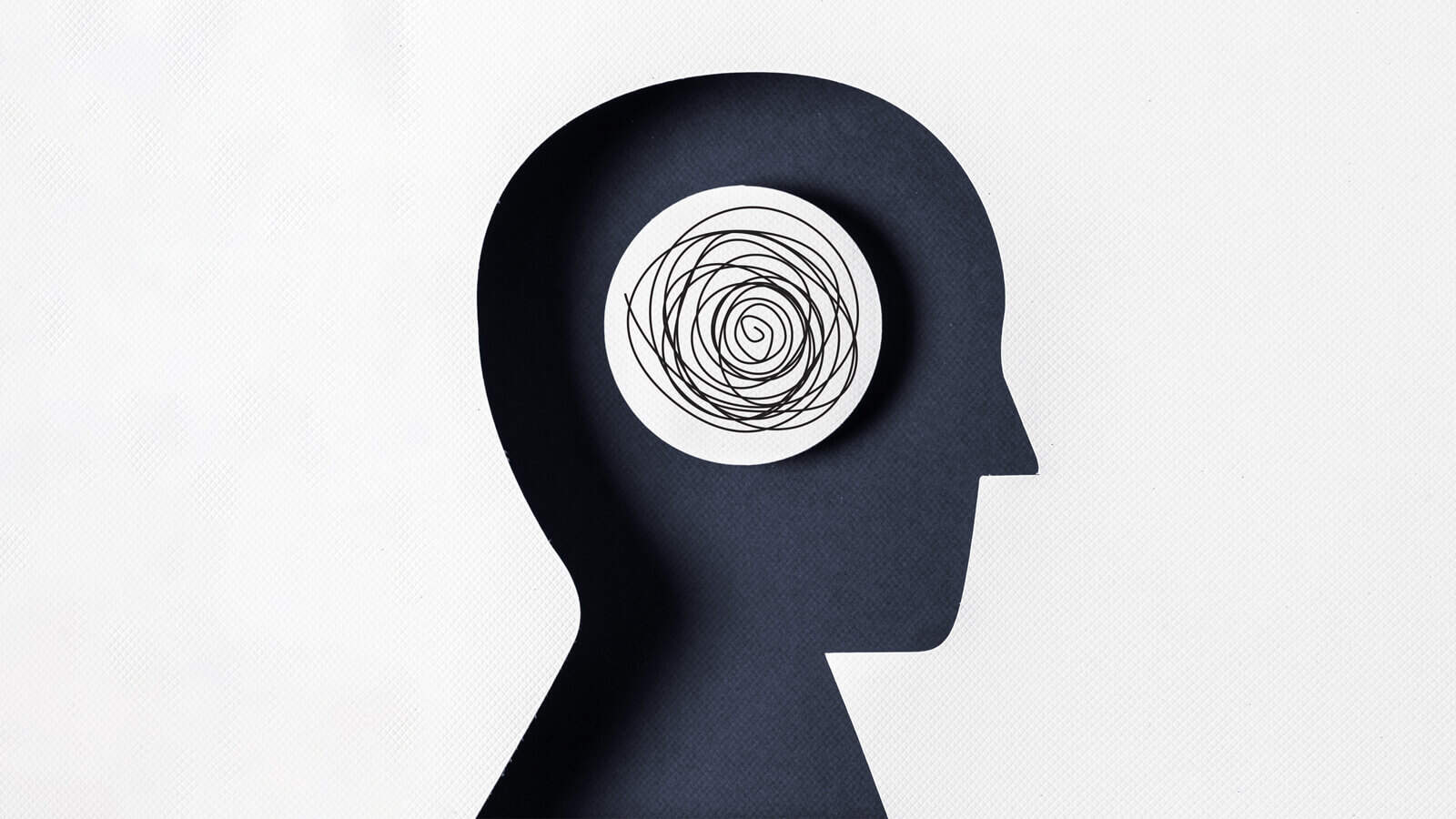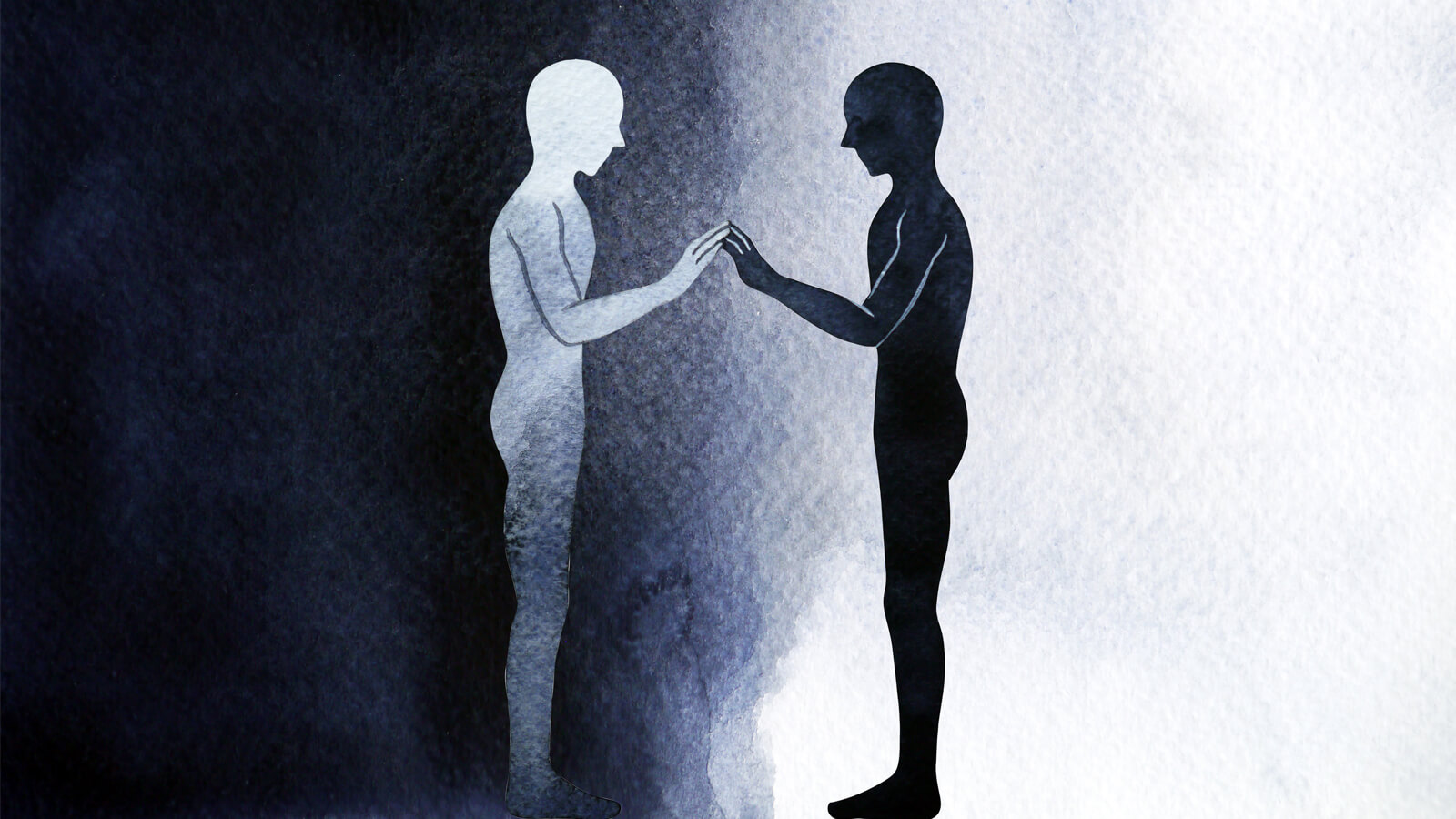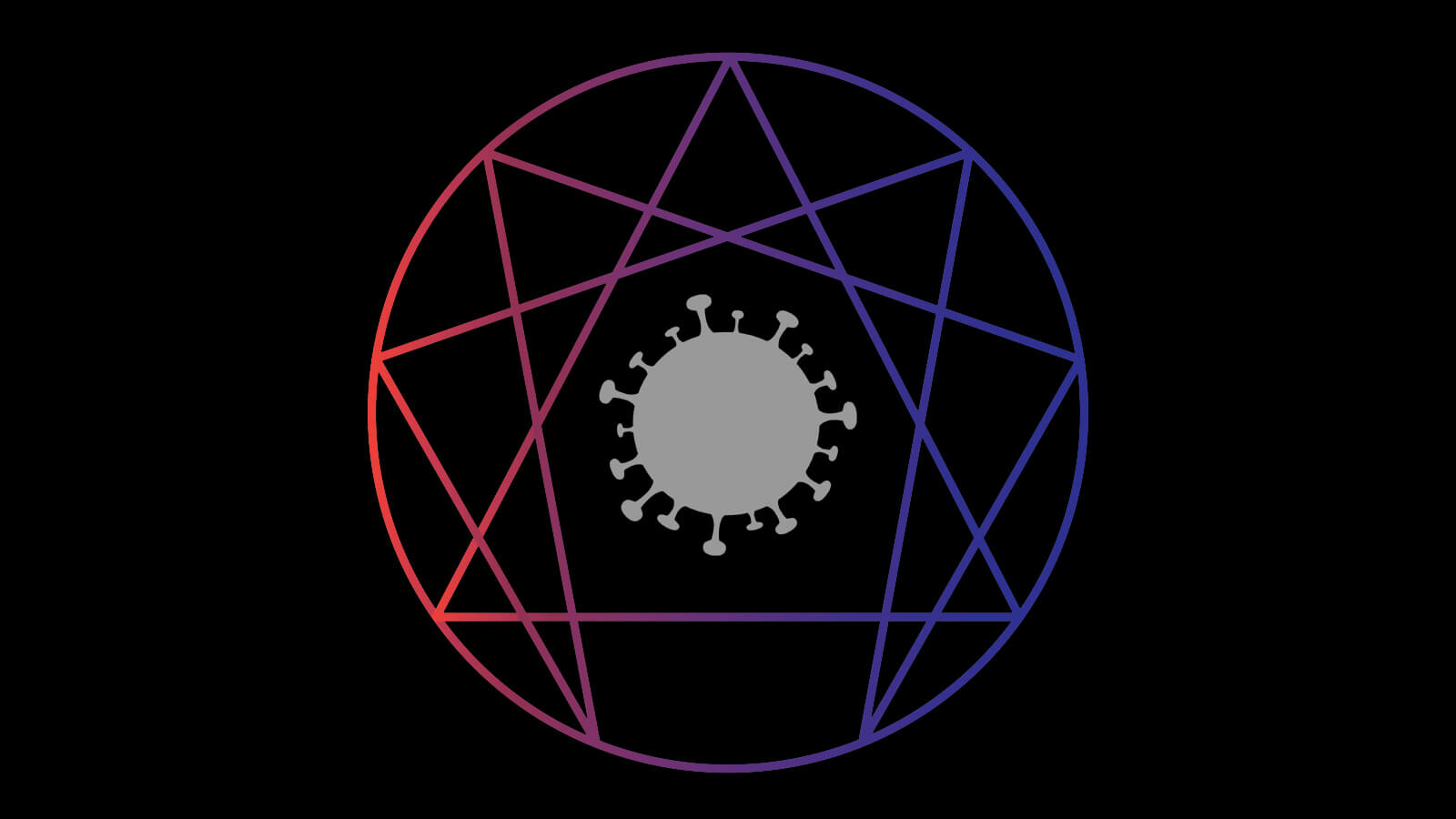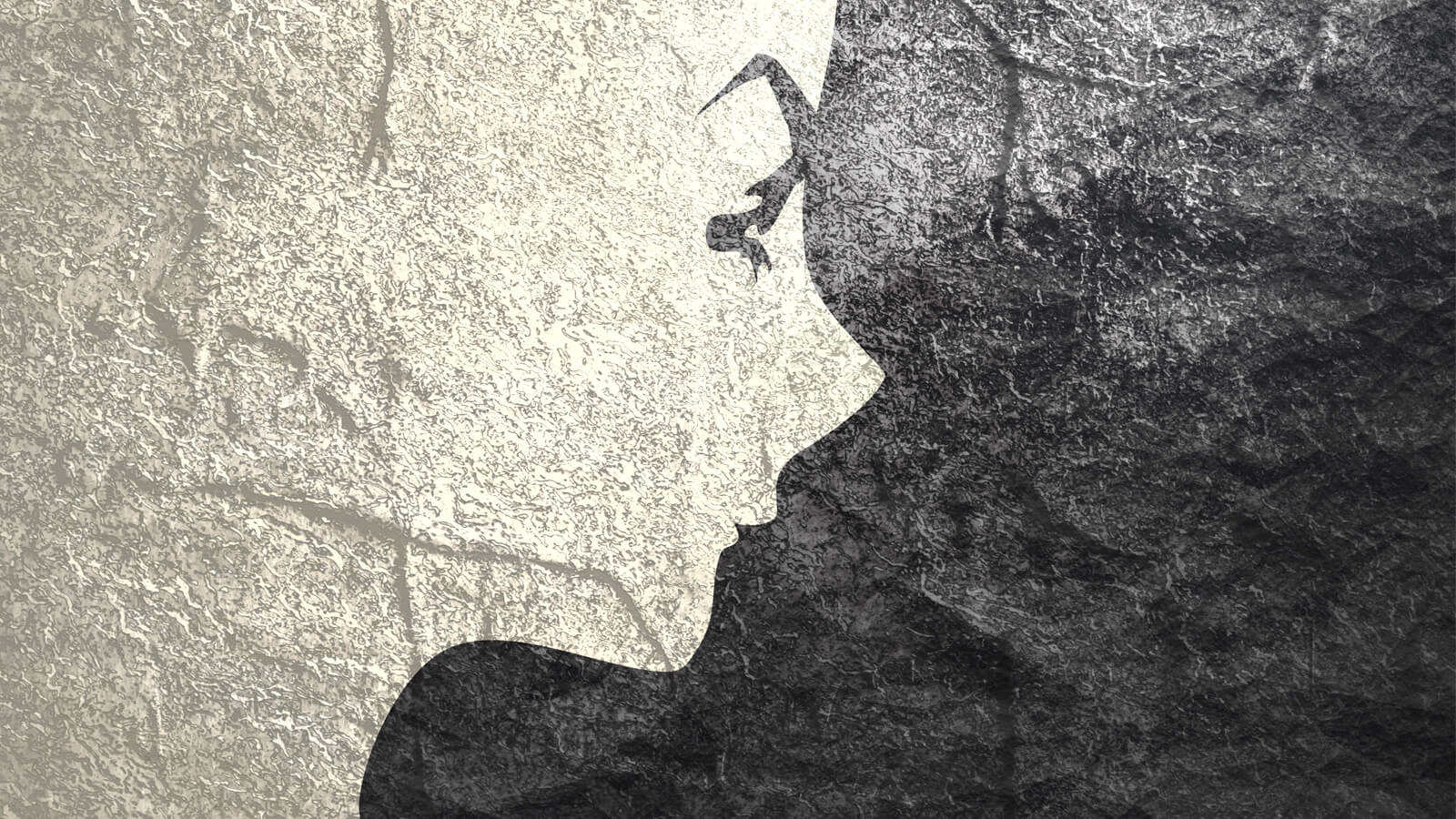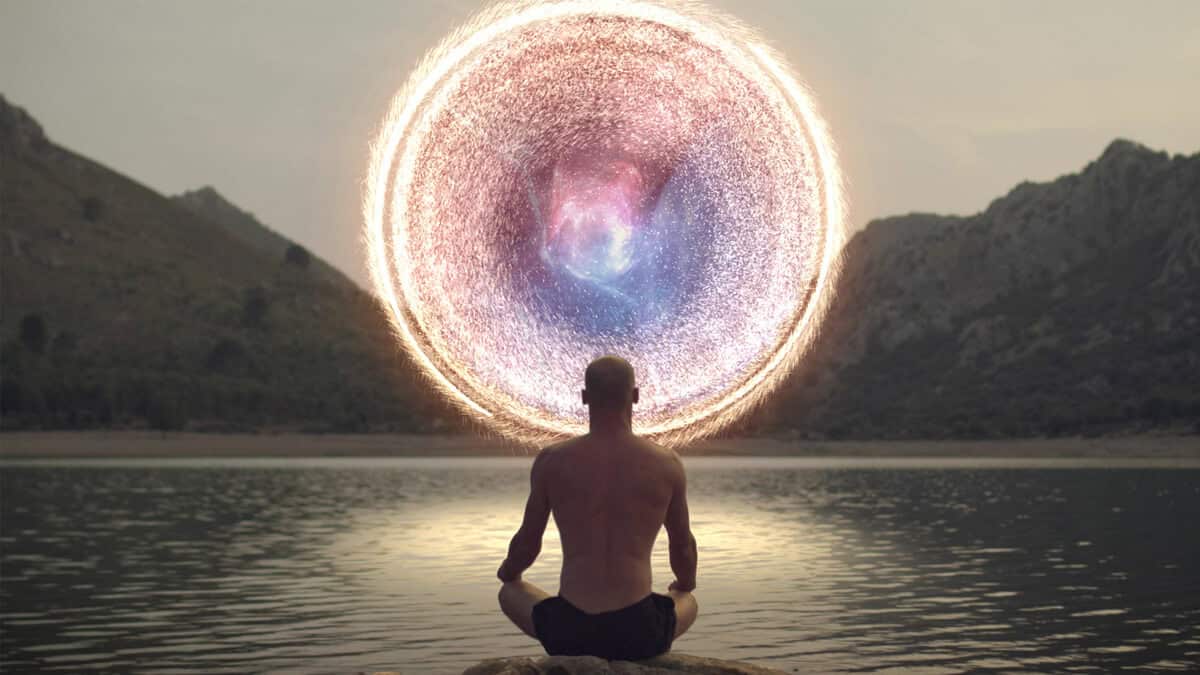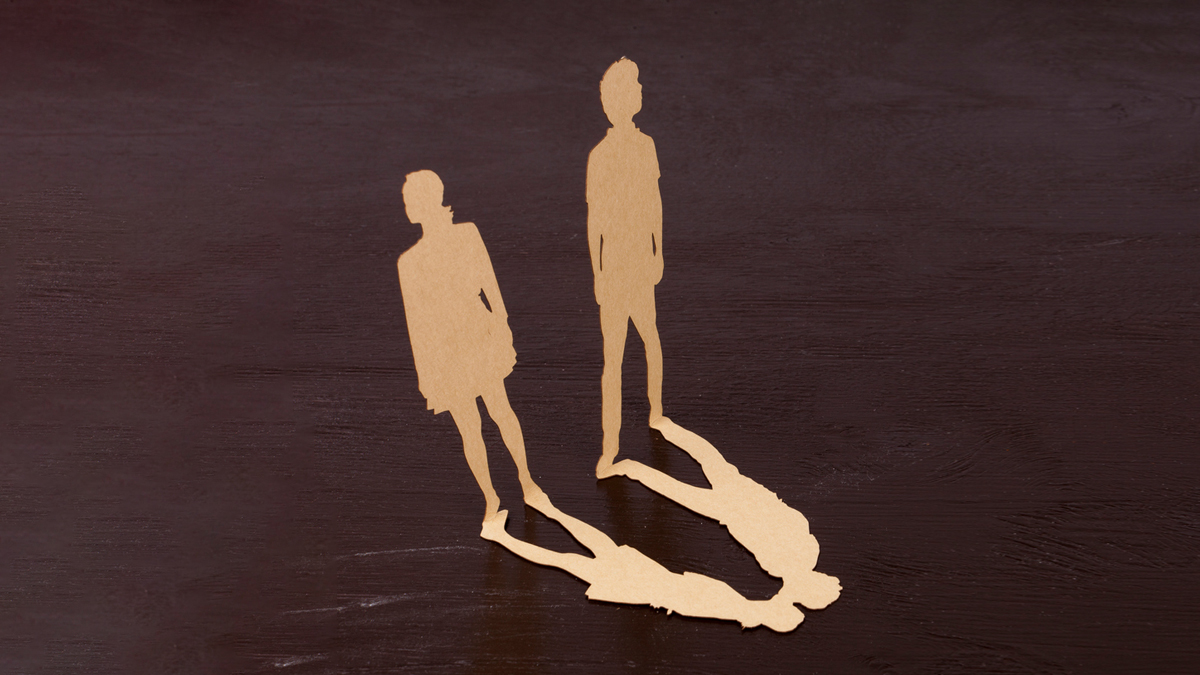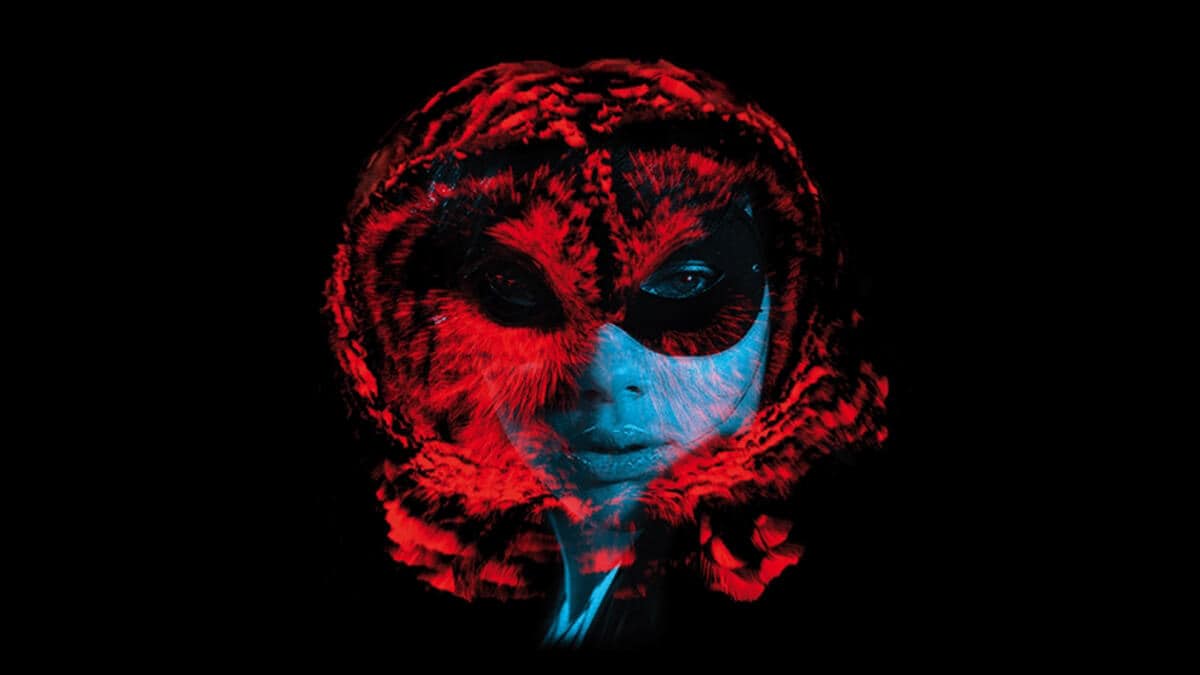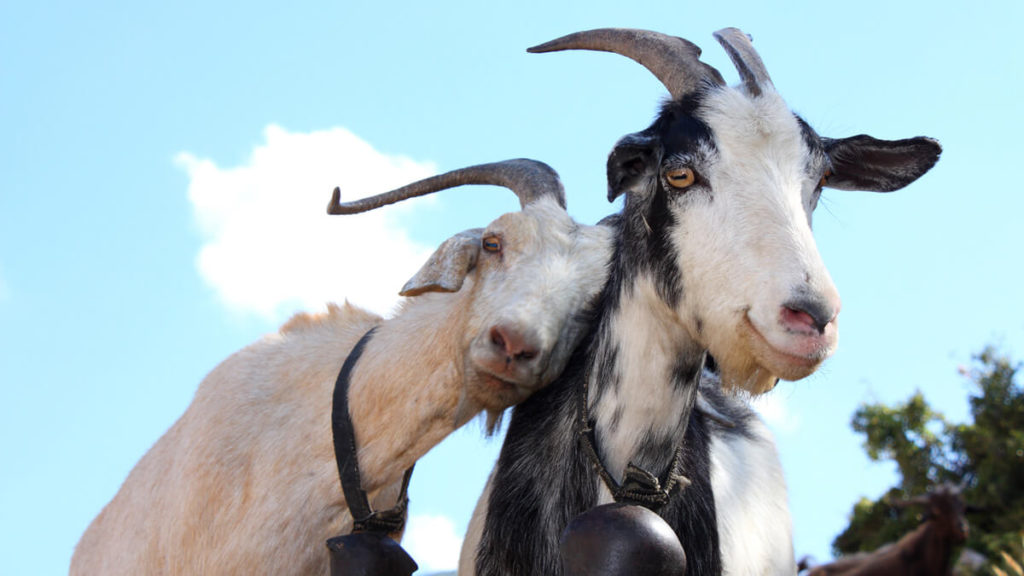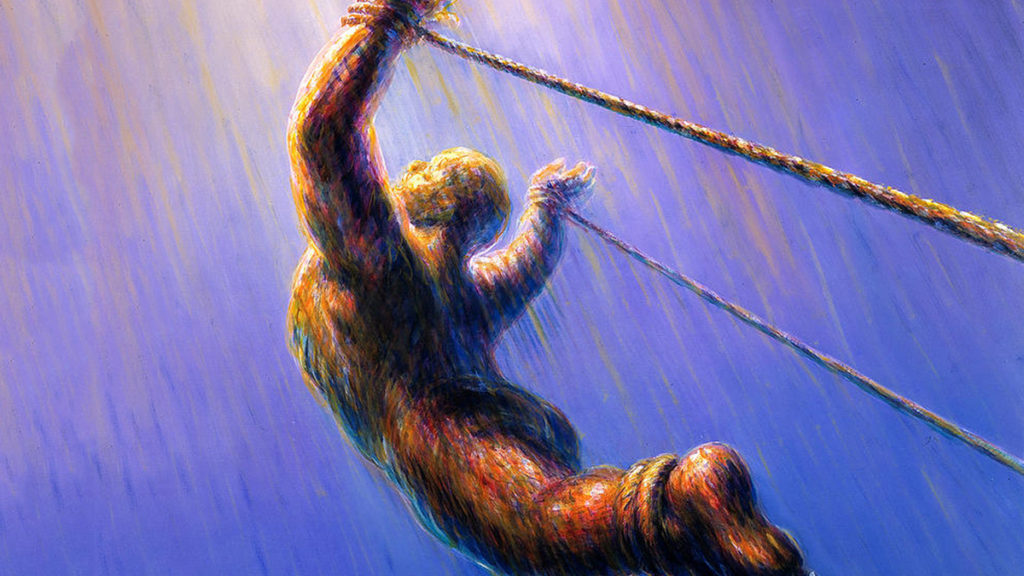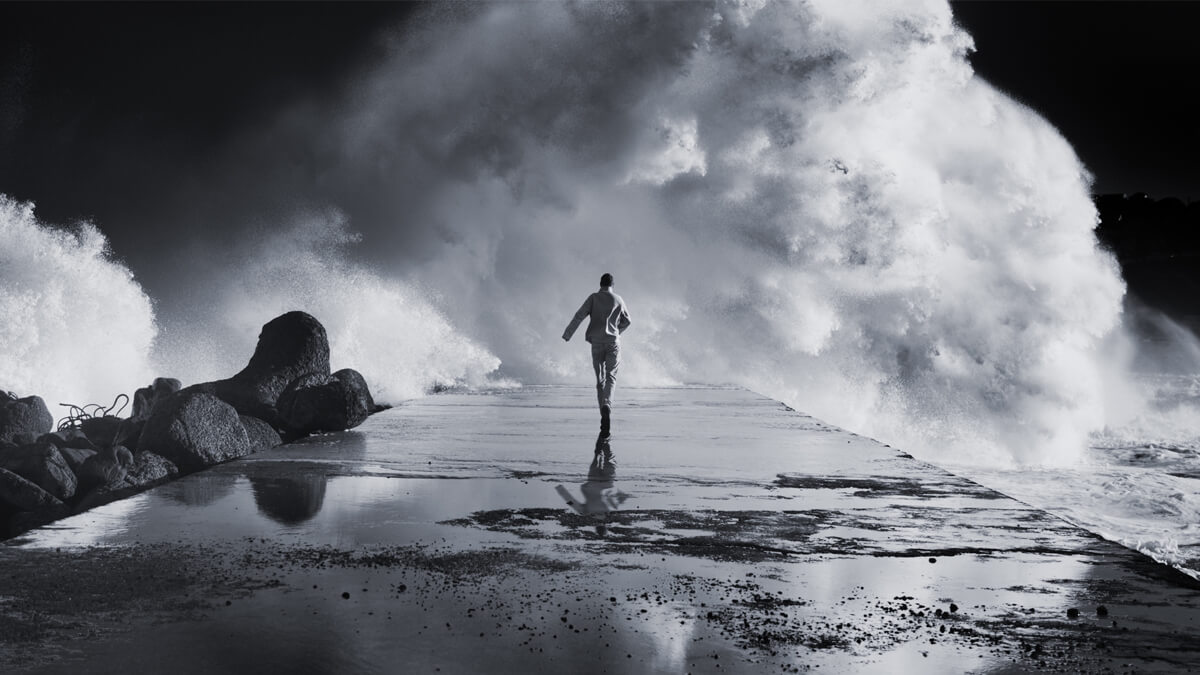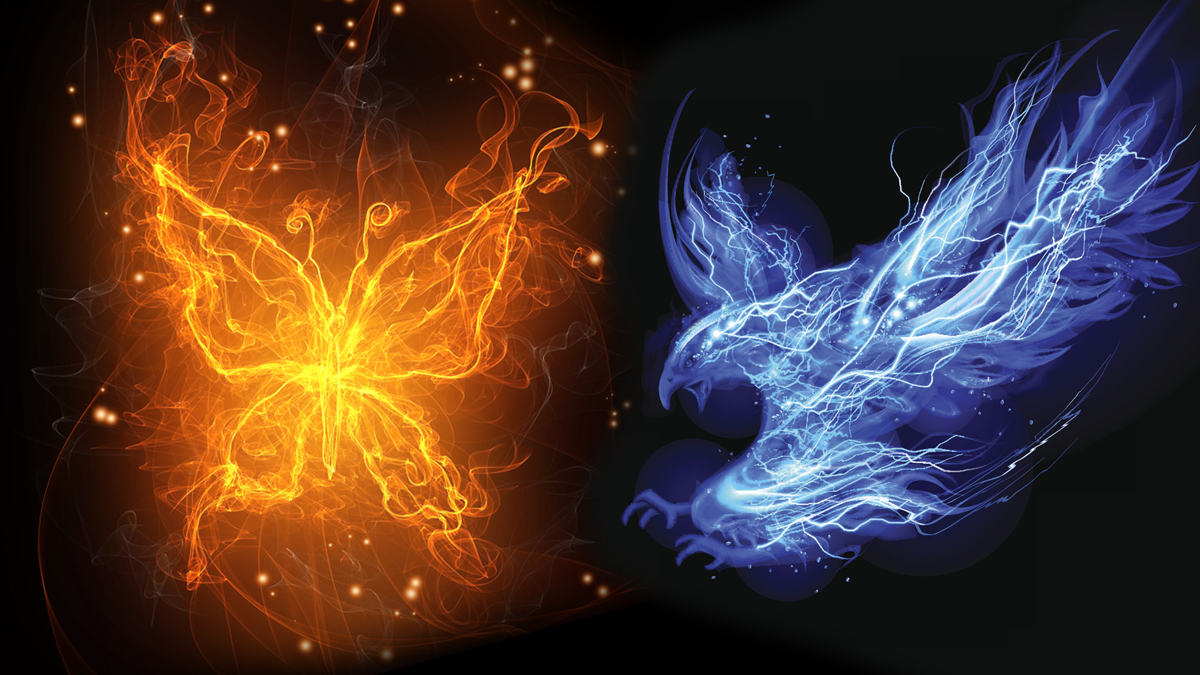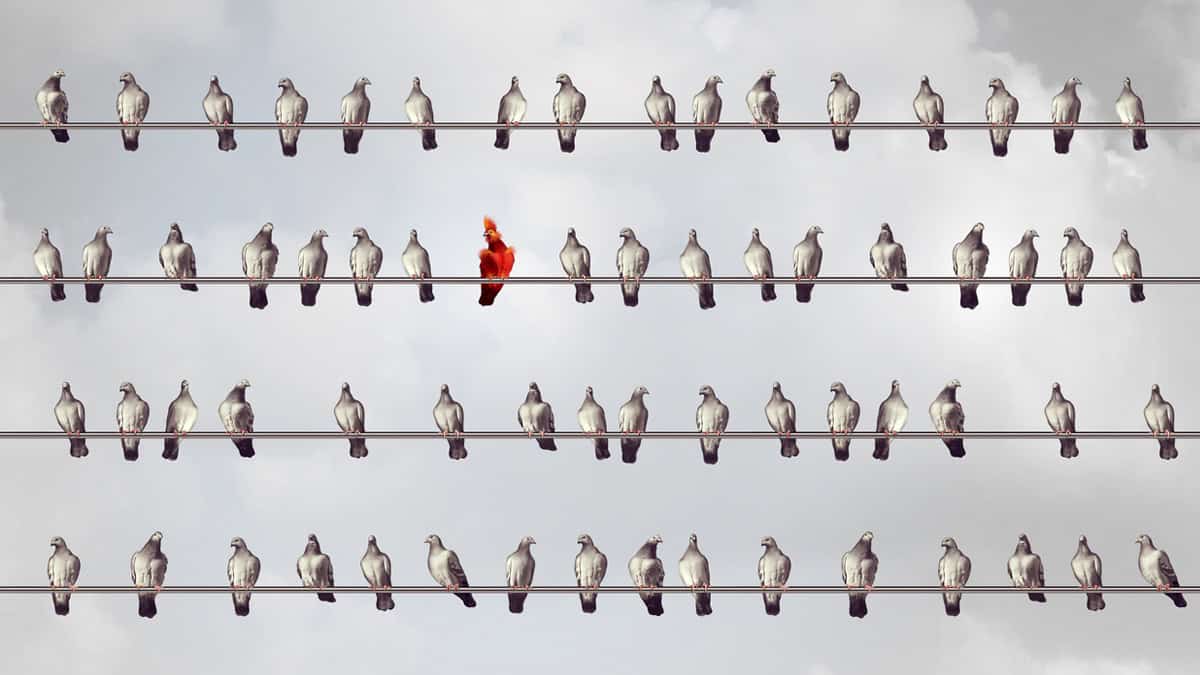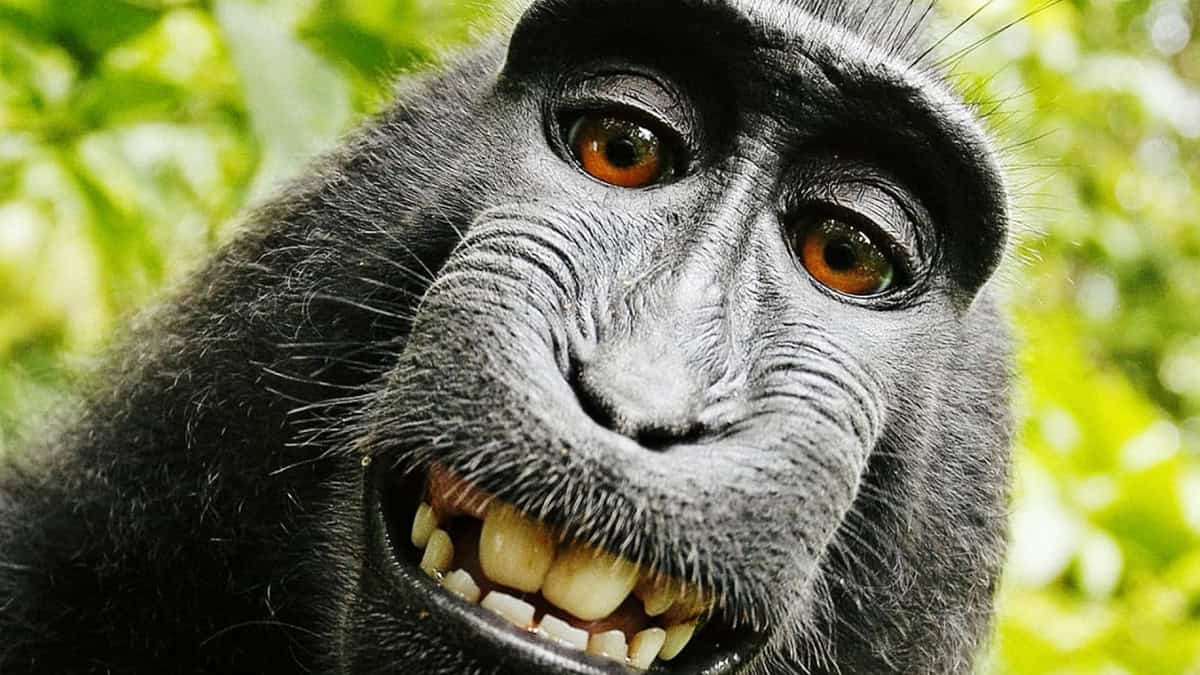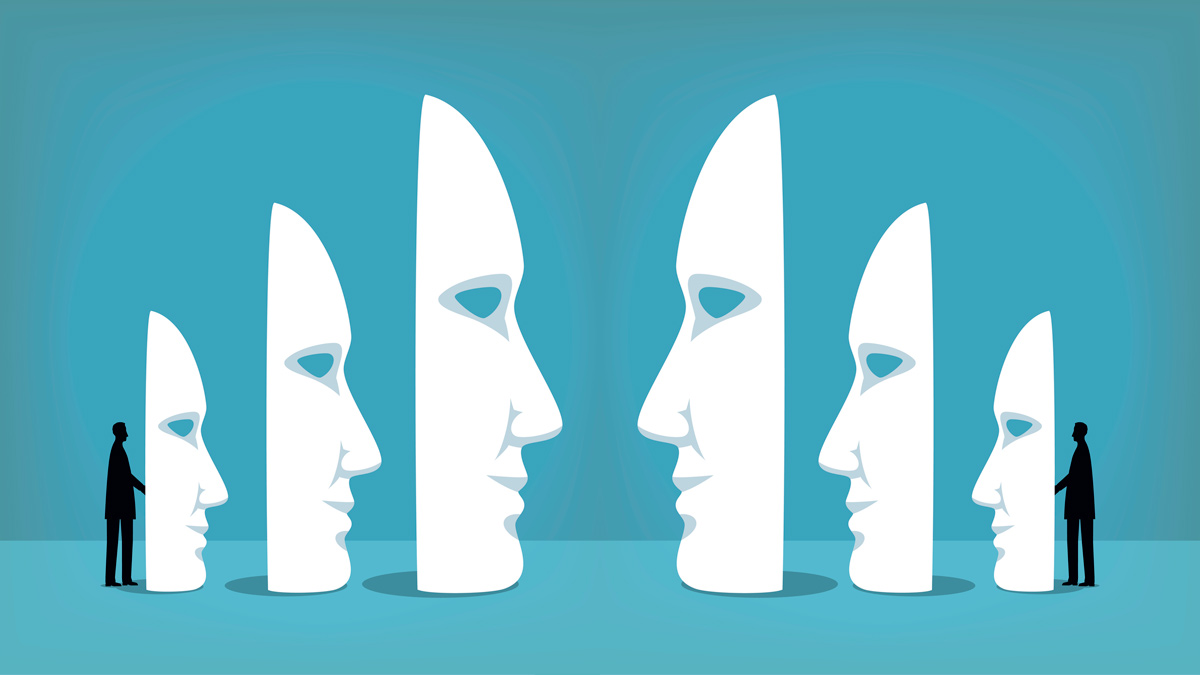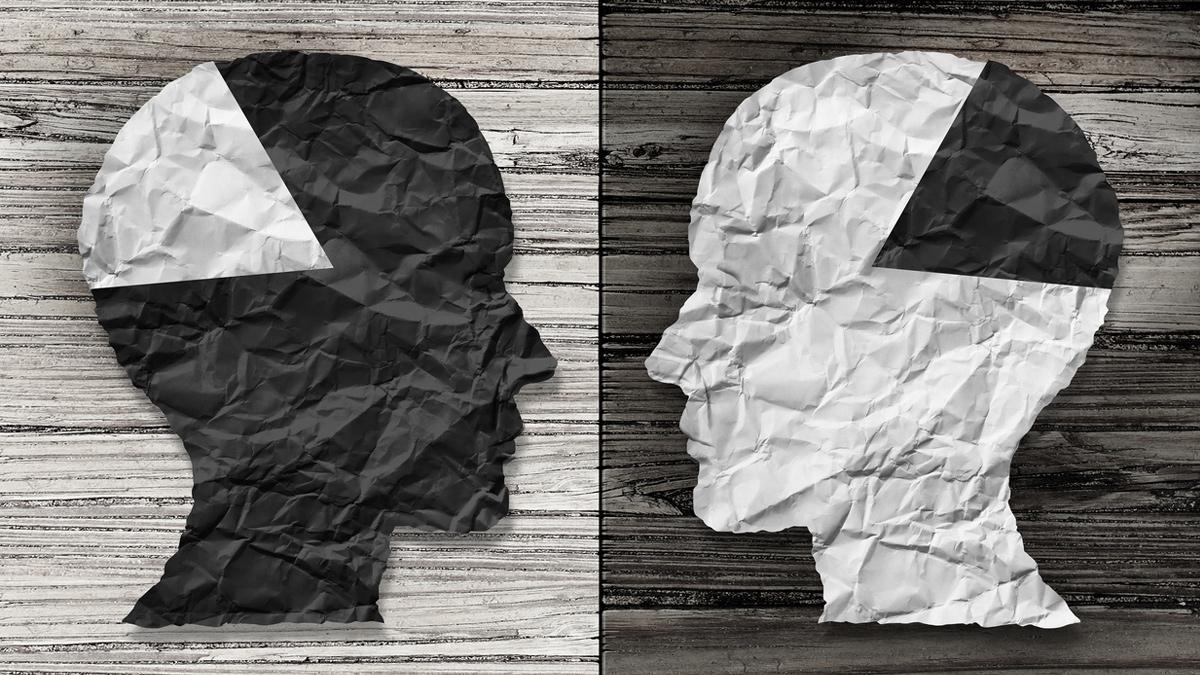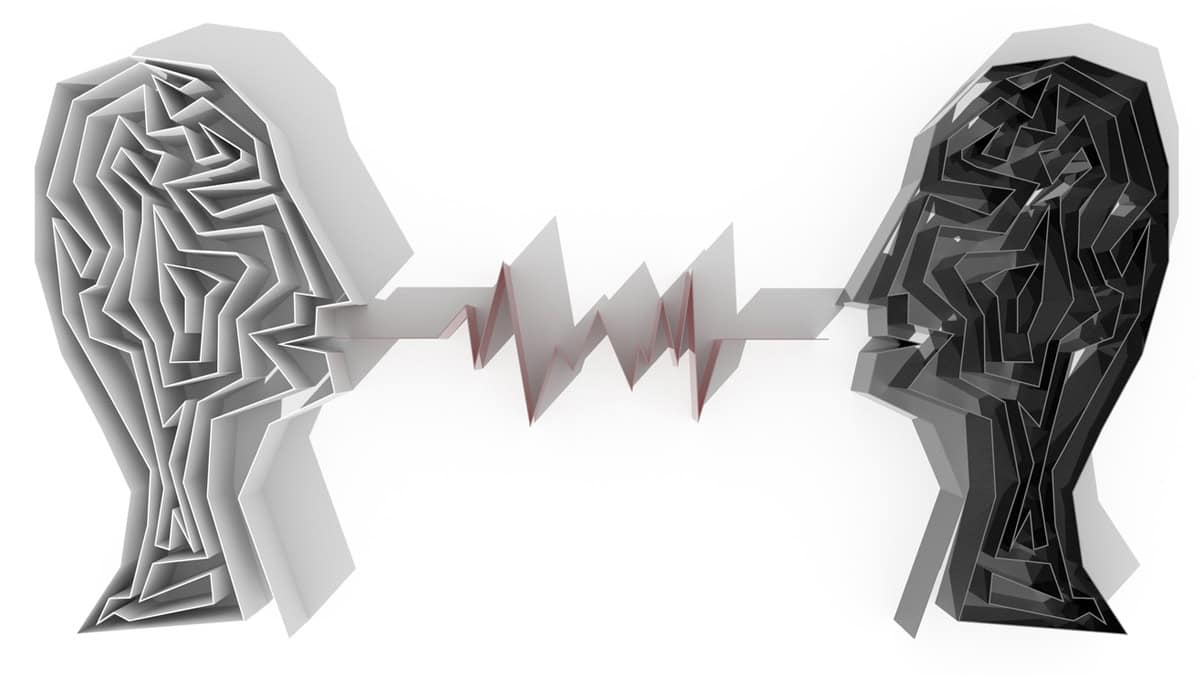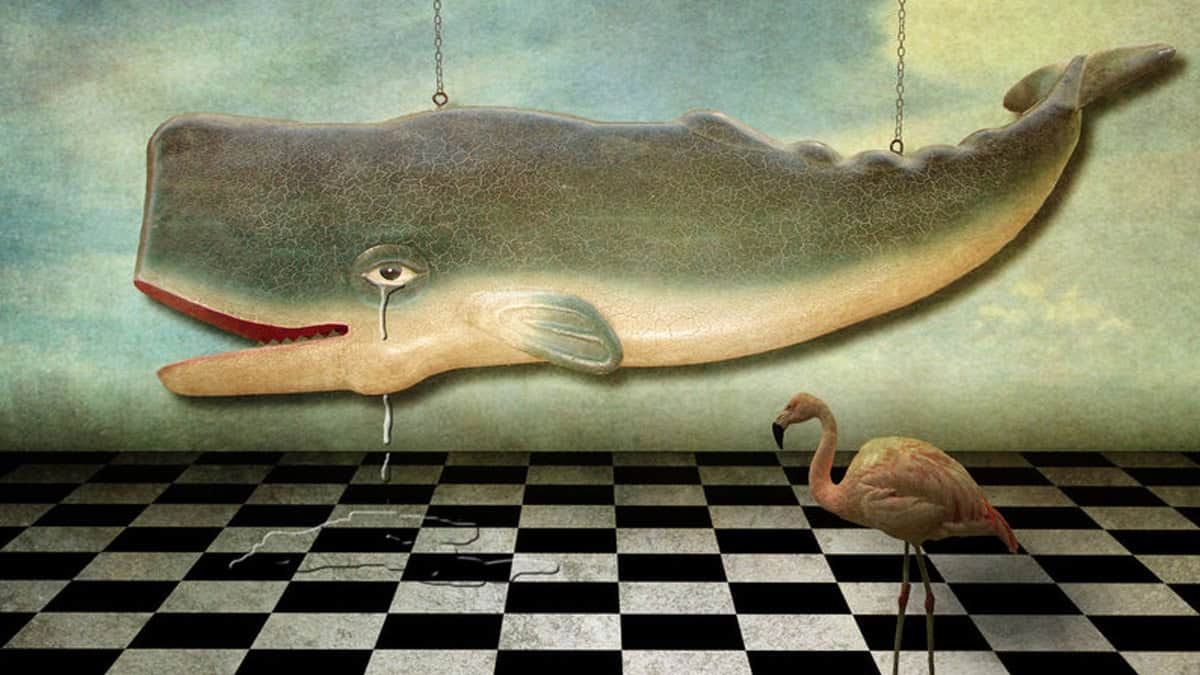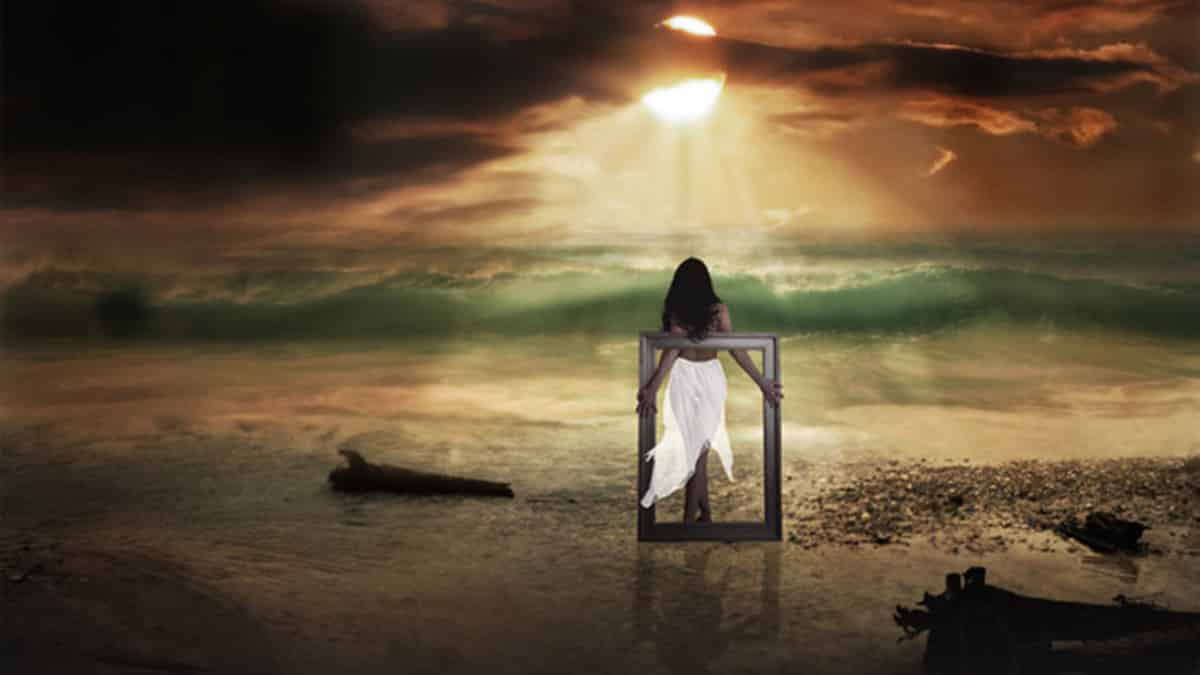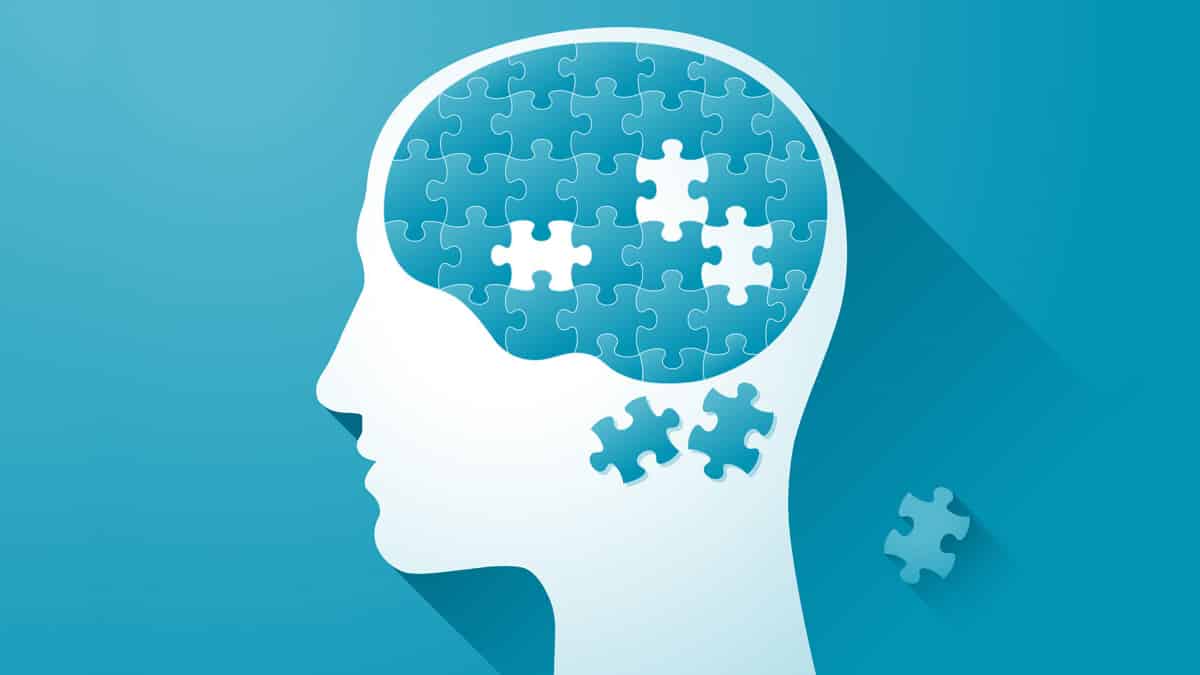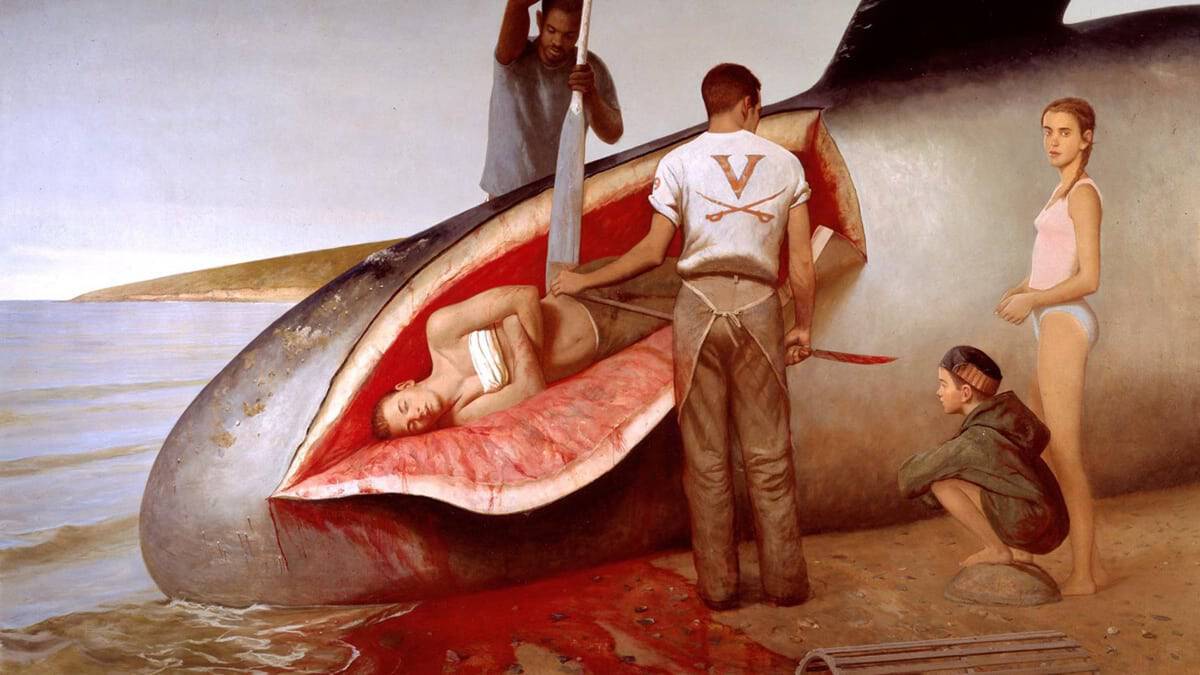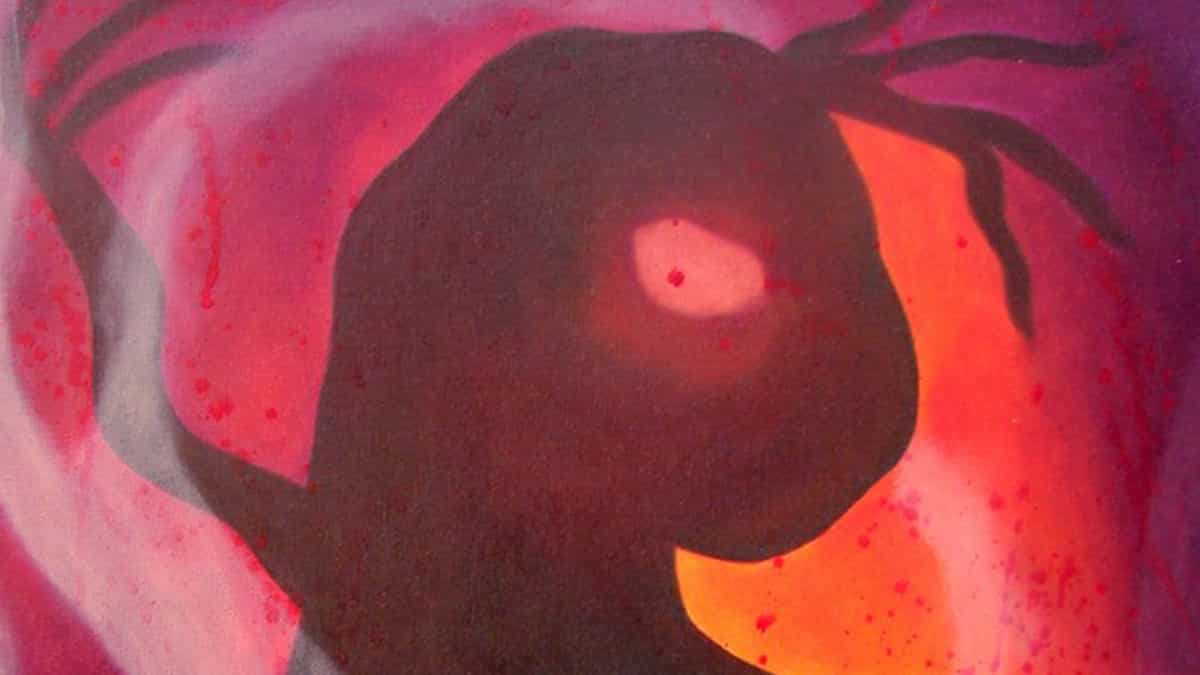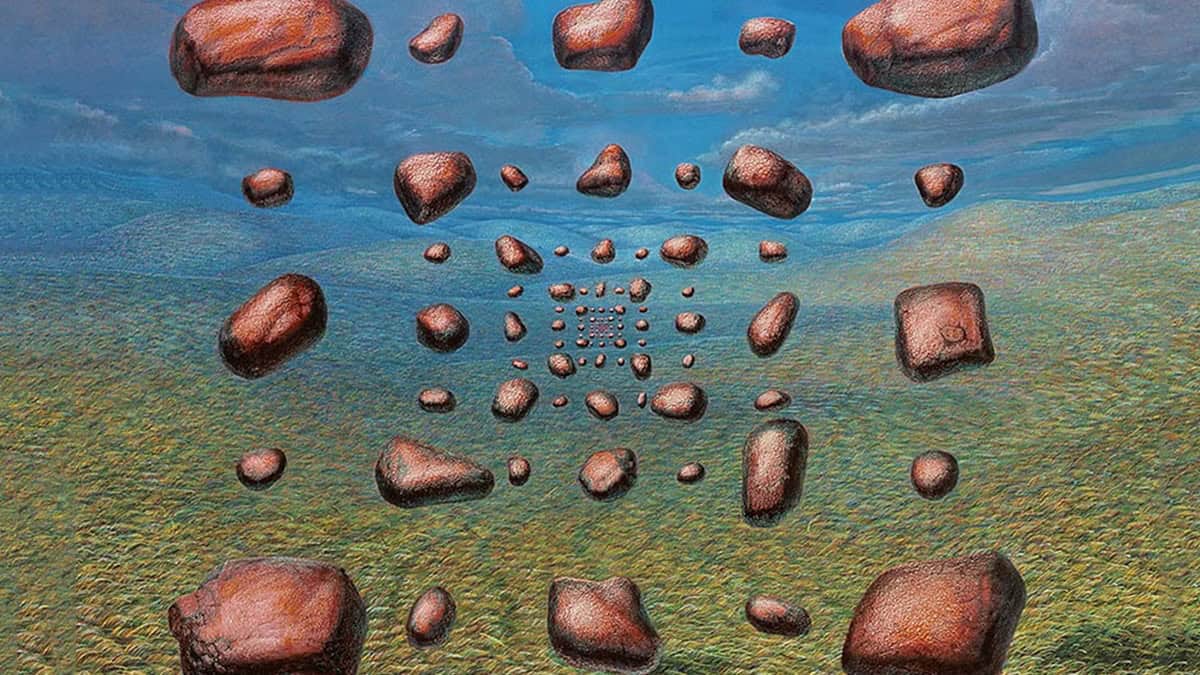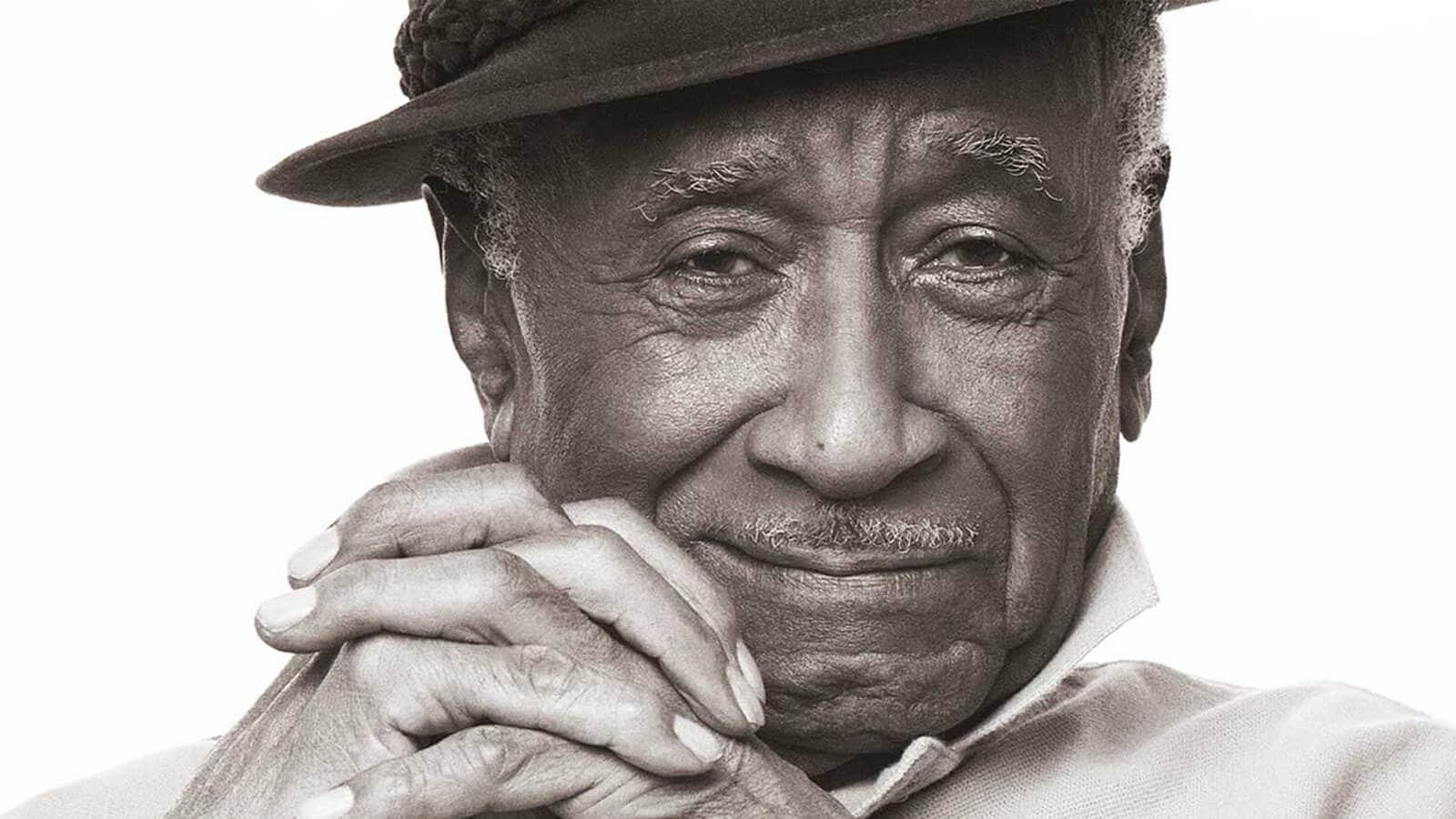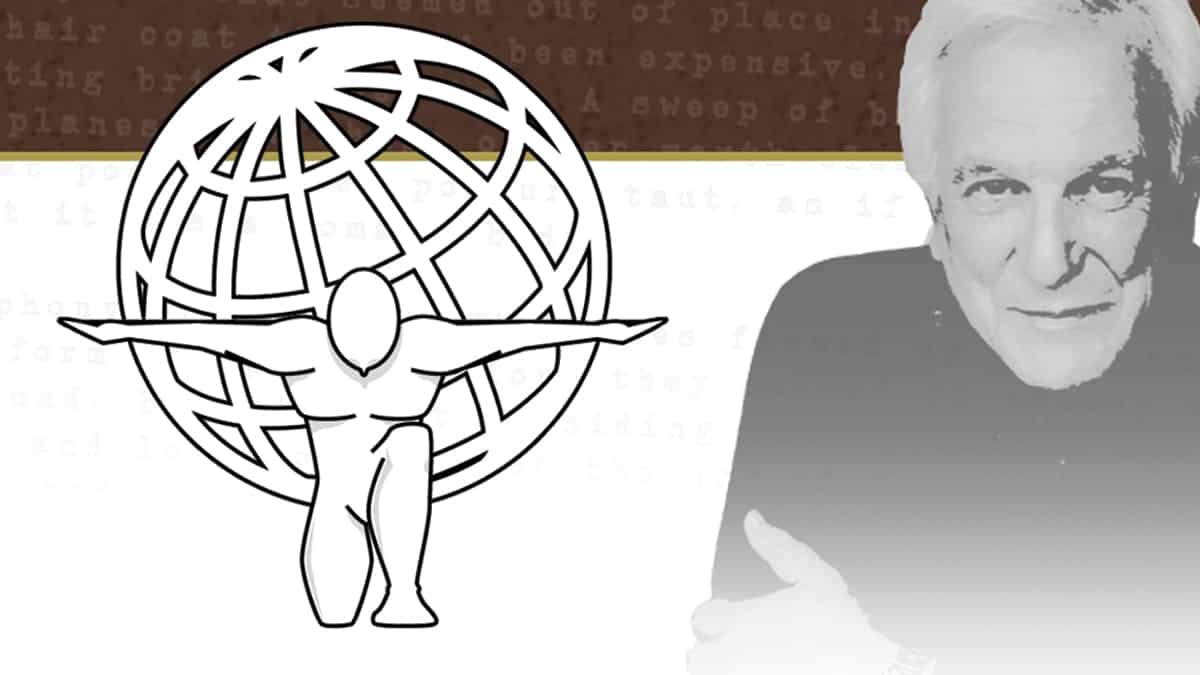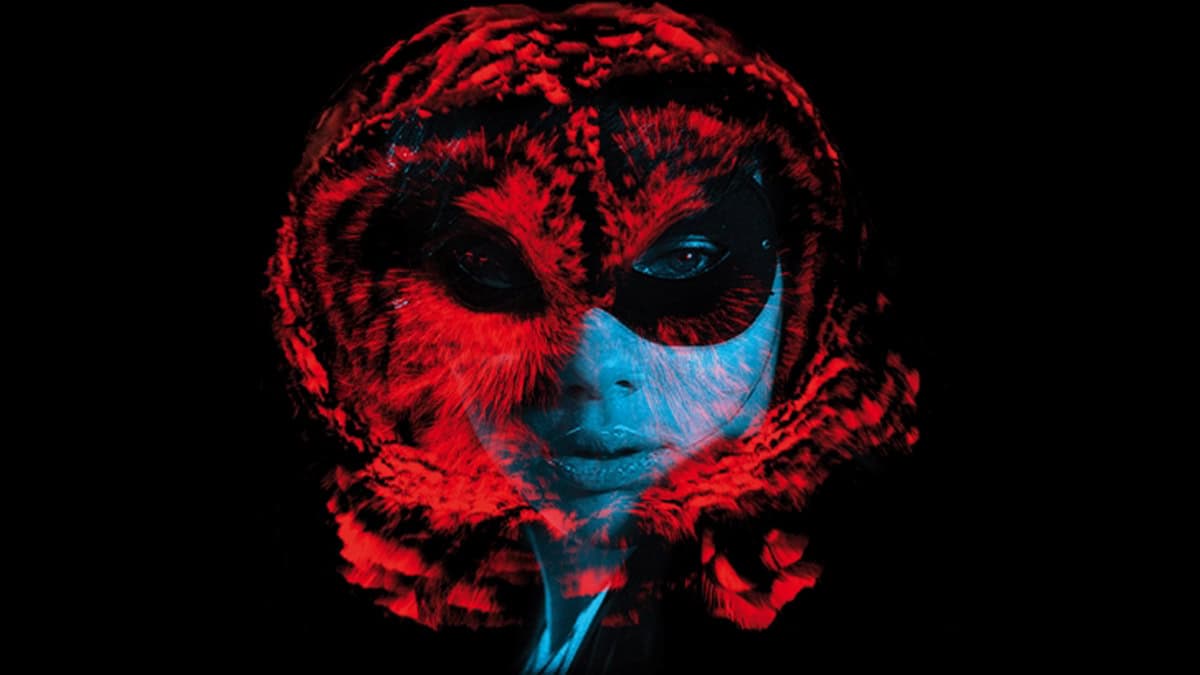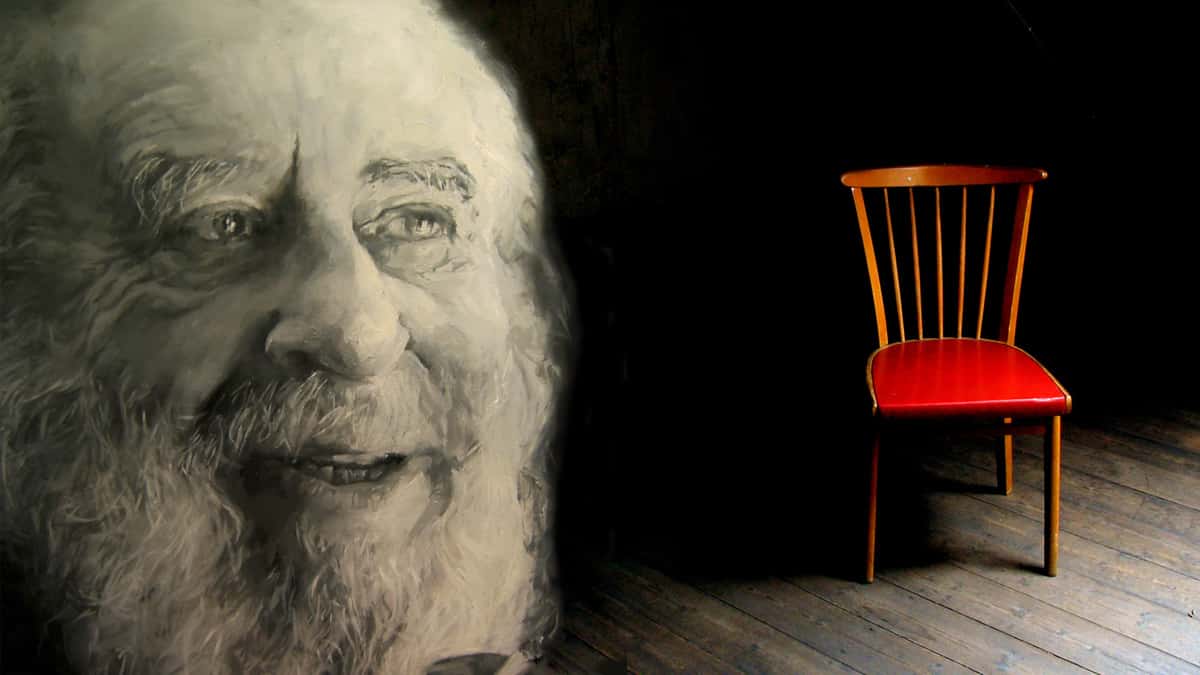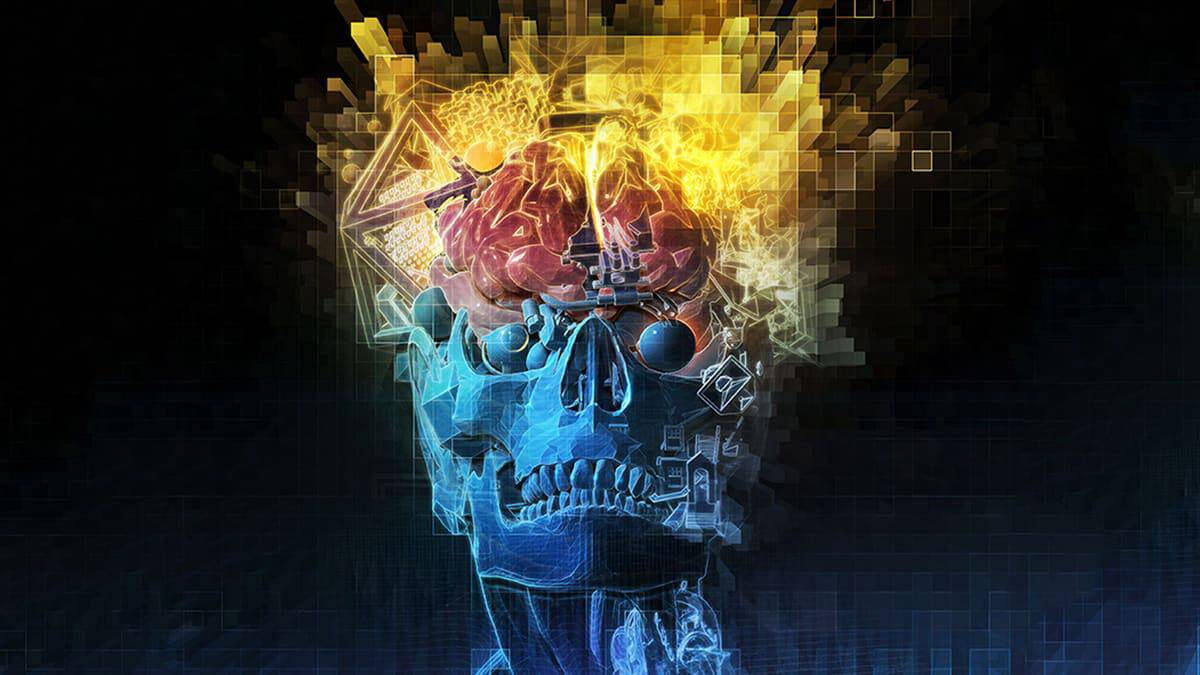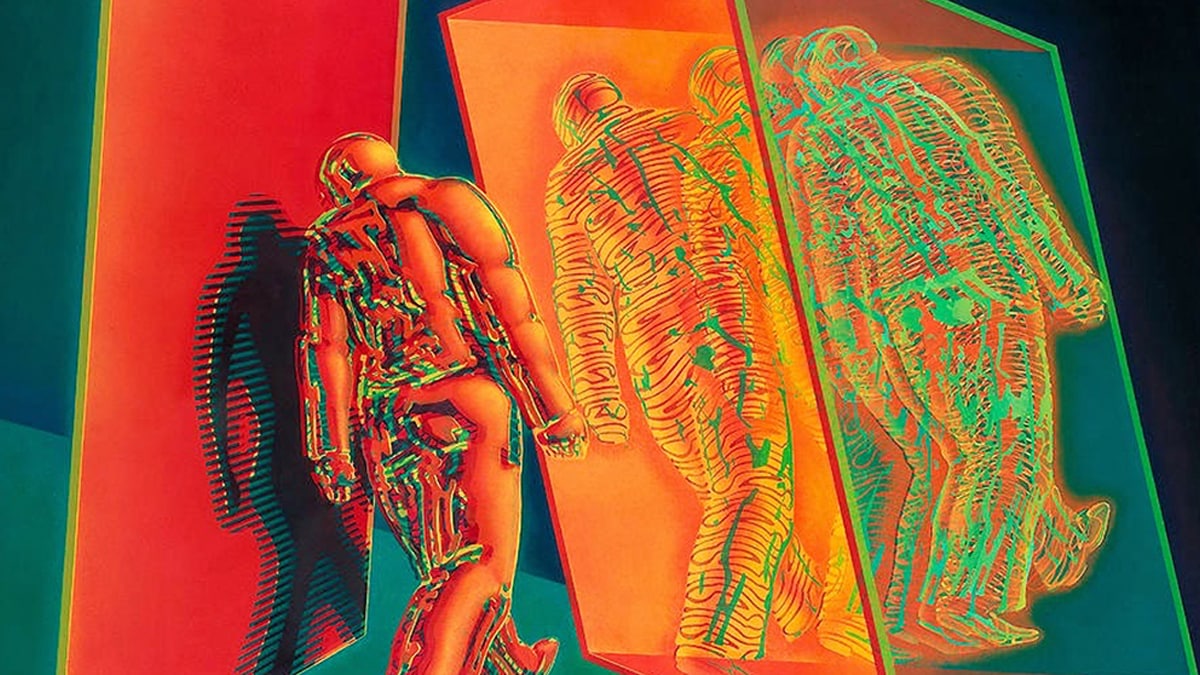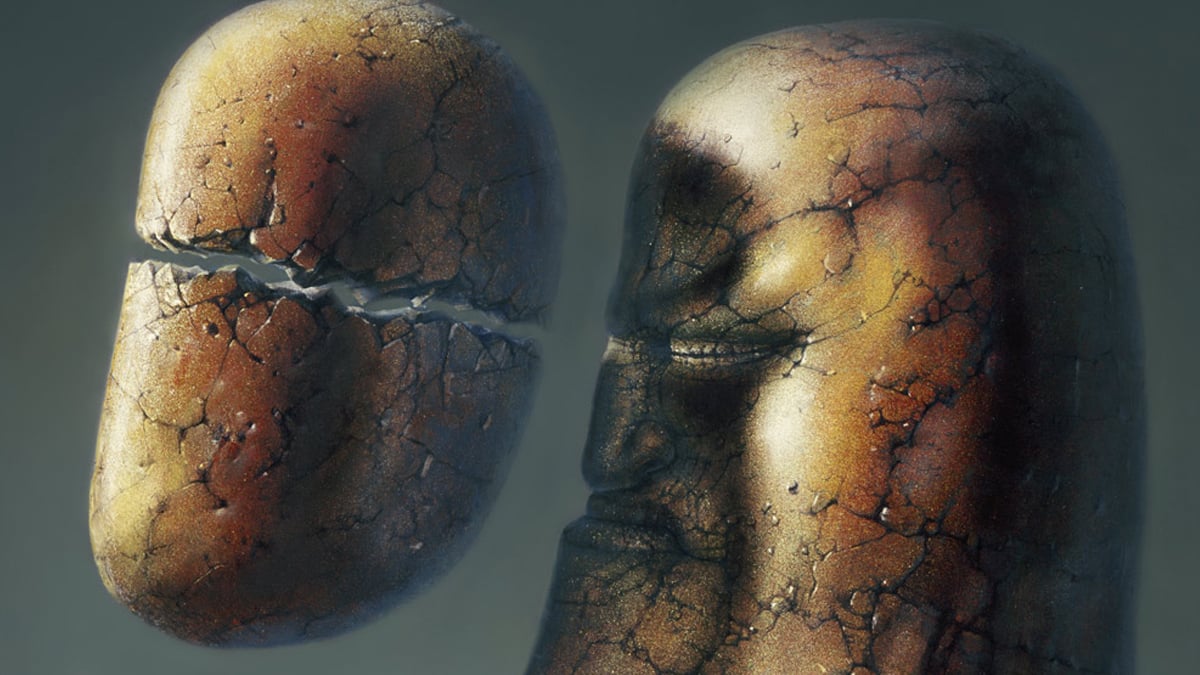Integral Psychology Masterclass
Dive deep into integral psychology to unlock profound insights for personal growth and stronger relationships
-
Between Two Infinities: What Does It Mean to Live a Good Life?
What does it really mean to live a good life—and how does that meaning evolve as we grow? In this candid and illuminating conversation, Dr. Keith Witt and Corey deVos explore how progress on meaningful needs, conscious relationships, and a deeper sense of purpose all contribute to a life well-lived.
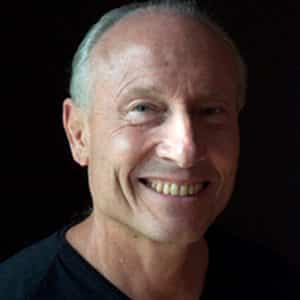
About Keith Witt
Dr. Keith Witt is a Licensed Psychologist, teacher, and author who has lived and worked in Santa Barbara, CA. for over forty years. Dr. Witt is also the founder of The School of Love.
-
Every Scar Has a Story: Rewriting the Narratives That Shape Us
Dr. Keith Witt and Corey deVos explore how trauma shapes the stories we tell about ourselves — and how those stories can be transformed into resilience, wisdom, and self-leadership. Drawing from developmental theory, the Enneagram, and decades of clinical experience, Keith offers a four-stage model of trauma healing rooted in radical acceptance, narrative re-patterning, and the cultivation of a compassionate “wise self.”

About Keith Witt
Dr. Keith Witt is a Licensed Psychologist, teacher, and author who has lived and worked in Santa Barbara, CA. for over forty years. Dr. Witt is also the founder of The School of Love.
-
The Cycles of Time: Mapping Evolution at the Edge of History
In this wide-ranging conversation, Terri O’Fallon and Keith Martin-Smith explore how human development unfolds through increasingly complex relationships with time, from infancy’s timelessness to the transpersonal awareness of timelessness beyond time. They examine how cultural evolution is accelerating, why recurring societal crises reflect developmental recursions, and how future leadership must integrate ethical maturity, shadow work, and a multi-generational vision.
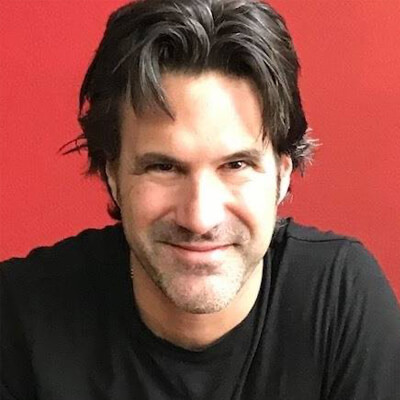
About Keith Martin-Smith
Keith Martin-Smith is an award-winning author, writing coach, and Zen priest. He is passionate about human connection, creativity, and evolution. His books include "The Mysterious Divination of Tea Leaves", "A Heart Blown Open", and "The Heart of Zen". His most recent book is his first novel, "Only Everything", a novel that explores the promise and the pain of following an artist's path.
-
The Shadow of Trump
Psychotherapist and developmental theorist Kim Barta joins Keith Martin-Smith for a deep dive into the psychological and developmental dynamics surrounding one of the most polarizing figures of our time: Donald Trump.
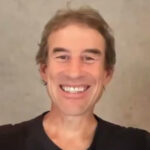
About Kim Barta
Kim Barta is an internationally recognized psychotherapist, award winning lecturer, writer and workshop creator. Kim possesses a golden combination of deep compassion, skillful application, decades of deep embedded experience, clarity of presence, and international recognition with rave reviews.
-
The Turquoise Dialectic: Expand Your Cosmology Through Integral Dialogue
Corey DeVos and Dr. Keith Witt explore the turquoise dialectic—a mode of deep, integrative conversation where perspectives evolve rather than compete—touching on themes of honesty, trust, intergenerational transmission, and the ways our personal cosmologies shape reality. From the psychology of deception to the ancestral patterns we unconsciously carry, this discussion invites listeners to examine how they construct meaning, engage in dialogue, and participate in the ongoing evolution of consciousness.

About Keith Witt
Dr. Keith Witt is a Licensed Psychologist, teacher, and author who has lived and worked in Santa Barbara, CA. for over forty years. Dr. Witt is also the founder of The School of Love.
-
Transform Your Motivation System
Why do so many high achievers feel like they’re never enough, no matter how much they accomplish? In this episode, Dr. Keith Witt and Corey deVos explore the hidden meta-motivation systems that drive us — sometimes to greatness, but often to exhaustion.

About Keith Witt
Dr. Keith Witt is a Licensed Psychologist, teacher, and author who has lived and worked in Santa Barbara, CA. for over forty years. Dr. Witt is also the founder of The School of Love.
-
IAM Spotlight: The Cultural Complexity Index
Brendan Graham Dempsey introduces the Cultural Complexity Index (CCI), a groundbreaking initiative that empirically measures cognitive complexity in historical texts, revealing patterns in human meaning-making across time. By analyzing symbolic representation rather than collective belief systems, the CCI provides fresh insights into cultural evolution while distinguishing individual cognitive development from broader social dynamics.
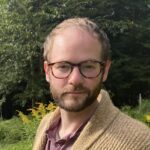
About Brendan Graham Dempsey
Brendan Graham Dempsey is a writer whose work focuses on the meaning crisis and the nature of spirituality in metamodernity. He earned his BA in Religious Studies from the University of Vermont and his MA in Religion and the Arts from Yale University. His work has been deeply influenced by the writings of Ken Wilber and other integral thinkers. He lives in Greensboro Bend, Vermont, where he runs the holistic retreat center Sky Meadow.
-
Exploring Teal and Turquoise Psychotherapy
This discussion unpacks the essence of integral psychotherapy, exploring how Teal and Turquoise approaches integrate all psychologies into a dynamic framework that optimizes healing and growth. With practical insights into productive self-awareness, the role of spirituality, and the interplay of life’s processes, Corey and Keith illuminate the path toward deeper wholeness and transformative relationships.

About Keith Witt
Dr. Keith Witt is a Licensed Psychologist, teacher, and author who has lived and worked in Santa Barbara, CA. for over forty years. Dr. Witt is also the founder of The School of Love.
-
Escaping the Drama Triangle: Presence, Problem-Solving, and Relational Mastery
Corey deVos and Dr. Keith Witt explore one of the most common yet misunderstood aspects of human interaction: the tension between drama and problem-solving. They dive deeply into the “Drama Triangle,” a psychological framework that reveals how the roles of victim, rescuer, and persecutor trap us in cycles of dysfunction. These dynamics, while often personal, are also embedded in cultural systems, politics, and even therapy itself.

About Keith Witt
Dr. Keith Witt is a Licensed Psychologist, teacher, and author who has lived and worked in Santa Barbara, CA. for over forty years. Dr. Witt is also the founder of The School of Love.
-
Spiritual Intelligence: 21 Skills for Wisdom, Compassion, and Love in Action
Cindy Wigglesworth, trailblazer in the field of spiritual intelligence, has created an assessment tool that identifies our spiritual strengths and weaknesses — qualities that fall outside the traditional IQ or emotional intelligence (EQ) parameters — in order to provide a guide for determining which skills we as individuals need to develop in order to show up in the world as love in action.
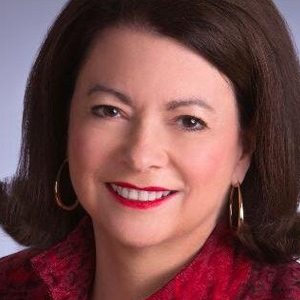
About Cindy Wigglesworth
Cindy Wigglesworth, MA is the author of SQ21: The Twenty-One Skills of Spiritual Intelligence (SelectBooks, Oct.2012) and is the creator of the SQ21™ Spiritual Intelligence self-assessment. Cindy founded her business, now called Deep Change, in 2000 after working at ExxonMobil for 20 years in Human Resources management. She teaches leadership development and focuses on the multiple intelligences required for success in our personal and professional lives. She trains executive and life coaches, therapists and spiritual directors to use her SQ21 tool in their practices.
-
The Integration of Defenses
How can we become more aware of our defensive reactions as they arise? Dr. Keith Witt and Corey deVos explore the intricate world of psychological defenses, presenting them as a critical line of intelligence and development. Dr. Witt introduces his pioneering concept of an “integration of defenses” as a developmental line, illustrating how our defensive mechanisms evolve and manifest across various stages of growth.

About Keith Witt
Dr. Keith Witt is a Licensed Psychologist, teacher, and author who has lived and worked in Santa Barbara, CA. for over forty years. Dr. Witt is also the founder of The School of Love.
-
Ready, Steady, Grow! The Art and Science of Vertical Development
Corey deVos and Beena Sharma explore the concept of vertical development and its importance in today’s world. Beena, with over 30 years of experience in the field, shares her journey and evolving understanding of vertical development.
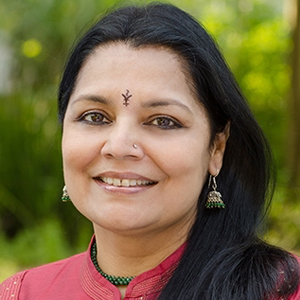
About Beena Sharma
Beena Sharma is President of the Vertical Development Academy, and an international consultant committed to serving leaders and organizations in their growth endeavors. . Beena is a Certified MAP Scorer, Certified Leadership Maturity Coach and certifying Master Coach. Beena is a lead facilitator of the VeDA Coach Certification Program and consults with organizations interested in implementing vertical development. Beena is trained in Polarity Thinking at the Mastery level and integrates that expertise in her coaching and consulting practice.
-
Radical Wholeness and the Five Paths of Transformation
Ken Wilber and Andrew Holecek explore the frontiers of integral theory and human consciousness. Ken shares some of the key insights from his latest book, “Finding Radical Wholeness,” offering a novel and deeply insightful perspective on the nature of reality and human development.
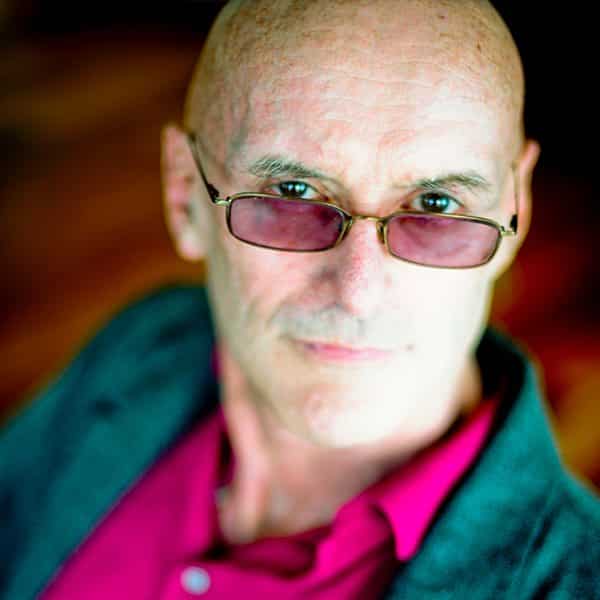
About Ken Wilber
Ken Wilber is a preeminent scholar of the Integral stage of human development. He is an internationally acknowledged leader, founder of Integral Institute, and co-founder of Integral Life. Ken is the originator of arguably the first truly comprehensive or integrative world philosophy, aptly named “Integral Theory”.
-
The Many Within: Understanding IFS and Self Integration
Dr. Keith Witt and Corey deVos discuss Internal Family Systems (IFS) therapy, an approach developed by Richard Schwartz in the 1980s that recognizes the multiplicity of the human psyche. IFS works with the different parts of the personality to promote psychological health, wholeness, and ongoing development.

About Keith Witt
Dr. Keith Witt is a Licensed Psychologist, teacher, and author who has lived and worked in Santa Barbara, CA. for over forty years. Dr. Witt is also the founder of The School of Love.
-
The Art of Integral Conversation: How to Have a Turquoise Dialectic
Dr. Keith Witt and Corey deVos explore the concept of “turquoise dialectic” – a sophisticated form of integral discourse that emerges at the later stages of human development. Drawing upon their deep understanding of adult development and integral theory, they explore the feeling and transformative potential of the turquoise “we-space”, and how we might create the conditions for this type of conversation to unfold.

About Keith Witt
Dr. Keith Witt is a Licensed Psychologist, teacher, and author who has lived and worked in Santa Barbara, CA. for over forty years. Dr. Witt is also the founder of The School of Love.
-
CANCELLED: The Battle for Free Speech in the Integral Age
Keith Witt and Corey delve into the complex and contentious issue of cancel culture, examining its implications for free speech, academic freedom, and social cohesion. They explore why understanding the nuances of cancel culture is crucial in today’s polarized environment, and how an Integral perspective can provide a more comprehensive view that embraces complexity, encourages growth, and seeks balance.

About Keith Witt
Dr. Keith Witt is a Licensed Psychologist, teacher, and author who has lived and worked in Santa Barbara, CA. for over forty years. Dr. Witt is also the founder of The School of Love.
-
The Psychology of Splitting
Watch as Dr. Keith and Corey explore the psychological process of splitting, revealing how awareness and regulation of these processes can lead to a more health and healing, as well as to a more integrated and resilient self. By acknowledging the nuanced nature of our emotional responses and learning to navigate them with compassion and mindfulness, we open the door to deeper self-understanding and more harmonious relationships with others.

About Keith Witt
Dr. Keith Witt is a Licensed Psychologist, teacher, and author who has lived and worked in Santa Barbara, CA. for over forty years. Dr. Witt is also the founder of The School of Love.
-
Developmental Engagement Field Theory
This article explores how social engagement is central to human functioning and development, and how it potentially provides agentic access to intersubjective and interobjective energy fields. An integrally informed developmental engagement field theory is described, with practical suggestions for applying it to living, parenting, and psychotherapy. The article concludes with a lifespan case study that embodies the presented research.

About Keith Witt
Dr. Keith Witt is a Licensed Psychologist, teacher, and author who has lived and worked in Santa Barbara, CA. for over forty years. Dr. Witt is also the founder of The School of Love.
-
An Integral Taxonomy of Therapeutic Interventions
Given that therapists are confronted with literally hundreds of techniques or interventions to potentially utilize in their clinical practice — and a growing chasm separating research and practice — how do therapists dispel the confusion that so many of us feel as we confront this fragmented heap of techniques? In short, how do therapists decide which interventions to use with a given client?
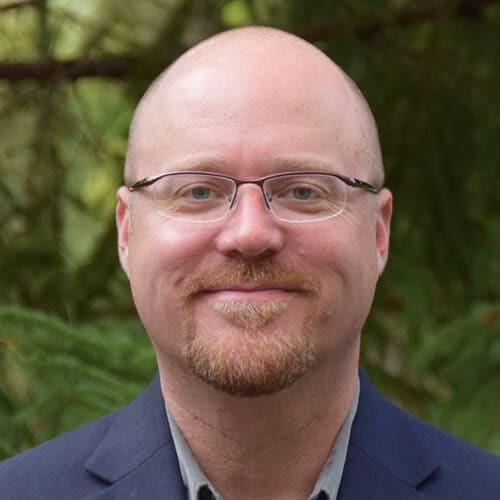
About Andre Marquis
Andre Marquis is an associate professor in counseling and human development at the Warner School, University of Rochester. His teaching, research, and scholarly interests include counseling theories and practice, psychotherapy integration and unification, group therapy, relational psychodynamics, Intensive Short-Term Dynamic Psychotherapy and other emotion-focused therapies, developmental constructivism, human change processes, and integral theory as it provides a metatheoretical framework to coherently organize theory and practice. He is the author of several books in the field of Integral Psychotherapy, and has also authored numerous scholarly articles — including articles he co-authored with Ken Wilber and Michael Mahoney, both of whom he has worked with closely.
-
From the Cambrian Explosion to the Human Explosion
Dr. Keith and Corey explore the parallels and differences between the Cambrian explosion and the rapid evolution of human consciousness, discussing the profound impacts of technological and cultural advancements on our collective development.

About Keith Witt
Dr. Keith Witt is a Licensed Psychologist, teacher, and author who has lived and worked in Santa Barbara, CA. for over forty years. Dr. Witt is also the founder of The School of Love.
-
Why Greater Depth Means Greater Responsibility
Watch as Dr. Keith Witt and Corey deVos delve into the profound interdependence between human development and responsibility, exploring how our deepening self-awareness shapes our relationships and societal roles in an ever-evolving world. At the heart of the discussion is the compelling notion that as we evolve in our understanding and self-awareness, we bear a greater onus to guide, uplift, and positively influence those around us. This responsibility is especially important in the realm of relationships, where the path to trust and understanding is often fraught with challenges, yet rich with opportunities for growth.

About Keith Witt
Dr. Keith Witt is a Licensed Psychologist, teacher, and author who has lived and worked in Santa Barbara, CA. for over forty years. Dr. Witt is also the founder of The School of Love.
-
Sentio Ergo Sum: The Emotional Line of Development
Integral Theory is described as a “nondual” developmental paradigm, where ontology and epistemology are paired constructively, and in which developing consciousness is sourced by thought, feeling, and states of consciousness. Emotional and cognitive development intertwine within ego development, and ego is defined by its coordinating and self-identifying functions. Following a review of the literature on emotions and emotional development, criteria are proposed for preconventional, conventional, and post-conventional levels of emotional development.
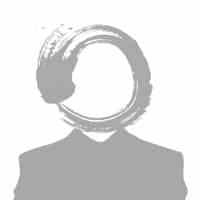
About Joanne Rubin
JOANNE RUBIN, Ph.D., is Co-Director of the Integral Mentors and Ministers Program at One Spirit Learning Alliance in New York City. Also in private practice for over 30 years, she has been developing integral applications to psychotherapy. She writes on emotional development and ego development, using Integral Theory to expand psychodynamic/ psychoanalytic theory toward later stages of development, and has presented papers on these subjects at the 2008 and 2010 Integral Theory Conferences in Pleasant Hill, California.
-
Integral Perspectives on Alcoholism
Alcohol addiction is a deeply entrenched issue that affects a significant portion of the population, with around 10% of children being raised in a family with at least one alcoholic parent as of 2019. In this episode of Witt and Wisdom, Dr. Keith Witt and Corey deVos undertake a comprehensive exploration of alcohol addiction, its effects, and the recovery process through the lens of Ken Wilber’s integral theory, which encompasses all four quadrants – individual (internal and external) and collective (internal and external).

About Keith Witt
Dr. Keith Witt is a Licensed Psychologist, teacher, and author who has lived and worked in Santa Barbara, CA. for over forty years. Dr. Witt is also the founder of The School of Love.
-
Developmental Experiments in Individual and Collective Movement to Second Tier
This article describes seven years of research on an ongoing experiment that fosters the development of individuals and groups through an integrally informed educational program called Generating Transformative Change (GTC). A progressively targeted developmental action research project involving seven cohorts is described and the conclusions about three of these participant groups, involving a total of 30 people, are presented.
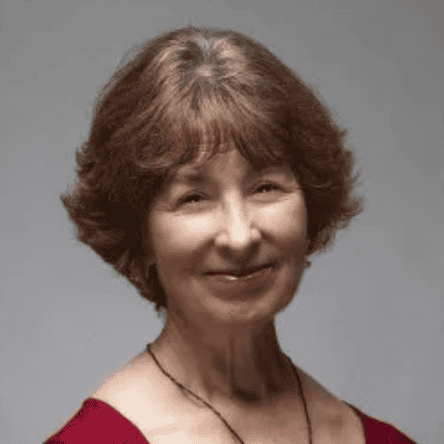
About Terri O'Fallon
Terri O’Fallon, PhD is an Integral scholar whose research spans 40 years, including eleven research studies conducted in various colleges, public schools, and private research venues. Her most recent theory, and the culmination of a lifetime of work, is the STAGES model of human development. STAGES integrates several developmental models and is informed by Ken Wilber’s Integral Theory and Terri’s own research, to form a robust and predictive map that is being used by numerous scholars, practitioners, and leaders throughout the world.
-
Toward an Integral Meta-Psychotherapy
Imagine a therapy where everything is interconnected, where every moment is a golden opportunity, and where the journey is as transformative as the destination. Whether you’re a therapist, a seeker, or just curious about the intricacies of the human psyche, this episode promises a journey of discovery, connection, and evolution.

About Keith Witt
Dr. Keith Witt is a Licensed Psychologist, teacher, and author who has lived and worked in Santa Barbara, CA. for over forty years. Dr. Witt is also the founder of The School of Love.
-
When Therapists Go Woke
Dr. Keith and Corey examine a troubling new trend in psychotherapy, where woke ideologies are being imposed in the therapist’s office and interfering with client-based approaches to mental health. Prompted by Lisa Davis’s insightful article “How Therapists Became Social Justice Warriors” in The Free Press, Keith and Corey delve into the evolving role of therapists in the current sociopolitical climate.

About Keith Witt
Dr. Keith Witt is a Licensed Psychologist, teacher, and author who has lived and worked in Santa Barbara, CA. for over forty years. Dr. Witt is also the founder of The School of Love.
-
Shadow, Trauma, and Attachment: Why Do Spiritual Teachers Keep Messing Up?
If spiritual teachers are so “awake” and “enlightened”, why do so many of them get caught with their shadow hanging out? Watch as Keith Martin-Smith offers a stunning overview of shadow, trauma, and attachment disorders, and how they can corrupt both our mental health and our spiritual awakening.

About Keith Martin-Smith
Keith Martin-Smith is an award-winning author, writing coach, and Zen priest. He is passionate about human connection, creativity, and evolution. His books include "The Mysterious Divination of Tea Leaves", "A Heart Blown Open", and "The Heart of Zen". His most recent book is his first novel, "Only Everything", a novel that explores the promise and the pain of following an artist's path.
-
Mastery, Collaboration, and Finding Your Unique Healing Style
Dr. Keith Witt and Corey deVos explore the multifaceted nature of integral psychotherapy, emphasizing the importance of therapists finding their own healing style and the role of personal cosmologies in shaping therapeutic practice. They delve into the complexities of blending different integral systems, highlighting potential blind spots in integral cosmology and the challenges of extending beyond one’s mastery. The conversation also touches on the impact of generational events and the internet on mental health and societal norms.

About Keith Witt
Dr. Keith Witt is a Licensed Psychologist, teacher, and author who has lived and worked in Santa Barbara, CA. for over forty years. Dr. Witt is also the founder of The School of Love.
-
Shadows of Development
Join Keith Martin-Smith and Kim Barta for an exclusive discussion as they delve into the world of shadow and ego development. Kim is a seasoned therapist, coach, and educator with over 40 years of experience who has dedicated his career to the resolution of shadow material. His unique perspective on the intersection of development, trauma, and attachment disorders combines the best of developmental psychology with depth psychology.

About Kim Barta
Kim Barta is an internationally recognized psychotherapist, award winning lecturer, writer and workshop creator. Kim possesses a golden combination of deep compassion, skillful application, decades of deep embedded experience, clarity of presence, and international recognition with rave reviews.
-
What Makes Us Happy? Growing Toward Anti-Fragility
Join Keith and Corey in this enriching dialogue, as they bring forth an integral perspective on the pressing issue of mental health and resilience among youth, and explore the transformative potential of anti-fragility and the happiness strategies that can empower us to create a brighter future for ourselves and the generations to come.

About Keith Witt
Dr. Keith Witt is a Licensed Psychologist, teacher, and author who has lived and worked in Santa Barbara, CA. for over forty years. Dr. Witt is also the founder of The School of Love.
-
How Self-Hatred Can Lead to Self Transformation
Dr. Keith and Corey explore how feelings of self-hatred and self-loathing, when combined with compassionate self-awareness and the natural resilience of Witness consciousness, can help us overcome our resistance to change and put us back on the path of increasing wholeness, happiness, and self-acceptance. It’s an incredibly powerful discussion that we hope will help you better navigate some of these darkest corners of your own psyche.

About Keith Witt
Dr. Keith Witt is a Licensed Psychologist, teacher, and author who has lived and worked in Santa Barbara, CA. for over forty years. Dr. Witt is also the founder of The School of Love.
-
How Attachment Theory Can Improve Your Relationships
As Dr. Keith often reminds us, “Everything is relationships.” And the earliest relationships we form in our lives often set the tone and cadence for all the other relationships we will ever form in our lives. The coping strategies we learn in preadolescence become our inner compass later in life, and our efforts as grownups can often be seen as expressions, compensations, or substitute gratifications for the sense of security we may or may not have felt as children.

About Keith Witt
Dr. Keith Witt is a Licensed Psychologist, teacher, and author who has lived and worked in Santa Barbara, CA. for over forty years. Dr. Witt is also the founder of The School of Love.
-
Perspectives on Development: Introducing the STAGES Model
Terri O’Fallon takes us on a guided journey through her STAGES model, an integrally based development model that charts human development from infancy to the highest levels of development that humans are capable of. Terri’s research is based in the number of perspectives a person can take (1st through 7th) – and she explains how different levels of fluency with these perspectives can often cause us to talk “past” or “over” one another, and how familiarizing ourselves with these perspectives can help us stop doing that.

About Terri O'Fallon
Terri O’Fallon, PhD is an Integral scholar whose research spans 40 years, including eleven research studies conducted in various colleges, public schools, and private research venues. Her most recent theory, and the culmination of a lifetime of work, is the STAGES model of human development. STAGES integrates several developmental models and is informed by Ken Wilber’s Integral Theory and Terri’s own research, to form a robust and predictive map that is being used by numerous scholars, practitioners, and leaders throughout the world.
-
Escaping the Comfort Zone: Motivation, Shame, and the Will to Transform
Dr. Keith and Corey explore the complex psychology of motivation — the various sticks and carrots we use to get out of bed in the morning and keep ourselves moving forward in our lives, sustaining the inertia we need to push us through any number of hardships, setbacks, and growth opportunities.

About Keith Witt
Dr. Keith Witt is a Licensed Psychologist, teacher, and author who has lived and worked in Santa Barbara, CA. for over forty years. Dr. Witt is also the founder of The School of Love.
-
Psychedelic Therapy and the Politics of Consciousness
In the recent 2022 midterm elections, Colorado joined the state of Oregon in its decriminalization of psychedelic substances for therapeutic use. Here Dr. Keith and Corey explore some of the major implications of this profound legal shift, both in terms of our overall emotional, psychological, and spiritual health, as well as our rapidly evolving “politics of consciousness” — those states of consciousness that are sanctioned by the state, versus those that are not.

About Keith Witt
Dr. Keith Witt is a Licensed Psychologist, teacher, and author who has lived and worked in Santa Barbara, CA. for over forty years. Dr. Witt is also the founder of The School of Love.
-
The Maturing Test: How Developed Is the World’s Most Advanced AI?
We just assessed GPT-3, the world’s most advanced sentence-generating Artificial Intelligence, using Susanne Cook Greuter’s testing methodology. What did we learn, and what are the possible consequences for humanity? Watch to find out!
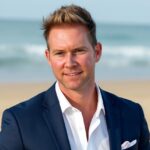
About Robb Smith
Robb Smith is a leading thinker on the Transformation Age and the global Integral movement. He is the creator of the augmented leadership platform Context, co-founder and CEO of Integral Life and founder of the Institute of Applied Metatheory.
-
How Change Works: Supporting Vertical Development
Dr. Keith and Corey explore some critical strategies to help support ongoing growth to increasing wholeness in ourselves and in other people: finding a psycho-spiritual framework to help organize our knowledge, experiences, and practices (e.g. Integral metatheory), engaging in change work (psychotherapy, coaching, consulting, etc.), and seeking communities of people who we recognize as more developed than ourselves.

About Keith Witt
Dr. Keith Witt is a Licensed Psychologist, teacher, and author who has lived and worked in Santa Barbara, CA. for over forty years. Dr. Witt is also the founder of The School of Love.
-
Therapy & Awakening: A New Integration
Keith Martin-Smith speaks with Chad Bennett, a psychotherapist and ordained Zen priest, about why our existing ideas of therapy are often limited and keep us bound inside of the therapeutic relationship, unable to learn the skills necessary to continue our own growth towards psychological wholeness.
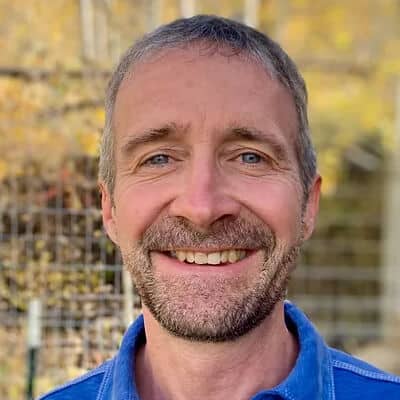
About Chad Bennett
Rev. Zenho Chad Bennett, MA, LPC is an Integral Zen Priest that has been practicing meditation since 2003, spending several years in Thailand and India doing extended periods of Therevadan retreat. He returned to the USA for a master’s degree in Transpersonal Counseling Psychology at Naropa University and his teaching style is practical and experiential, stressing the importance of healthy holistic character development all the way up and down the evolutionary spiral. Chad is currently in private practice as a psychotherapist and spiritual counselor and leads the Integral Zen Denver/Boulder community as a senior student of Doshin Roshi.
-
How Healthy Relationships Manage Conflict
Dr. Keith and Corey discuss “post-issue relationships” — relationships where both partners have the awareness and skill to stay connected in warmth and acceptance all the time, where challenges such as irritation, anxiety, doubt, guilt, and frustration can be transmuted into problem solving and warm feelings towards each other.

About Keith Witt
Dr. Keith Witt is a Licensed Psychologist, teacher, and author who has lived and worked in Santa Barbara, CA. for over forty years. Dr. Witt is also the founder of The School of Love.
-
The Momentous Leap to Integral Consciousness
Ken Wilber and Corey deVos explore some of the unique challenges that come with the transition to Integral stages of development — “the momentous leap” as it is often called. Watch as Ken and Corey try to bring a little bit more light to this particular path of transformation, and maybe leave a few signposts for fellow travelers along the way.

About Ken Wilber
Ken Wilber is a preeminent scholar of the Integral stage of human development. He is an internationally acknowledged leader, founder of Integral Institute, and co-founder of Integral Life. Ken is the originator of arguably the first truly comprehensive or integrative world philosophy, aptly named “Integral Theory”.
-
Personality as the Base Note of Change Work
Watch as Dr. Keith offers a “Psychotherapy Masterclass” that helps us work with various personality types as a foundation for healing, change, and self-actualization. While intended for other psychotherapy professionals, this discussion offers valuable insight for all of us, and can be immediately applied to our personal transformational work, whatever that may be.

About Keith Witt
Dr. Keith Witt is a Licensed Psychologist, teacher, and author who has lived and worked in Santa Barbara, CA. for over forty years. Dr. Witt is also the founder of The School of Love.
-
Making Sense of Madness: Personality Disorders and Mass Formation Delusions
Dr. Keith and Corey explore an Integral understanding of personality disorders, and how they fit into the mass formation distortions that currently seem to be happening all around us in our culture.

About Keith Witt
Dr. Keith Witt is a Licensed Psychologist, teacher, and author who has lived and worked in Santa Barbara, CA. for over forty years. Dr. Witt is also the founder of The School of Love.
-
An Integral Approach to Parenting in the First Three Years of a Child’s Life
This article provides an introduction to the possible span and depth considered when applying an Integral approach to parenting during early childhood. The relationship between Integral Theory and the practice of parenting is addressed, and key principles and concepts that underlie Integral Parenting are discussed. The task of parenting is placed within an evolutionary context and presented as a possible Integral practice. Ken Wilber’s Integral Theory serves as an inspiration and organizing matrix.
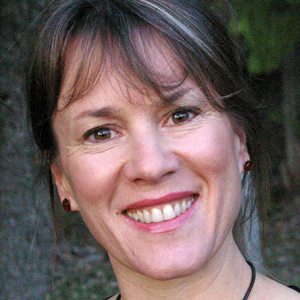
About Miriam Martineau
Miriam Mason Martineau, M.A., is trained in the areas of psychology, dance, choreography, and voice. She has a Masters Degree in Psychology from the University of Zurich, with a specialization in Youth and Child Psychology, and is also a certified teacher of Laban Modern Dance, as well as a singer and vocal instructor.
-
Authoring Your Life Story: The Hero’s Journey and You
Watch as Dr. Keith and Corey take a deep dive into the human superpower of self-authorship, and how we can use that superpower to construct a more resilient, more forgiving, and more integrated sense of “self”.

About Keith Witt
Dr. Keith Witt is a Licensed Psychologist, teacher, and author who has lived and worked in Santa Barbara, CA. for over forty years. Dr. Witt is also the founder of The School of Love.
-
Adverse Childhood Experiences: Overview, Response Strategies, and Integral Theory
Researchers from the Centers for Disease Control and Prevention (CDC) have been involved in an ongoing collaboration with Kaiser Permanente’s Department of Preventive Medicine, where they have designed a large and epidemiologically sound study exploring the role of “adverse childhood experiences” (ACEs) on social and health outcomes later in life. This research brings a distinct and compelling relationship between ACEs, health risk behaviors, and physical and mental health into awareness. This article outlines these research findings, pointing also to the role of ACEs in homelessness and criminal justice involvement and addressing service delivery implications. Integral Theory is used to explain ACEs as an underlying syndrome, and Integral Restorative Processes is presented as a useful and flexible intervention model to guide a comprehensive and effective response.

About Heather Larkin
HEATHER LARKIN holds an MSW from Boston University and is currently a doctoral candidate at the National Catholic School of Social Service, The Catholic University of America. Prior to pursuing her doctorate, Ms. Larkin spent seven years as a clinical social worker at Northern New Hampshire Mental Health and Developmental Services and has extensive experience with clinical issues such as severe mental illness, emotionally disturbed children and their families, aging, developmental disability, depression, anxiety disorders, abuse issues, family issues, medical issues, substance abuse, and co-occurring disorders.
-
How to Teach Kids About Sex and Gender
What exactly are “developmentally appropriate, age-appropriate” ways to teach kids about sex, gender, and identity, not only for kids in kindergarten through third grade, but throughout the rest of childhood and adolescence? Which aspects are more appropriate to teach at home, and which are appropriate to teach at school? Watch as Dr. Keith and Corey share their thoughts.

About Keith Witt
Dr. Keith Witt is a Licensed Psychologist, teacher, and author who has lived and worked in Santa Barbara, CA. for over forty years. Dr. Witt is also the founder of The School of Love.
-
Healing Collective Trauma: We Are All Shareholders in a Traumatized World
Thomas Hübl, renowned spiritual teacher, author, expert on collective trauma, and creator and facilitator of The Collective Trauma Integration Process, shares fascinating, life changing information about the dynamics of collective trauma — how it is embodied and perpetuated in the language we use, and how we are bound together in a sort of “mutual collusion” that predisposes us to repeat our past, and to repeat over and over the things we would much rather leave behind.
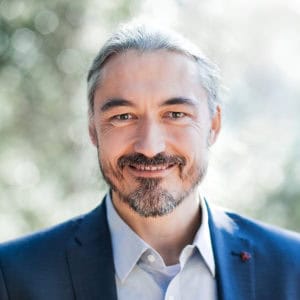
About Thomas Hübl
Thomas Hübl is a renowned teacher, author, and international facilitator whose lifelong work integrates the core insights of the great wisdom traditions and mysticism with the discoveries of science. Over the last two decades, Hübl has taught and facilitated programs with more than 100,000 people worldwide. His events have focused on processing the collective trauma of racism, oppression, colonialism, genocides, and the complexities of those regions and groups which experience multiple historic and current challenges
-
An Integral Understanding of Narcissism and Gaslighting
In this episode, Dr. Keith and Corey take a careful look at the strategies and intended results of gaslighting (the effort to make you question your very sanity by convincing you that your memories and perception of reality are somehow incorrect, inconsistent, or unreliable) in our personal and professional relationships, as well as in media, marketing, politics, and society at-large. How can we can better inoculate ourselves from this pernicious form of psychological manipulation? Watch to find out!

About Keith Witt
Dr. Keith Witt is a Licensed Psychologist, teacher, and author who has lived and worked in Santa Barbara, CA. for over forty years. Dr. Witt is also the founder of The School of Love.
-
Trauma to Transcendence: Using Life’s Wounds to Grow
Dr. Keith Witt and Jeff discuss a powerful realization emerging at the leading edge of culture regarding the role of trauma in our lives. Dr. Keith is writing a book on the subject and has mined various psychotherapeutic modalities to create an integral approach to using trauma as a portal to health and higher consciousness.

About Keith Witt
Dr. Keith Witt is a Licensed Psychologist, teacher, and author who has lived and worked in Santa Barbara, CA. for over forty years. Dr. Witt is also the founder of The School of Love.
-
How We Can Hack Our Brain to Become Happier, Healthier, and More Transcendent
In this inspiring and empowering conversation, Rick Hanson spells out how we can use positive, self-directed neuroplasticity to hardwire our brains in order to become happier, cultivate virtues, deal with cravings, become deeply grounded, turn our desired states into stable traits, and more.
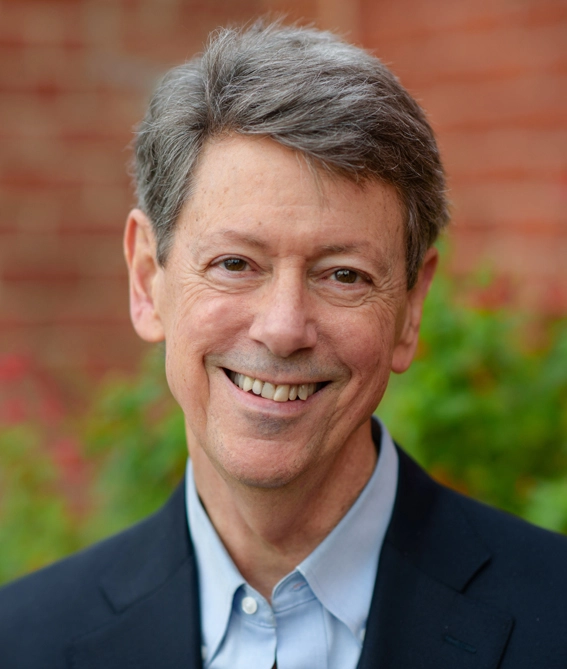
About Rick Hanson
Rick Hanson, Ph.D., is an expert on positive neuroplasticity, a clinical psychologist, a New York Times best-selling author, and a Senior Fellow of the Greater Good Science Center at UC Berkeley. His books include Neurodharma, Resilient, Hardwiring Happiness, Buddha’s Brain, Just One Thing, and Mother Nurture, and have been published in 30 languages. He has lectured at NASA, Google, Oxford, and Harvard, and taught in meditation centers worldwide. Rick’s work has been featured on the BBC, CBS, NPR, and other major media. He began meditating in 1974 and is the founder of the Wellspring Institute for Neuroscience and Contemplative Wisdom. Rick loves wilderness and taking a break from emails.
-
The Awakened Brain: The Neurobiology of Spiritual Experience
Dr. Keith takes a close look at the physiology of spiritual experience. What parts of the brain are being activated when we are having one of these powerful state experiences, and what does this tell us about the critical intersection between growth (both biological and psychological development) and awakening?

About Keith Witt
Dr. Keith Witt is a Licensed Psychologist, teacher, and author who has lived and worked in Santa Barbara, CA. for over forty years. Dr. Witt is also the founder of The School of Love.
-
From Codependence to Interdependence
Codependent relationships — those relationships where one person needs another, and the other person needs to be needed — are surprisingly common in our lives, regardless of our overall stage of development. In fact, there is a good chance that you have dealt with codependent relationships in the past, or are maybe even struggling with one right now. This discussion will help you to transform those relationships into genuinely interdependent relationships that can transcend and include both healthy dependence and independence.

About Keith Witt
Dr. Keith Witt is a Licensed Psychologist, teacher, and author who has lived and worked in Santa Barbara, CA. for over forty years. Dr. Witt is also the founder of The School of Love.
-
Transforming Trauma Into Resilience
Watch as we take a look at several different kinds of trauma — micro-traumas, big traumas, “pre-verbal” traumas, generational traumas, etc. — and explore how we can shift into a “post-traumatic growth” mindset which, like the kintsugi vase in the image above, allows us to remake ourself into a more resilient, unique, and elegant vessel.

About Keith Witt
Dr. Keith Witt is a Licensed Psychologist, teacher, and author who has lived and worked in Santa Barbara, CA. for over forty years. Dr. Witt is also the founder of The School of Love.
-
A Brief Overview of Integral Social Work
This article seeks to explore Integral Social Work — its meaning and applications. This goal is achieved by exploring the nature of social service in the context of Integral Theory’s AQAL (all- quadrant, all-level) approach. The essence of Integral Social Work is to serve the whole person and the whole of society with the whole of one’s being. This requires that social workers develop themselves, while simultaneously helping others, and society, to develop in as full, complex, and healthy a way as possible.

About David Kerrigan
DAVID KERRIGAN, Ph.D., LCSW, serves as Executive Director of the Center for Spirituality and Integral Social Work at The Catholic University of America in Washington, DC. He works as a clinical social worker at Adoption/ Attachment partners in Northern Virginia, a psychotherapy practice specializing in helping children and their families with attachment problems. His dissertation on the helping relationship with clinical social work clients and spiritual seekers was one of the first dissertations to use Integral Theory. He is developing a psychosocial self-report measure integrating spiritual transcendence and attachment theory.
-
Social Work as an Integral Profession
This article introduces the reader to the profession of social work and its evolution over time. By simultaneously attending to both the person and the environment, social work has been a more comprehensive profession. Although social work has been inherently striving for a more integrative approach from the beginning, it has lacked a meta-theory that could address people, their environments, and integrate previously competing theories. Integral Theory is that meta-theory. Social workers are invited to consider this meta-theoretical approach to the service they provide.

About Heather Larkin
HEATHER LARKIN holds an MSW from Boston University and is currently a doctoral candidate at the National Catholic School of Social Service, The Catholic University of America. Prior to pursuing her doctorate, Ms. Larkin spent seven years as a clinical social worker at Northern New Hampshire Mental Health and Developmental Services and has extensive experience with clinical issues such as severe mental illness, emotionally disturbed children and their families, aging, developmental disability, depression, anxiety disorders, abuse issues, family issues, medical issues, substance abuse, and co-occurring disorders.
-
Finding Resilience in a Flood of Disinformation
Dr. Keith and Corey explore multiple strategies to help us maintain our mental and emotional well-being as our informational terrains become increasingly disrupted and distorted by a constant flood of disinformation.

About Keith Witt
Dr. Keith Witt is a Licensed Psychologist, teacher, and author who has lived and worked in Santa Barbara, CA. for over forty years. Dr. Witt is also the founder of The School of Love.
-
Jane: An Integral Psychotherapy Case Study (Depression, Identity, and Intimacy in Young Adulthood)
To illustrate the value of the AQAL model for therapists, Paul presents a case study that demonstrates some features of Integral Psychotherapy. He introduces the client and explore three treatment episodes of various lengths. By following the unfolding journey of one client working with an integrally informed psychotherapist, the reader gains a felt sense of at least one way the AQAL model can be clinically applied. Lastly, the client’s situation and progress are explored through an AQAL analysis using the five elements of Integral Theory.

About Paul Landraitis
PAUL LANDRAITIS discovered Ken Wilber’s work in 1983 and quickly became an ardent student of the Integral approach. He received his M.A. in Buddhist and Western psychology from Naropa University that same year and now has over 20 years experience applying Integral approaches to helping people resolve relationship problems, overcome mental and emotional disorders, live an authentically happy life, and develop their capacity to contribute to the greater common good. He has sought wide-ranging professional experience as a psychotherapist, coach, adult educator, consultant, and mental health researcher in order to deepen his own understanding of human potential and serve people by bringing Integral insight to these tumultuous times.
-
Integral Psychotherapy: An Introduction
In this article Bert introduces and explores some of the diverse schools of psychotherapeutic thought. He then argues that Integral Theory or the “all-quadrant” approach provides a method of organizing and uniting these competing schools of psychotherapy into a coherent whole. The result, as we will see, is a more inclusive, adaptive clinical assessment and treatment.
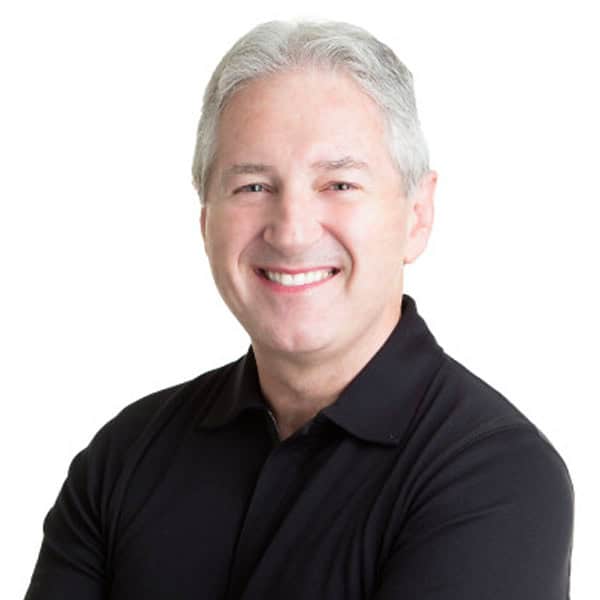
About Bert Parlee
Bert is a clinical psychologist, executive coach, leadership training and YPO facilitator, and former Chief of Staff of Ken Wilber’s Integral Institute. While still serving clinical populations, Bert’s current workload usually consists of assisting executives and executive leadership teams in their efforts to secure next levels of performance. Prior to his graduate work in psychology and psychotherapy, Bert’s undergraduate honors degree was in political science with an emphasis on International Relations.
-
20th Century Background for Integral Psychology
This paper introduces Integral Psychology (IP) as a mature embrace to the question of what is human nature and how do we best explore it. Historically, wave after wave of various trends and movements have attempted to give psychology a focus and scientific status. After decades of specialization and segmentation (APA has over 50 divisions), IP aims at a mature synthesis of the field. IP mines and integrates the lasting contributions to our understanding of human nature and potential from all psychological schools of thought, disciplinary divisions, and methods of investigation—paying attention to both research and applications. In this paper I explore six of the major historical predecessors to IP: behaviorism, psychoanalysis, humanistic-existential, transpersonal, constructivist-developmental, and positive psychology.
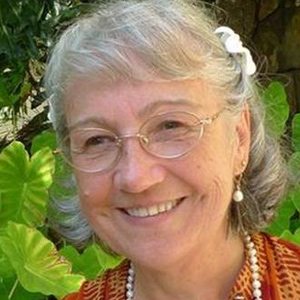
About Susanne Cook-Greuter
Dr. Susanne Cook-Greuter, born in Switzerland, is an internationally known authority on mature adult development, continuing the work of developmental pioneer Jane Loevinger. Her thesis, Postautonomous Ego Development (1999), is a landmark study in the characteristics and assessment of highly developed and influential individuals and leaders. She holds a doctorate in education from Harvard University, and is also a founding member of Integral Institute.
-
An Introduction to Integral Psychology
This article explores how Integral Theory can serve the discipline of psychology in its current, parochial state by offering a framework for unification. While psychology has evolved as a science, the trend toward specialization has rendered it fragmented. Numerous efforts at unification have failed to draw the many specializations together. Until now, no unification theory has offered a sufficiently broad and deep framework to include all aspects of psychology. This paper offers a view of how Integral Theory can serve as a uniting framework for psychology as well as its individual disciplines.
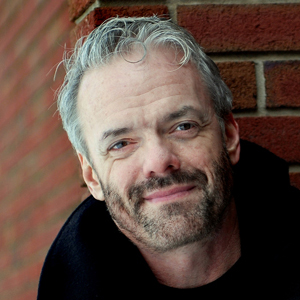
About Elliott Ingersoll
Elliott Ingersoll is a licensed psychologist and clinical counselor in Ohio. He is professor of counseling/ counseling psychology and “Distinguished Faculty Member” at Cleveland State University. His research interests span a broad spectrum including psychopathology, mental health diagnosis, psychopharmacology, and spirituality in counseling and psychotherapy.
-
Inhabit: Your Humility
Corey and Ryan discuss the importance of cultivating and inhabiting a “confident humility” with relation to our own physical bodies, mental processes, and spiritual health. We also have a fun segment at the end designed to put your own humility to the test, by looking at 10 common integral caricatures — stereotypes that many of us fall into at one point or another during our Integral lives.
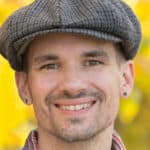
About Corey deVos
Corey W. deVos is editor and producer of Integral Life. He has worked for Integral Institute/Integal Life since Spring of 2003, and has been a student of integral theory and practice since 1996. Corey is also a professional woodworker, and many of his artworks can be found in his VisionLogix art gallery.
-
Integral Psychiatry: Five Elements of Clinical Theory and Practice
Pharmacological treatments are the mainstay of current psychiatric practice as effective treatments for a variety of mental disorders. Many recognize the inadequacy of a purely biological treatment for most patients. The psychiatric field appears to be shifting into a more integrative stance with biological and psychosocial treatments. With the vast array of therapies, the Integral approach attempts to embrace all schools of treatment into a coherent whole. Two elements of the AQAL framework — quadrants and levels — are introduced as relevant aspects for Integral Psychiatry.

About Baron Short
BARON SHORT, M.D., has studied Integral Theory and its application in medicine and psychiatry since 2000. He is in his fifth year of residency training in internal medicine and psychiatry at the Medical University of South Carolina. He is a primary investigator in a pilot study, “Functional Magnetic Resonance Imaging and Meditation.” Dr. Short hopes to better understand the neurophysiology involved in the meditative experience as such knowledge could influence future clinical treatments and our ideas on the philosophy and spirituality of mind. In addition to his clinical rotations, academic presentations, and research interests, he is an avid teacher for medical students and new residents. He hopes to collaborate and offer one of the first Integral Medicine courses accessible at a medical university in the near future.
-
Honesty, Humility, and Reality Distortion Fields
Dr. Keith and Corey discuss “the H Factor” — a variation of the Big 5 personality typology that adds a critical sixth trait, honesty and humility. Watch as we take a deep dive into the psychological benefits of honest self-reporting, a healthy epistemic humility, and the sorts of “reality distortion fields” that seem to emanate from certain personalities.

About Keith Witt
Dr. Keith Witt is a Licensed Psychologist, teacher, and author who has lived and worked in Santa Barbara, CA. for over forty years. Dr. Witt is also the founder of The School of Love.
-
How to Manage Passive Aggression
Watch as Dr. Keith and Corey explore the many ways passive aggression, anger, and codependence create more separation between people and degrade our capacity for love, while assertive processing of anger creates more intimacy and safety. Learning how to take a pause before aggressive or passive-aggressive action gives the opportunity to cross-validate through all four quadrants, and to take our overall kosmic address into account.

About Keith Witt
Dr. Keith Witt is a Licensed Psychologist, teacher, and author who has lived and worked in Santa Barbara, CA. for over forty years. Dr. Witt is also the founder of The School of Love.
-
Martial Arts and Psychotherapy
Dr. Keith and Corey explore the fertile intersection between martial arts, psychotherapy, and integral living. Watch as Keith shares the deep wisdoms he has received from his own lifelong martial arts practice, and how those wisdoms directly inform his approach to his own psychotherapy practice and the various healing strategies he draws upon.

About Keith Witt
Dr. Keith Witt is a Licensed Psychologist, teacher, and author who has lived and worked in Santa Barbara, CA. for over forty years. Dr. Witt is also the founder of The School of Love.
-
Escaping Narcissism
In this episode of Witt & Wisdom we take a careful look at these narcissistic tendencies and how they express themselves in all four quadrants, and at every major stage of development. We hope that this discussion will help you identify whatever narcissistic traits you may be carrying with you, and to consciously wield your positive self-esteem without being seduced by our own self-importance.

About Keith Witt
Dr. Keith Witt is a Licensed Psychologist, teacher, and author who has lived and worked in Santa Barbara, CA. for over forty years. Dr. Witt is also the founder of The School of Love.
-
Into the Dreaming
Our dreams are often drenched in meaning, significance, and symbolism. But it is often very difficult for us to make sense of our experiences in the dream world, and to hoist these treasures out of the surreal and into the real. Our dreams typically communicate to us in the language of the bizarre, and more often than not we need some guidance in order to better understand them and extract whatever wisdoms they may offer us. Watch as Dr. Keith and Corey explore the murky depths of our own unconsciousness, and try to shine some light upon some of the common features we experience in the dream world.

About Keith Witt
Dr. Keith Witt is a Licensed Psychologist, teacher, and author who has lived and worked in Santa Barbara, CA. for over forty years. Dr. Witt is also the founder of The School of Love.
-
Overcoming Confirmation Bias
Dr. Keith and Corey explore the two primary forms of reasoning — confirmatory reasoning, otherwise known as “confirmation bias”, and exploratory reasoning, which considers multiple perspectives and anticipates criticism and objection to one’s views and positions.

About Keith Witt
Dr. Keith Witt is a Licensed Psychologist, teacher, and author who has lived and worked in Santa Barbara, CA. for over forty years. Dr. Witt is also the founder of The School of Love.
-
Love, Conflict, and Play
Keith and Corey talk about how all play is an abstracted version of fighting, and how we can always draw upon our evolutionary capacity to transmute our basic animal drives into art, goodness, and greater understanding.

About Keith Witt
Dr. Keith Witt is a Licensed Psychologist, teacher, and author who has lived and worked in Santa Barbara, CA. for over forty years. Dr. Witt is also the founder of The School of Love.
-
Unpacking the Integral Enneagram
What exactly is the Enneagram, and what makes it such a helpful tool when it comes to our ongoing growth and awakening? Watch as Lisa and Corey offer a broad introduction to the Integral Enneagram, as well as to the many Enneagram offerings we currently have available on Integral Life.

About Corey deVos
Corey W. deVos is editor and producer of Integral Life. He has worked for Integral Institute/Integal Life since Spring of 2003, and has been a student of integral theory and practice since 1996. Corey is also a professional woodworker, and many of his artworks can be found in his VisionLogix art gallery.
-
The Invisible Audience
Watch as Dr. Keith and Corey have a fascinating discussion about the “Invisible Audience”, helping you make these unconscious observers just a bit more visible to you.

About Keith Witt
Dr. Keith Witt is a Licensed Psychologist, teacher, and author who has lived and worked in Santa Barbara, CA. for over forty years. Dr. Witt is also the founder of The School of Love.
-
Putting the Pieces Back Together
Corey and Keith discuss the psychological and cultural aftermath of the 2020 Presidential Election, and the integral work ahead of us to help put the fragmented pieces of our society back together in the post-Trump era.

About Keith Witt
Dr. Keith Witt is a Licensed Psychologist, teacher, and author who has lived and worked in Santa Barbara, CA. for over forty years. Dr. Witt is also the founder of The School of Love.
-
Illuminating Shadow: Family, Community, and Relationship
Corey and Keith are joined by a very special guest, Keith’s daughter Zoe Witt, for this tremendously touching exploration of shadow in family, in relationships, and in the Integral community itself.

About Keith Witt
Dr. Keith Witt is a Licensed Psychologist, teacher, and author who has lived and worked in Santa Barbara, CA. for over forty years. Dr. Witt is also the founder of The School of Love.
-
Your Enneagram Type: An Introduction
Welcome to the Integral Enneagram Practice series! On this page you can find some introductory material by practice leader Lee Mason to help familiarize yourself with the Integral Enneagram and the nine different personality types it describes.
-
Just Breathe: How to Manage Your Stress and Find Your Flow
Your breath is a direct channel to the flow state. Watch as Dr. Keith and Corey explore this elegantly simple practice, one that can bring you more joy, more fulfillment, and more anti-fragile strategies to manage and master the outrageous pressures of our lives.

About Keith Witt
Dr. Keith Witt is a Licensed Psychologist, teacher, and author who has lived and worked in Santa Barbara, CA. for over forty years. Dr. Witt is also the founder of The School of Love.
-
An Integral Tour of Consciousness Studies
Consciousness is not only found in the Upper-Left quadrant in Integral Theory, which concerns itself with individual subjectivity and experience; rather consciousness is located in each of the four quadrants. This short essay examines how consciousness reveals itself and is studied in each of the four quadrants within Integral Theory.
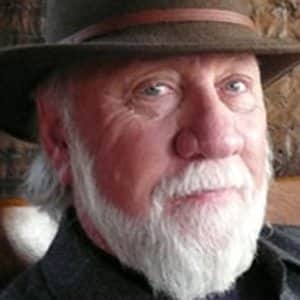
About Allan Combs
Allan Combs is a Professor of Transformative Studies at the California Institute of Integral Studies.and director of the Integral Focus of the doctoral program. His background is in consciousness studies, neuropsychology, and systems science. His recent book, Consciousness Explained Better, is available at major booksellers everywhere.
-
Consciousness as Embodied, Embedded, Enmeshed
Consciousness is all too often understood purely in subjective terms. An Integral approach recognizes that subjectivity is only one of four dimensions to consciousness. This article proposes that consciousness (subjectivity) cannot be understood independent of its co-arising with bodies (objectivity), cultures (intersubjectivity), and systems (interobjectivity).
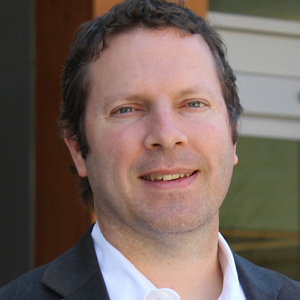
About Sean Esbjörn-Hargens
Sean Esbjörn-Hargens, Ph.D. is one of the world’s leading experts on Integral Theory and its application. Building on the vision of American philosopher Ken Wilber, he has played a significant role in creating the academic field of Integral Theory. He is co-author of Integral Ecology and editor of Integral Theory in Action and Integral Education.
-
Inhabit: Your Shadow
Ryan and Corey explore ways to bring more embodiment to your shadow practice, allowing you you to recognize your shadow in 3rd person, to relate with your shadow in 2nd person, and to finally reclaim and inhabit your shadow in your own 1st-person experience.
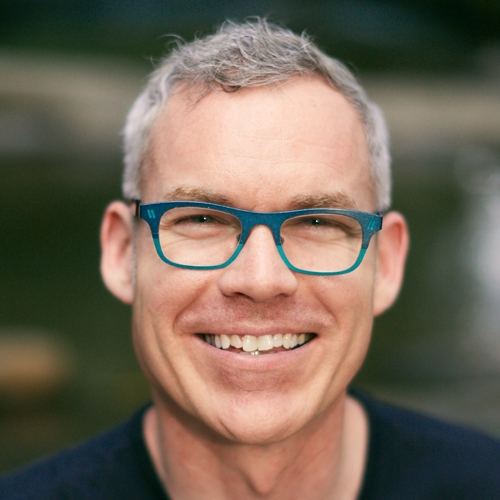
About Ryan Oelke
Ryan Oelke is a co-founder and teacher at Buddhist Geeks and a Senior Teacher of The Realization Process. He has an MSEd in counseling psychology and is contemplative teacher of awakening, healing, and embodiment. He has 20 years experience in meditation, particularly in the Tibetan Buddhist and Dzogchen lineages. Ryan teaches meditation and a way of living dedicated to revealing natural presence and awakening in each moment of our lives, regardless of how it appears to us.
-
Mindfulness, Psychotherapy, and Politics
Dr. Keith and Corey lead a fascinating discussion that brings us to the heart of psychotherapy, mindfulness, and spiritual awakening, and then apply this transformational wisdom to the social and political challenges we are surrounded by.

About Keith Witt
Dr. Keith Witt is a Licensed Psychologist, teacher, and author who has lived and worked in Santa Barbara, CA. for over forty years. Dr. Witt is also the founder of The School of Love.
-
Integrating Shadow
Ken and Corey offer a stunning overview of the psychological shadow. Ken describes several different kinds of shadow, how shadow can show up differently in all four quadrants, and the relationship between shadow, violence, and social transformation.

About Ken Wilber
Ken Wilber is a preeminent scholar of the Integral stage of human development. He is an internationally acknowledged leader, founder of Integral Institute, and co-founder of Integral Life. Ken is the originator of arguably the first truly comprehensive or integrative world philosophy, aptly named “Integral Theory”.
-
Integral Mastery
The mastery process has been heavily researched — from the initial ignition of passion that makes us want to excel is some area, to embracing growth as progress as the ongoing goal, independent of outcomes. Join us for a fascinating exportation of integral growth and mastery that goes far beyond the typical discussion of “10,000 hours”.

About Keith Witt
Dr. Keith Witt is a Licensed Psychologist, teacher, and author who has lived and worked in Santa Barbara, CA. for over forty years. Dr. Witt is also the founder of The School of Love.
-
COVID-19 Through the Lens of the Enneagram
How are different Enneagram types dealing with these new life conditions that are being imposed upon us all? What are the different coping strategies and pain points and opportunities for transformation? How can the Integral Enneagram help us bring more care, compassion, and connection to our own integral family? Watch this very special episode to find out.
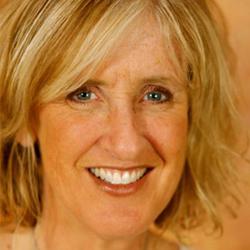
About Leslie Hershberger
Leslie Hershberger is a natural teacher, facilitator and writer who integrates the Enneagram in the Narrative Tradition, three centered contemplative practice and Integral theory to help people and groups understand themselves, others and the world through a deeper, more expansive lens.
-
Supporting Development in Adolescents
Watch as Dr. Keith and Corey take a close look at a critical phase of our own development, noting all of the things that can go right (and many of the things that can go wrong) during this period of growth, and how we can be more supportive and responsive to the needs of our own children as they navigate this turbulent period of their lives.

About Keith Witt
Dr. Keith Witt is a Licensed Psychologist, teacher, and author who has lived and worked in Santa Barbara, CA. for over forty years. Dr. Witt is also the founder of The School of Love.
-
Coronavirus: Making Sense of Our Sense-Making
Watch as Beena Sharma and Susanne Cook-Greuter offer a must-see presentation to help us understand the many healthy and unhealthy responses we are seeing to the coronavirus pandemic, all the way up and down the spiral of development.

About Beena Sharma
Beena Sharma is President of the Vertical Development Academy, and an international consultant committed to serving leaders and organizations in their growth endeavors. . Beena is a Certified MAP Scorer, Certified Leadership Maturity Coach and certifying Master Coach. Beena is a lead facilitator of the VeDA Coach Certification Program and consults with organizations interested in implementing vertical development. Beena is trained in Polarity Thinking at the Mastery level and integrates that expertise in her coaching and consulting practice.
-
Working With Collective Trauma
Collective trauma is more than the sum aggregate of all our our individual traumas. It is a trauma that exists between us, rather than within us individually, and requires different kinds of interventions and rehabilitations in order to treat.

About Keith Witt
Dr. Keith Witt is a Licensed Psychologist, teacher, and author who has lived and worked in Santa Barbara, CA. for over forty years. Dr. Witt is also the founder of The School of Love.
-
How Defensive States Prevent Self-Knowledge
Dr. Keith and Corey navigate the psychological minefield of defensive states and shadow impulses that often diminish our capacity for wisdom, empathy, and self-knowledge.

About Keith Witt
Dr. Keith Witt is a Licensed Psychologist, teacher, and author who has lived and worked in Santa Barbara, CA. for over forty years. Dr. Witt is also the founder of The School of Love.
-
The Meaning of Coincidence
Dr. Keith and Corey take an integral look at synchronicity, exploring this elusive phenomena through the lenses of the four quadrants, the major states of consciousness, the twenty tenets, and Rupert Sheldrake’s theory of morphic resonance. It is a fun and fascinating discussion, and one that will hopefully help you pay a bit closer attention whenever you feel your own four quadrants falling into perfect and seamless symmetry.

About Keith Witt
Dr. Keith Witt is a Licensed Psychologist, teacher, and author who has lived and worked in Santa Barbara, CA. for over forty years. Dr. Witt is also the founder of The School of Love.
-
Time, Consciousness, and Development
Dr. Keith and Corey discuss how our relationship with time lies at the very root of consciousness, and explore how our perceptions of time affect our overall psychological health and sense of well-being. We are also joined by our good friend Jeremy Johnson in a fascinating discussion of how Jean Gebser describes our ever-evolving enactment of time.

About Keith Witt
Dr. Keith Witt is a Licensed Psychologist, teacher, and author who has lived and worked in Santa Barbara, CA. for over forty years. Dr. Witt is also the founder of The School of Love.
-
Integrating Shadow Up and Down the Spiral
Dr. Keith and Corey shine some light on the many sorts of shadow material we can encounter during our developmental journey, and how we can use our own shadows to help guide us toward the light.

About Keith Witt
Dr. Keith Witt is a Licensed Psychologist, teacher, and author who has lived and worked in Santa Barbara, CA. for over forty years. Dr. Witt is also the founder of The School of Love.
-
100 Reasons Not to Have an Affair
Dr. Keith and Corey discuss why extramarital affairs happen, what the consequences of infidelity are to your relationship, your family, and your own mental well-being, and why you should probably never, ever have one.

About Keith Witt
Dr. Keith Witt is a Licensed Psychologist, teacher, and author who has lived and worked in Santa Barbara, CA. for over forty years. Dr. Witt is also the founder of The School of Love.
-
Creating a Coherent Life Story
Dr. Keith and Corey discuss the primary goal of psychotherapy — to help people experience themselves every day as living a happy ending to their life so far, and at the very beginning of a wonderful and exciting new chapter. This goal, of course, requires a more integrated self in order to meet the inevitable challenges, triggers, and opportunities that we will encounter on the path of growing up, and for us to be able to create a cohesive and coherent life story for ourselves as we move forward

About Keith Witt
Dr. Keith Witt is a Licensed Psychologist, teacher, and author who has lived and worked in Santa Barbara, CA. for over forty years. Dr. Witt is also the founder of The School of Love.
-
The One Moment That Can Make or Break Your Relationship
Dr. Keith and Corey explore how to better manage conflict in our relationships, focusing on one critical moment in these conflicts — the moment a defensive state arises. How that moment is handled is a massive determinant of how a relationship will progress, as discussed by Keith and Corey in this episode.

About Keith Witt
Dr. Keith Witt is a Licensed Psychologist, teacher, and author who has lived and worked in Santa Barbara, CA. for over forty years. Dr. Witt is also the founder of The School of Love.
-
A More Unifying Psychotherapy
Andre Marquis, PhD, is associate professor of counseling and human development and author of several books and scholarly articles in the field of Integral Psychology. Today Andre talks to Ken Wilber about his most recent book, Integral Psychotherapy: A Unifying Approach, which explores how a more comprehensive understanding of the self can greatly enhance, enrich, and energize the therapeutic experience for both patient and practitioner.

About Andre Marquis
Andre Marquis is an associate professor in counseling and human development at the Warner School, University of Rochester. His teaching, research, and scholarly interests include counseling theories and practice, psychotherapy integration and unification, group therapy, relational psychodynamics, Intensive Short-Term Dynamic Psychotherapy and other emotion-focused therapies, developmental constructivism, human change processes, and integral theory as it provides a metatheoretical framework to coherently organize theory and practice. He is the author of several books in the field of Integral Psychotherapy, and has also authored numerous scholarly articles — including articles he co-authored with Ken Wilber and Michael Mahoney, both of whom he has worked with closely.
-
The Other World: Integrating Psychological and Spiritual Health
Dr. Keith Witt and Corey deVos explore the bottomless source of deep wisdom that exists at the intersection between the spiritual and psychological realms.

About Keith Witt
Dr. Keith Witt is a Licensed Psychologist, teacher, and author who has lived and worked in Santa Barbara, CA. for over forty years. Dr. Witt is also the founder of The School of Love.
-
Shadow Work for Couples
Dr. Keith and Corey explore how shadow practices can help couples resolve conflict and deepen their intimacy.

About Keith Witt
Dr. Keith Witt is a Licensed Psychologist, teacher, and author who has lived and worked in Santa Barbara, CA. for over forty years. Dr. Witt is also the founder of The School of Love.
-
How Emotional Coaching Makes Us Better Parents
Dr. Keith and Corey explore how the integral approach and emotional coaching can profoundly transform our ability to show up as parents for our children.

About Keith Witt
Dr. Keith Witt is a Licensed Psychologist, teacher, and author who has lived and worked in Santa Barbara, CA. for over forty years. Dr. Witt is also the founder of The School of Love.
-
The Many Ways We Grow
Human development is uneven, which means that we are better at some things than we are at others. Some skills come more naturally to us, and others are more difficult to acquire. Watch as Ken and Corey explore each of these developmental capacities in detail, offering a powerful summary of human potentials, talents, and intelligences — a comprehensive map of the territory of “you” that will help guide your own ongoing growth and development.

About Ken Wilber
Ken Wilber is a preeminent scholar of the Integral stage of human development. He is an internationally acknowledged leader, founder of Integral Institute, and co-founder of Integral Life. Ken is the originator of arguably the first truly comprehensive or integrative world philosophy, aptly named “Integral Theory”.
-
Affluenza and the College Admissions Scandal
Watch as Dr. Keith and Corey explore the recent college admissions scandal through the lens of integral psychology, typology, and the intimate interplay between culture, genetically influenced personality traits, and personal choice.

About Keith Witt
Dr. Keith Witt is a Licensed Psychologist, teacher, and author who has lived and worked in Santa Barbara, CA. for over forty years. Dr. Witt is also the founder of The School of Love.
-
The Psychology of Kink: Transforming Sexual Drives Into Art
LOT of adults are into kink, and studies show those people are happier, more resilient, and more conscientious. Join Dr. Keith Witt and Corey deVos as we explore kink as a one way to transform our sexual drives into art and add to the sum total of love in the universe.

About Keith Witt
Dr. Keith Witt is a Licensed Psychologist, teacher, and author who has lived and worked in Santa Barbara, CA. for over forty years. Dr. Witt is also the founder of The School of Love.
-
Integral Mindfulness and the Evolution of Shame
Integral mindfulness gives us the tools to make our moral discernments more visible and influenceable. Integral mindfulness can organize our relationships with shame and moral disgust (as well as with moral approval and all forms of pleasure) to use them as sources of enhanced horizontal and vertical health.

About Keith Witt
Dr. Keith Witt is a Licensed Psychologist, teacher, and author who has lived and worked in Santa Barbara, CA. for over forty years. Dr. Witt is also the founder of The School of Love.
-
Staying Attuned in an Entangled Universe
Dr. Keith and Corey explore ways that people can stay attuned with one another even while our defensive states are being activated.

About Keith Witt
Dr. Keith Witt is a Licensed Psychologist, teacher, and author who has lived and worked in Santa Barbara, CA. for over forty years. Dr. Witt is also the founder of The School of Love.
-
The Art and Practice of Happiness
Watch as Dr. Keith Witt, Jeff Salzman, and Corey deVos take an in-depth look at the art of happiness, exploring some of the central perspectives and practices that can lead to a more happy, wise, and fulfilling life.

About Keith Witt
Dr. Keith Witt is a Licensed Psychologist, teacher, and author who has lived and worked in Santa Barbara, CA. for over forty years. Dr. Witt is also the founder of The School of Love.
-
Is Free Will an Illusion?
In this episode of The Ken Show we explore one of the oldest and, in many ways, most profound and consequential philosophical questions in history: what is the nature of “free will”, and is it ultimately just an illusion?

About Ken Wilber
Ken Wilber is a preeminent scholar of the Integral stage of human development. He is an internationally acknowledged leader, founder of Integral Institute, and co-founder of Integral Life. Ken is the originator of arguably the first truly comprehensive or integrative world philosophy, aptly named “Integral Theory”.
-
An Integral Understanding of Suicide
Suicide has been in existence as long as self-aware consciousness has been in existence. The gift of self-aware consciousness included the capacity for humans to anticipate and understand the inevitability of their own deaths, and all gifts come with a price. In this series of videos, Dr. Keith Witt talks to Jeff Salzman and Corey deVos about bringing a more integral understanding and compassion to the topic of suicide.

About Keith Witt
Dr. Keith Witt is a Licensed Psychologist, teacher, and author who has lived and worked in Santa Barbara, CA. for over forty years. Dr. Witt is also the founder of The School of Love.
-
Patterns of Projection: Reclaim the Best of You
World-renowned Enneagram teacher Helen Palmer explores some of the primary patterns that our projections take, each pattern corresponding to our own Enneagram type. She also describes some simple techniques to help us identify and integrate our own psychological projections, helping us to fully own our unconscious shadows and reclaim the very best parts of ourselves.
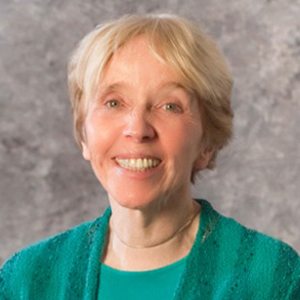
About Helen Palmer
Helen Palmer is an internationally recognized teacher of intuition, and the best-selling author of five works in the human consciousness sector. She is the co-founder of Enneagram Worldwide and the Enneagram Professional Training Program offered by Enneagram Worldwide.
-
The Butterfly and the Hawk: How “Dual Focus” Can Help You Overcome Pain, Anxiety, and Trauma
A common element of many trauma treatments, most psychotherapy, and much spiritual practice is something called “dual focus” — our capacity to anchor ourselves in the feeling of being safe, capable, and worthy in the present moment, while simultaneously extending our awareness to distressing feelings, thoughts, memories, impulses, judgments, and events.

About Keith Witt
Dr. Keith Witt is a Licensed Psychologist, teacher, and author who has lived and worked in Santa Barbara, CA. for over forty years. Dr. Witt is also the founder of The School of Love.
-
Why Be Normal?
Dr. Keith discusses how the concept of “normal” profoundly effects our development and functioning, and how he has dealt with these issues over the decades in therapy sessions and groups.

About Keith Witt
Dr. Keith Witt is a Licensed Psychologist, teacher, and author who has lived and worked in Santa Barbara, CA. for over forty years. Dr. Witt is also the founder of The School of Love.
-
How to Level Up Your Parenting
Being a superior parent is the goal of pretty much all parents. Join us as we explore the many dimensions of integral parenting and the many advantages that come with it.

About Keith Witt
Dr. Keith Witt is a Licensed Psychologist, teacher, and author who has lived and worked in Santa Barbara, CA. for over forty years. Dr. Witt is also the founder of The School of Love.
-
Themes of Emergence: Awareness, Responsibility, and Mutuality
Culture wars and cognitive dissonance. Consensus trance on climate change. #MeToo and emergent mutuality. Tantric sexuality and karma yoga. Self-awareness and personal responsibility. Join us as Keith explores some of these converging themes, as well as questions from the audience around social trauma, education, and broken-hearted enlightenment.

About Keith Witt
Dr. Keith Witt is a Licensed Psychologist, teacher, and author who has lived and worked in Santa Barbara, CA. for over forty years. Dr. Witt is also the founder of The School of Love.
-
For the Love of Chaos: What Does Complexity Theory Have to Do with Intimacy and Healing?
In a world as complex and chaotic as ours, how can we raise our level of awareness and attunement in order to meet the great challenges of our time? Watch as Dr. Keith explains how chaos can be used as an incredibly effective driver of growth, healing, and love.

About Keith Witt
Dr. Keith Witt is a Licensed Psychologist, teacher, and author who has lived and worked in Santa Barbara, CA. for over forty years. Dr. Witt is also the founder of The School of Love.
-
Finding Greater Resilience in the Trump Era
Dr. Keith Witt talks to Jeff Salzman about the ramifications today’s polarized politics are having upon people’s psychological health, and the strategies you need to become more resilient — and less reactive — to the many stresses of our time.

About Keith Witt
Dr. Keith Witt is a Licensed Psychologist, teacher, and author who has lived and worked in Santa Barbara, CA. for over forty years. Dr. Witt is also the founder of The School of Love.
-
Heal Thyself: How to Repair Interpersonal and Cultural Injuries
The Buddha had it right with “life is suffering”! We all regularly feel injured by other people, our own interior struggles, cultural events, or random chance. Repairing these injuries is a big deal! Luckily, Integrally informed psychology can help us recognize and repair injuries. In this upcoming episode of Live with Dr. Keith we’ll talk about how we all become injured and the steps we often need to take for effective repair.

About Keith Witt
Dr. Keith Witt is a Licensed Psychologist, teacher, and author who has lived and worked in Santa Barbara, CA. for over forty years. Dr. Witt is also the founder of The School of Love.
-
Politics, Addiction, and Mental Health: The Path to Recovery
In this interview Chris recounts some of the surreal feelings he’s having as the Trump administration continues to disrupt the social, political, and cultural status quo. He speaks to the impact Trump is having on the mental health communities that he serves — as safety net budgets for social services are eliminated, those with mental health issues are often the first to feel the pain.
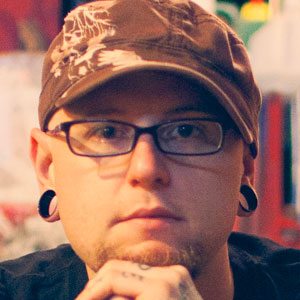
About Chris Grosso
Chris Grosso is an independent culturist, spiritual aspirant, recovering addict, professor with en*theos Academy and author of Indie Spiritualist: A No Bullshit Exploration of Spirituality. He writes for Huffington Post, Rebelle Society, Origin Magazine and Mantra Yoga + Health Magazine. A self-taught musician, Chris has been writing, recording, and touring since the mid 90s.
-
Normal Crazy vs. Extra Crazy: Disarming Your Defensive States
When we feel safe, we are usually comfortably social with ourselves and others. When we feel threatened, our nervous systems (our adaptive unconscious, our Shadow selves) can generate defensive states to protect us. These states amplify or numb emotions, distort perspectives, pump out destructive impulses, and diminish self-reflection and empathy. Watch as Dr. Keith Witt offers some valuable guidance to help you disarm these defensive states whenever they arise for you.

About Keith Witt
Dr. Keith Witt is a Licensed Psychologist, teacher, and author who has lived and worked in Santa Barbara, CA. for over forty years. Dr. Witt is also the founder of The School of Love.
-
Monkey Mind (And Other Kinds of Animal Intelligence)
How much consciousness do animals possess?
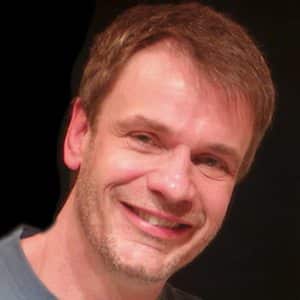
About Jeff Salzman
Jeff Salzman worked with Ken Wilber for several years in building the Integral Institute. He is a co-founder of Boulder Integral, the first bricks-and-mortar venue dedicated to the development of integral consciousness. These days Jeff provides integrally-inspired commentary on politics and culture on Integral Life and The Daily Evolver.
-
Finding Sanity in the Post-Truth Era
Dr. Keith Witt talks about our shared emotional reactions to the election and ongoing cultural upheavals, and some strategies help us not only cope, but actually grow through these times.

About Keith Witt
Dr. Keith Witt is a Licensed Psychologist, teacher, and author who has lived and worked in Santa Barbara, CA. for over forty years. Dr. Witt is also the founder of The School of Love.
-
Lifestyle and Mental Health: Restoring Sanity in the 21st Century
Roger Walsh describes eight of the most crucial lifestyle-based approaches to help restore balance and sanity to our frantic 21st-century lives.
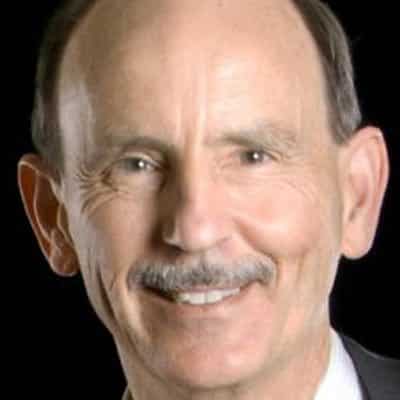
About Roger Walsh
Roger Walsh, M.D., Ph.D., has spent nearly a quarter century researching and practicing in the world's great spiritual traditions. His critically acclaimed book, Essential Spirituality, is a summary of that wisdom, outlining the seven spiritual practices common to the world's major religions.
-
Race, Rooted Cosmopolitanism, and Hope in the 21st Century
The political storm that has visited the United States over the past few years have exposed a number of crises: cultural, political, and environmental. One of these crises is our society’s ongoing struggles with how we define and treat one another according to our ideas of “race.” The moment is ripe for bringing together healthier understandings of ethnic identity that can replace the largely toxic idea of race from our past. In this episode of Psychology Now, special guest Greg Thomas joins co-host Mark Forman to discuss these issues.
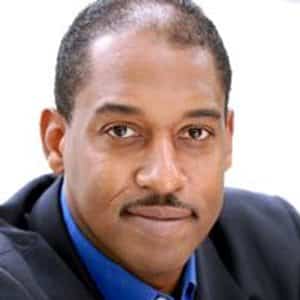
About Greg Thomas
Greg Thomas has over 25 years of experience as a writer, producer, broadcaster and educator, and has been featured in publications as various as The Root, All About Jazz, Salon, London's Guardian Observer, the Village Voice, Africana, American Legacy, Savoy, New York's Daily News as well as the scholarly journal Callaloo. He was the Editor-in-Chief of Harlem World magazine from 2003-2006.
-
Growing, Relating, Connecting: An Integral Tour of Couples Therapy
In this episode of Psychology Now, Dr. Keith and Dr. Mark dive into the wide world of couples therapy and relationships, using the Integral lens to locate some of the deeper principles and key insights that leading couples therapists’ employ to help couples develop loving, growth-orientated, grounded relationships. Includes six key practices that you can try right now to enhance your relationship.

About Keith Witt
Dr. Keith Witt is a Licensed Psychologist, teacher, and author who has lived and worked in Santa Barbara, CA. for over forty years. Dr. Witt is also the founder of The School of Love.
-
Psychedelics in Psychotherapy
Special guest Dr. Elliott Ingersoll joins Doctors Keith Witt and Mark Forman to share their personal and professional experiences with psychedelics while reviewing relevant research, current practices, and the amazing potentials of these treatments. Therapists need as many tools as possible to remediate symptoms, enhance health, and support development. The way we see it therapies utilizing psychedelics will become increasingly available and likely useful in the years to come.

About Elliott Ingersoll
Elliott Ingersoll is a licensed psychologist and clinical counselor in Ohio. He is professor of counseling/ counseling psychology and “Distinguished Faculty Member” at Cleveland State University. His research interests span a broad spectrum including psychopathology, mental health diagnosis, psychopharmacology, and spirituality in counseling and psychotherapy.
-
Into the Void and Back Again: Understanding and Recovering From Depression
Depression is a powerful mood disorder and – after anxiety – the most prevalent of all mental health challenges. In this episode of Psychology Now, Dr. Witt and Dr. Forman dive deeply into the topic of depression, and how our struggles with depression can lead to deepened commitment to change, heightened self-understanding, and increased empathy for the suffering of others.

About Keith Witt
Dr. Keith Witt is a Licensed Psychologist, teacher, and author who has lived and worked in Santa Barbara, CA. for over forty years. Dr. Witt is also the founder of The School of Love.
-
The Universal Dream: Seeing Dreams In Multiple Perspectives
Dr. Witt and Dr. Forman dive deeply into the world of dreaming, exploring the neurobiology and function of dreams, the history and basics of dream work in psychotherapy, and some useful tips to help you interpret your own dreams.
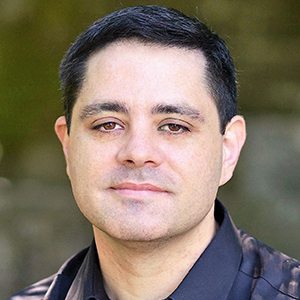
About Mark Forman
Mark Forman, PhD is a licensed clinical psychologist whose text — A Guide to Integral Psychotherapy Complexity, Integration, and Spirituality in Practice – is considered one of the seminal works in the field of Integral Psychotherapy.
-
What Is Your Native Perspective?
A big part of having better relationships is clear and meaningful communication. If you’re interested in improving how you communicate and listen to others, this exercise can provide you with a fresh perspective on the way you communicate and how it shapes your instinctual way of being, seeing, and doing in the world.
-
Putting “Meta” Into Practice: A Look at Integrally-Informed Psychotherapy
Here we explore the emerging art and science of Integrally-informed psychotherapy – an attempt to integrate the best of the major approaches to therapy into a single cohesive model of human psychology.

About Mark Forman
Mark Forman, PhD is a licensed clinical psychologist whose text — A Guide to Integral Psychotherapy Complexity, Integration, and Spirituality in Practice – is considered one of the seminal works in the field of Integral Psychotherapy.
-
Relationships in Therapy, Relationships in Life
In this episode of Psychology Now, Dr. Witt and Dr. Forman dive specifically into the therapeutic relationship and describe how it functions as the medium of healing and transformation in psychotherapy.

About Keith Witt
Dr. Keith Witt is a Licensed Psychologist, teacher, and author who has lived and worked in Santa Barbara, CA. for over forty years. Dr. Witt is also the founder of The School of Love.
-
The Spectrum of Brokenness: What to Do When You’re Dealing With a Personality Disorder
Nearly 1 in 10 people possess some form of personality disorder. Which means there’s a very good chance that you will encounter someone with this disorder at some point in your life… if you haven’t already. They might be your boss, your lover, your parent, your spiritual teacher, or even your presidential candidate. How can we engage these personalities with care and compassion, while remaining fully attentive to our own personal boundaries? Listen to find out!

About Keith Witt
Dr. Keith Witt is a Licensed Psychologist, teacher, and author who has lived and worked in Santa Barbara, CA. for over forty years. Dr. Witt is also the founder of The School of Love.
-
Human 101: The Psychology of the Future
How can we formulate an approach to psychology that honors and embraces every legitimate aspect of human consciousness and pulls these multiple aspects together into a single coherent model of the human mind? Watch as Ken Wilber offers one of the finest and most complete summaries of an Integral approach to psychology he has ever recorded, while suggesting how a more comprehensive understanding of human consciousness can help shape a better, kinder, and more sustainable future.

About Ken Wilber
Ken Wilber is a preeminent scholar of the Integral stage of human development. He is an internationally acknowledged leader, founder of Integral Institute, and co-founder of Integral Life. Ken is the originator of arguably the first truly comprehensive or integrative world philosophy, aptly named “Integral Theory”.
-
In The Belly of The Whale: Joseph Campbell and The Hero’s Journey
In this conversation with Dr. Keith Witt and Jeff Salzman we explore the gift of Campbell’s formulation of The Hero’s Journey — Campbell’s name for the basic pattern of the great myths, which turns out to be a guide for our own lives.

About Keith Witt
Dr. Keith Witt is a Licensed Psychologist, teacher, and author who has lived and worked in Santa Barbara, CA. for over forty years. Dr. Witt is also the founder of The School of Love.
-
Knowing Your Shadow: Healing the Broken Self
Exploring the full spectrum of disassociated shadow material in our lives (pain, shame, guilt, dark emotions, sexual shadows, spiritual shadows, etc.) and the ways that we can begin cleaning up and reintegrating these splintered pieces of our psyche, Robert Augustus Masters talks to Ken Wilber about his recent audio course, Knowing Your Shadow.
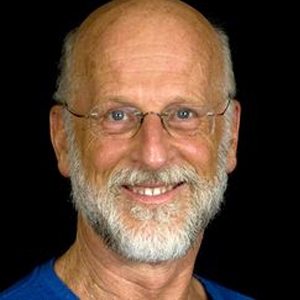
About Robert Masters
Robert Augustus Masters, PhD, is a relationship expert, a spiritual teacher, and a psychospiritual guide, with a doctorate in psychology. He is the cofounder, with his wife Diane, of the Masters Center for Transformation (MCT), a school featuring relationally-rooted psychospiritual work devoted to deep healing and fully embodied awakening. A substantial portion of his work involves training MCT practitioners. He is also the author of thirteen books, including Transformation Through Intimacy and Spiritual Bypassing.
-
In Over Our Heads: Development as a Lifelong Journey
Dr. Kegan talks with Ken Wilber about his landmark book In Over Our Heads, exploring the many ways our cultural lack of developmental perspectives is actively inhibiting development itself, leaving the majority of us ill-equipped to meet the demands of our 21st century lives.
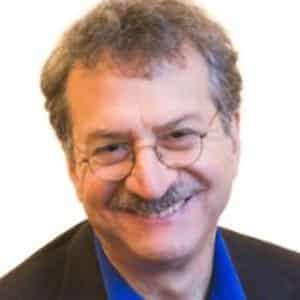
About Robert Kegan
Dr. Robert Kegan is nothing short of the academic ambassador of human development. As a Harvard-trained developmental psychologist, Kegan is best known for championing the idea that there is life after adolescence; that adult mental development need not end at age twenty; that adults may, indeed must, continue to develop throughout adulthood. He single-handedly transformed epistemology, often considered a dry, academic exercise, into a dynamic event by helping us understand that it is not what we think, but rather how we think.
-
Spiritual Intelligence: Measuring the Infinite
Cindy Wigglesworth and Ken Wilber explore the history of human intelligence research, beginning with the well-known ideas of IQ and EQ (emotional intelligence), noting their impact on our personal relationships and careers.

About Cindy Wigglesworth
Cindy Wigglesworth, MA is the author of SQ21: The Twenty-One Skills of Spiritual Intelligence (SelectBooks, Oct.2012) and is the creator of the SQ21™ Spiritual Intelligence self-assessment. Cindy founded her business, now called Deep Change, in 2000 after working at ExxonMobil for 20 years in Human Resources management. She teaches leadership development and focuses on the multiple intelligences required for success in our personal and professional lives. She trains executive and life coaches, therapists and spiritual directors to use her SQ21 tool in their practices.
-
Albert Murray’s Lines of Cultural Development
Greg Thomas explores the fascinating intersection between the work of Albert Murray and Integral Theory.

About Greg Thomas
Greg Thomas has over 25 years of experience as a writer, producer, broadcaster and educator, and has been featured in publications as various as The Root, All About Jazz, Salon, London's Guardian Observer, the Village Voice, Africana, American Legacy, Savoy, New York's Daily News as well as the scholarly journal Callaloo. He was the Editor-in-Chief of Harlem World magazine from 2003-2006.
-
Atlas Evolved: The Life and Loves of Nathaniel Branden
Nathaniel Branden, Ayn Rand’s former lover and the inspiration for her famous John Galt character, was at ground zero during the rise of the Objectivist movement. Listen as Nathaniel offers an intimate insider’s view of the origins, major contributions, and inevitable limitations of Rand’s philosophy and the intellectual movement it sparked. Masterfully hosted by Ken Wilber, this talk offers invaluable insight into Ayn Rand’s legacy, the human potential movement, romantic love, self-esteem, self-transcendence, and the art of conscious living.
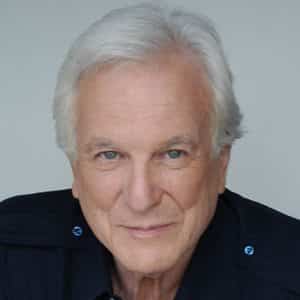
About Nathaniel Branden
Psychologist and philosopher Nathaniel Branden, Ph.D. is a founding member of Integral Institute and author of twenty books on the psychology of self-esteem, romantic love, and the life and thought of Objectivist philosopher Ayn Rand. His work has been translated into 18 languages and has sold over 4 million copies, and includes such titles as Taking Responsibility, The Art of Living Consciously, A Woman's Self-Esteem, and the 1969 classic, The Psychology of Self-Esteem.
-
The Shadow Vignettes: A Tale of Reintegration in Six Parts
Ken Wilber offers what’s got to be one of his most hilarious teachings to date. His focus is on shadow, but this time he adopts a more practice-oriented perspective, offering examples of shadow at each of six levels of development—featuring conversations with a stripper, a monster, a man burning in eternal flame, a radiant being, an oil tanker, and Gaia. As for what these conversations entail, you’ll just have to experience them yourself….

About Ken Wilber
Ken Wilber is a preeminent scholar of the Integral stage of human development. He is an internationally acknowledged leader, founder of Integral Institute, and co-founder of Integral Life. Ken is the originator of arguably the first truly comprehensive or integrative world philosophy, aptly named “Integral Theory”.
-
The Seeker’s Guide to Self-Deception
Ken Wilber discusses the many kinds of self, the nature of identity and enlightenment, and the spectrum of deceit that keeps us from knowing who we really are.

About Ken Wilber
Ken Wilber is a preeminent scholar of the Integral stage of human development. He is an internationally acknowledged leader, founder of Integral Institute, and co-founder of Integral Life. Ken is the originator of arguably the first truly comprehensive or integrative world philosophy, aptly named “Integral Theory”.
-
Perls of Wisdom: Introflection, Retroflection, and Other Games People Play
Ken Wilber offers insight into the high-level features of two major therapeutic approaches, the role that a defense called “retroflection” plays in the process of projection, and some of the ways in which we can objectify the role-based psychological games we play while interacting with each other.

About Ken Wilber
Ken Wilber is a preeminent scholar of the Integral stage of human development. He is an internationally acknowledged leader, founder of Integral Institute, and co-founder of Integral Life. Ken is the originator of arguably the first truly comprehensive or integrative world philosophy, aptly named “Integral Theory”.
-
Consciousness Explained Better
Allan Combs, a pioneer of Integral thought and practice whose name may be familiar if you’ve ever heard of the “Wilber-Combs lattice”, speaks with Ken about a better way to explain the mystery of consciousness.

About Allan Combs
Allan Combs is a Professor of Transformative Studies at the California Institute of Integral Studies.and director of the Integral Focus of the doctoral program. His background is in consciousness studies, neuropsychology, and systems science. His recent book, Consciousness Explained Better, is available at major booksellers everywhere.
-
The Power of Premonitions
More than an examination of case studies, The Power of Premonitions reveals the world of science and research that proves the human capacity for knowing the future. Experiments consistently show that human beings are as wired to know what’s coming next as we are to see, feel, hear and think. Dossey uses cutting-edge science to prove the value of what had long been considered the provenance of mystic charlatans and to show readers how to cultivate their natural abilities.
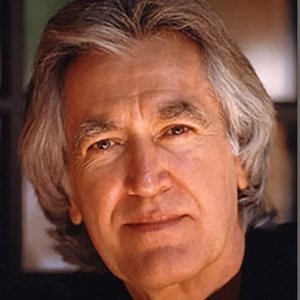
About Larry Dossey
This tall and distinguished Texas physician, deeply rooted in the scientific world, has become an internationally influential advocate of the role of the mind in health and the role of spirituality in healthcare. Bringing the experience of a practicing internist and the soul of a poet to the discourse, Dr. Larry Dossey offers panoramic insight into the nature and the future of medicine.
-
Indigenous Cultures in the Modern World
A published author in the areas of trauma, group counseling, and applied Integral theory in counseling ethics engages Ken Wilber on why it’s so difficult to find Integrally-minded individuals in the indigenous peoples of his native British Colombia—an issue experienced globally, but expressed here as deep interest and care for those living in a modern Canada.
-
Telling the Story of Development
Susanne Cook-Greuter, one of the most important developmental psychologists working today, shares her path from a working-class family in Switzerland to academic excellence and innovation at Harvard University, exploring the higher stages of consciousness available to us all. She then shares her thoughts on the current state of academia and the culture at large, and why it‘s so important to encourage flourishing at every stage of development alongside the invitation to keep growing.

About Susanne Cook-Greuter
Dr. Susanne Cook-Greuter, born in Switzerland, is an internationally known authority on mature adult development, continuing the work of developmental pioneer Jane Loevinger. Her thesis, Postautonomous Ego Development (1999), is a landmark study in the characteristics and assessment of highly developed and influential individuals and leaders. She holds a doctorate in education from Harvard University, and is also a founding member of Integral Institute.
-
Introduction to Ego Development
Susanne Cook-Greuter is an internationally recognized researcher in mature ego development and self-actualization. You may have noticed her name alongside Robert Kegan’s, Clare Graves’, and Jane Loevinger’s in Ken’s book, Integral Spirituality. Her sentence completion tests are sophisticated enough to tease out the subtle differences between Teal, Turquoise, Indigo, and Violet altitudes of development.

About Susanne Cook-Greuter
Dr. Susanne Cook-Greuter, born in Switzerland, is an internationally known authority on mature adult development, continuing the work of developmental pioneer Jane Loevinger. Her thesis, Postautonomous Ego Development (1999), is a landmark study in the characteristics and assessment of highly developed and influential individuals and leaders. She holds a doctorate in education from Harvard University, and is also a founding member of Integral Institute.
-
The History of Voice Dialogue
The pioneers of Voice Dialogue (a major component of Genpo Roshi’s Big Mind Process) discuss aging, relationships, and their very first experimental sessions together.
-
The Evolving Self
Dr. Robert Kegan, the author of The Evolving Self and In Over Our Heads, explores the vital role of interior development in creating a more inclusive and integrated world, as well as the importance of the appropriate use of discriminating awareness.

About Robert Kegan
Dr. Robert Kegan is nothing short of the academic ambassador of human development. As a Harvard-trained developmental psychologist, Kegan is best known for championing the idea that there is life after adolescence; that adult mental development need not end at age twenty; that adults may, indeed must, continue to develop throughout adulthood. He single-handedly transformed epistemology, often considered a dry, academic exercise, into a dynamic event by helping us understand that it is not what we think, but rather how we think.
-
A Natural History of Supernormal Powers
Mike Murphy is the leading integral theorist of his generation; Ken Wilber is the leading integral theorist of his. Their conversations are unlike anything you will hear anywhere else. These dialogues are warm, witty, loving, and vibrant. They are not, however, for the intellectually faint of heart.
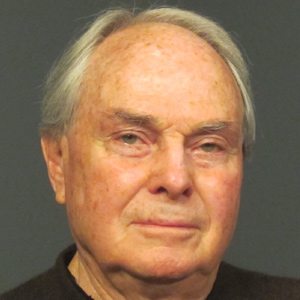
About Mike Murphy
Michael Murphy is the co-founder and chairman of Esalen Institute, and co-creator of Integral Transformative Practice. During his long involvement in the human potential movement, Murphy and his work have been profiled in the New Yorker and featured in many magazines and journals worldwide.



